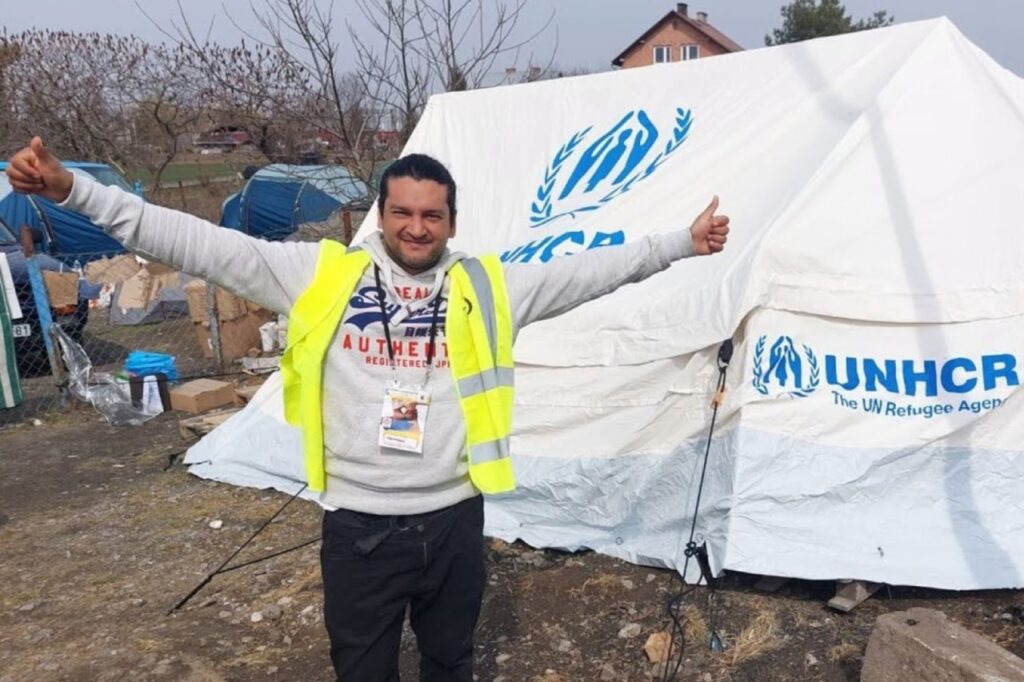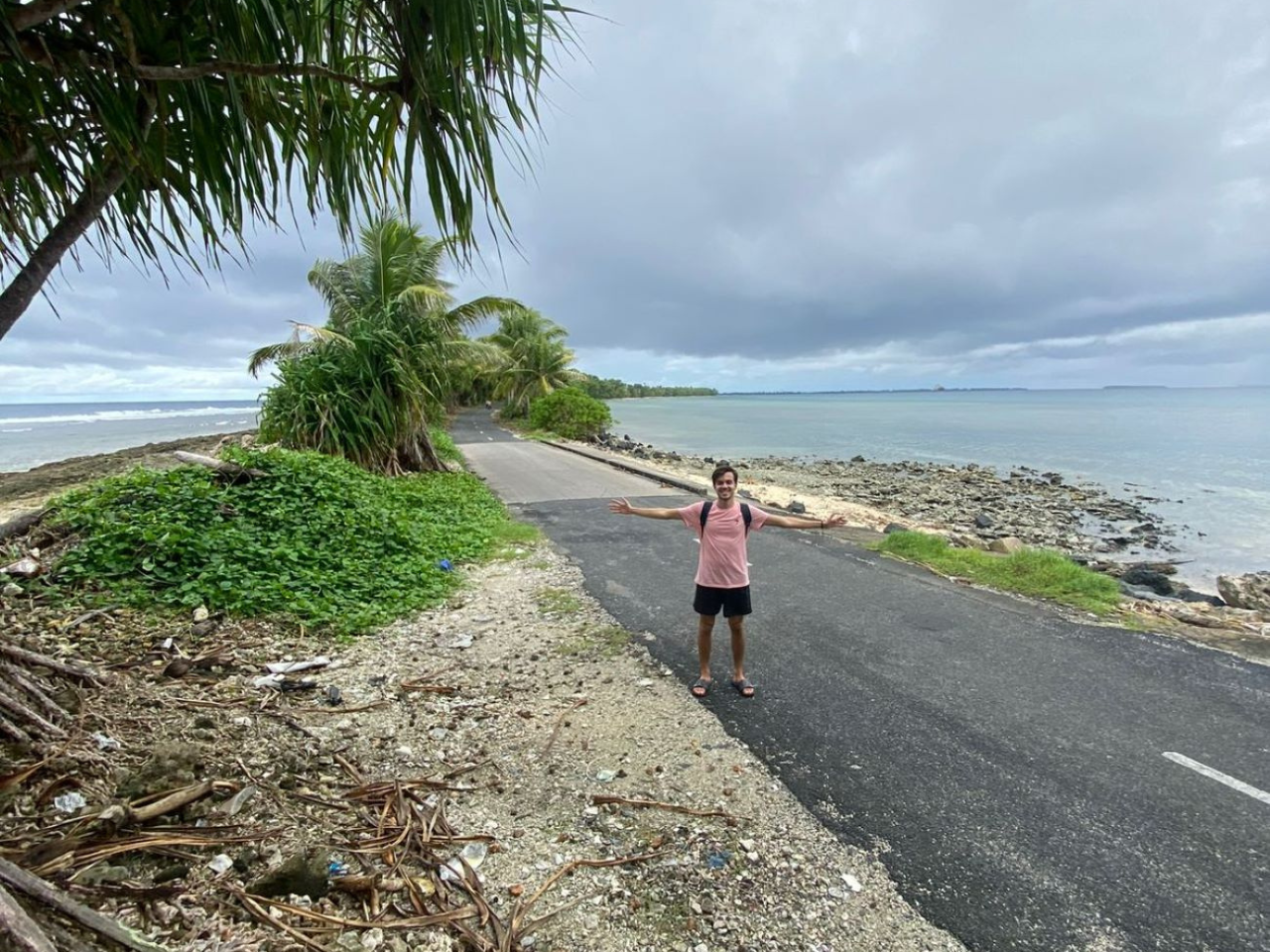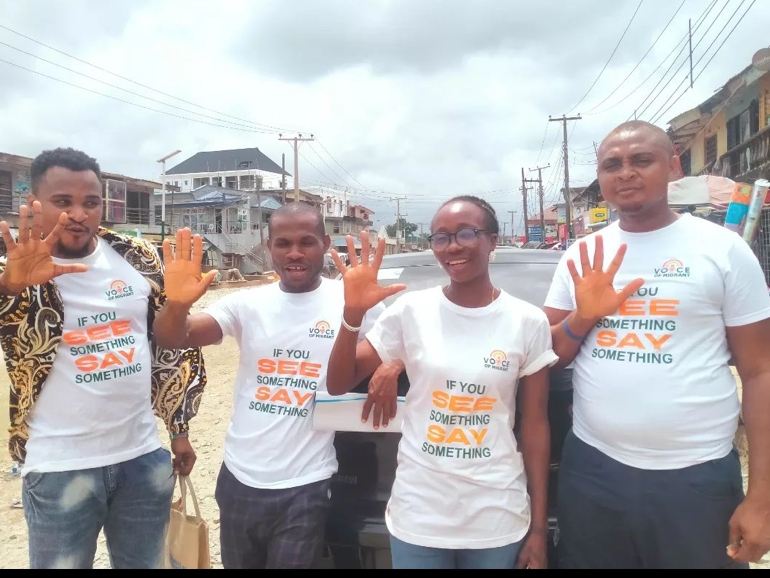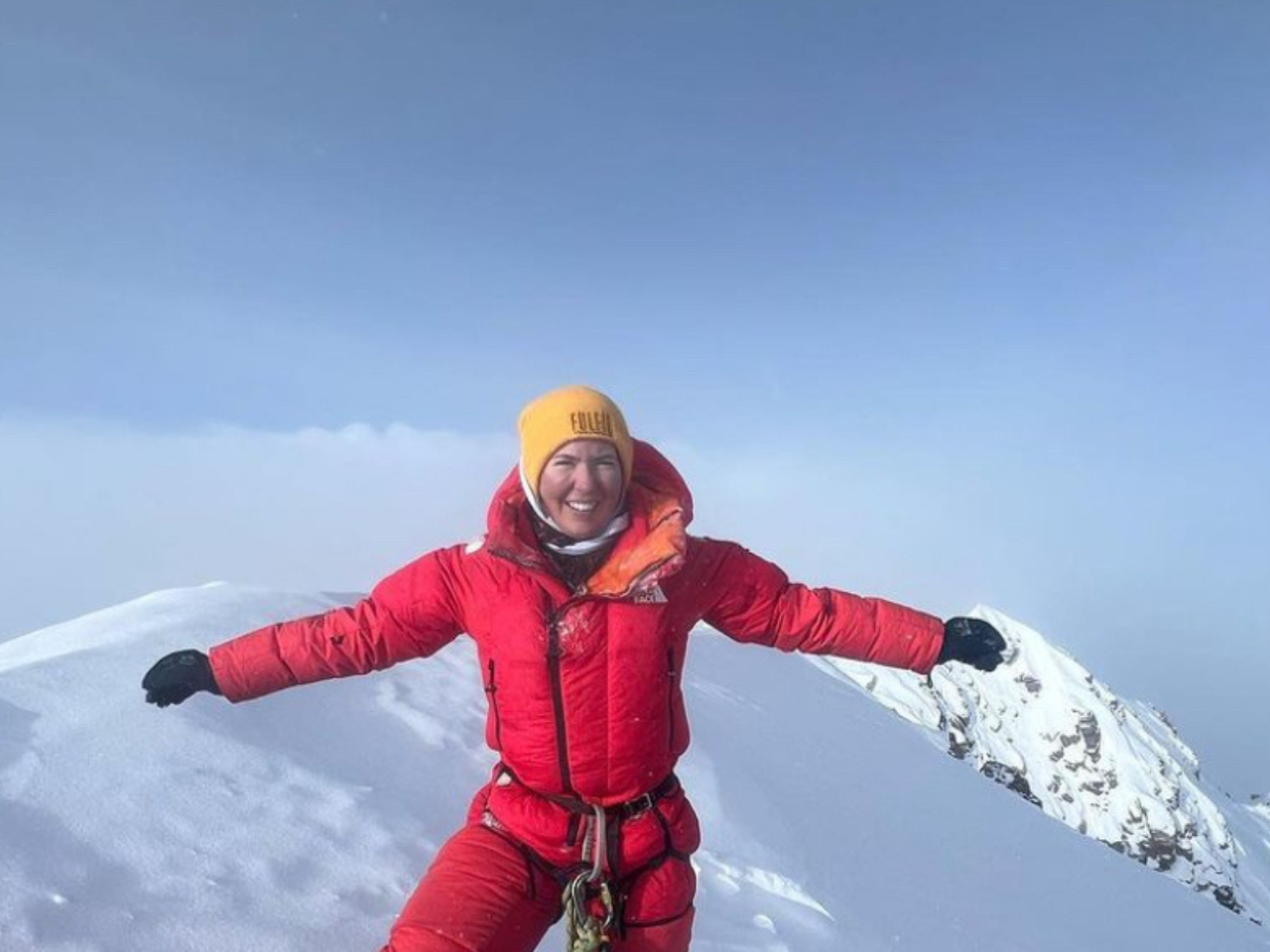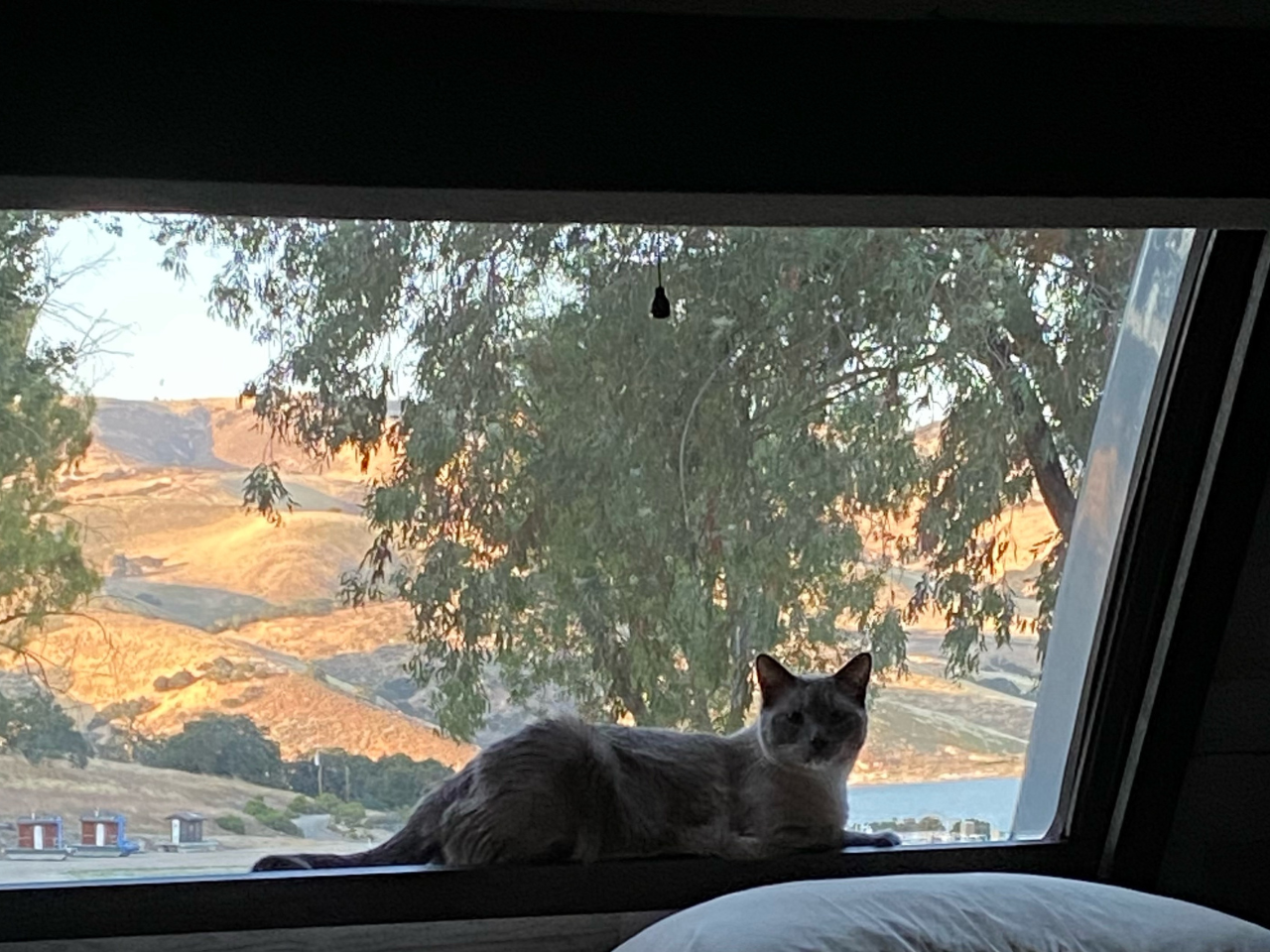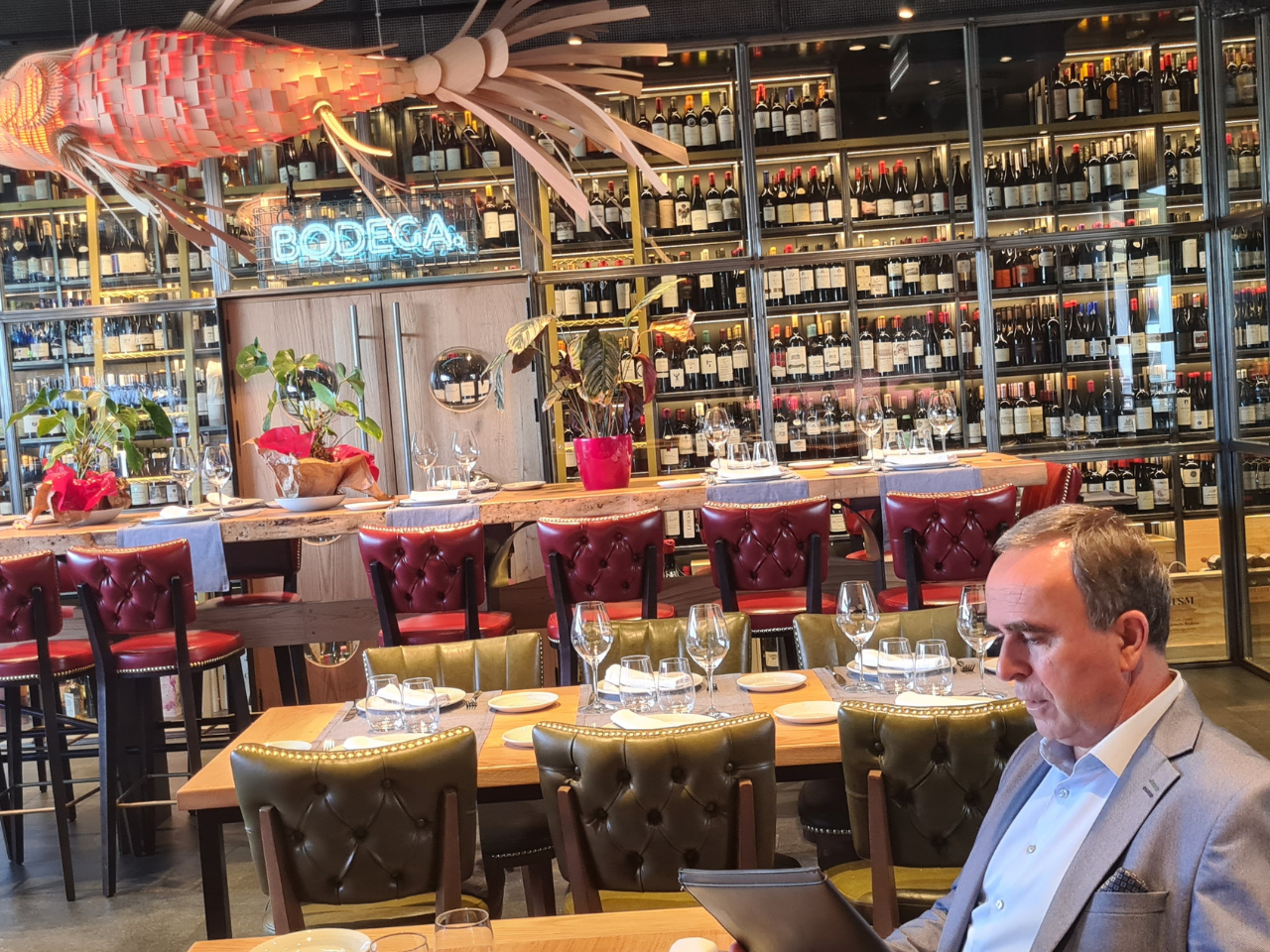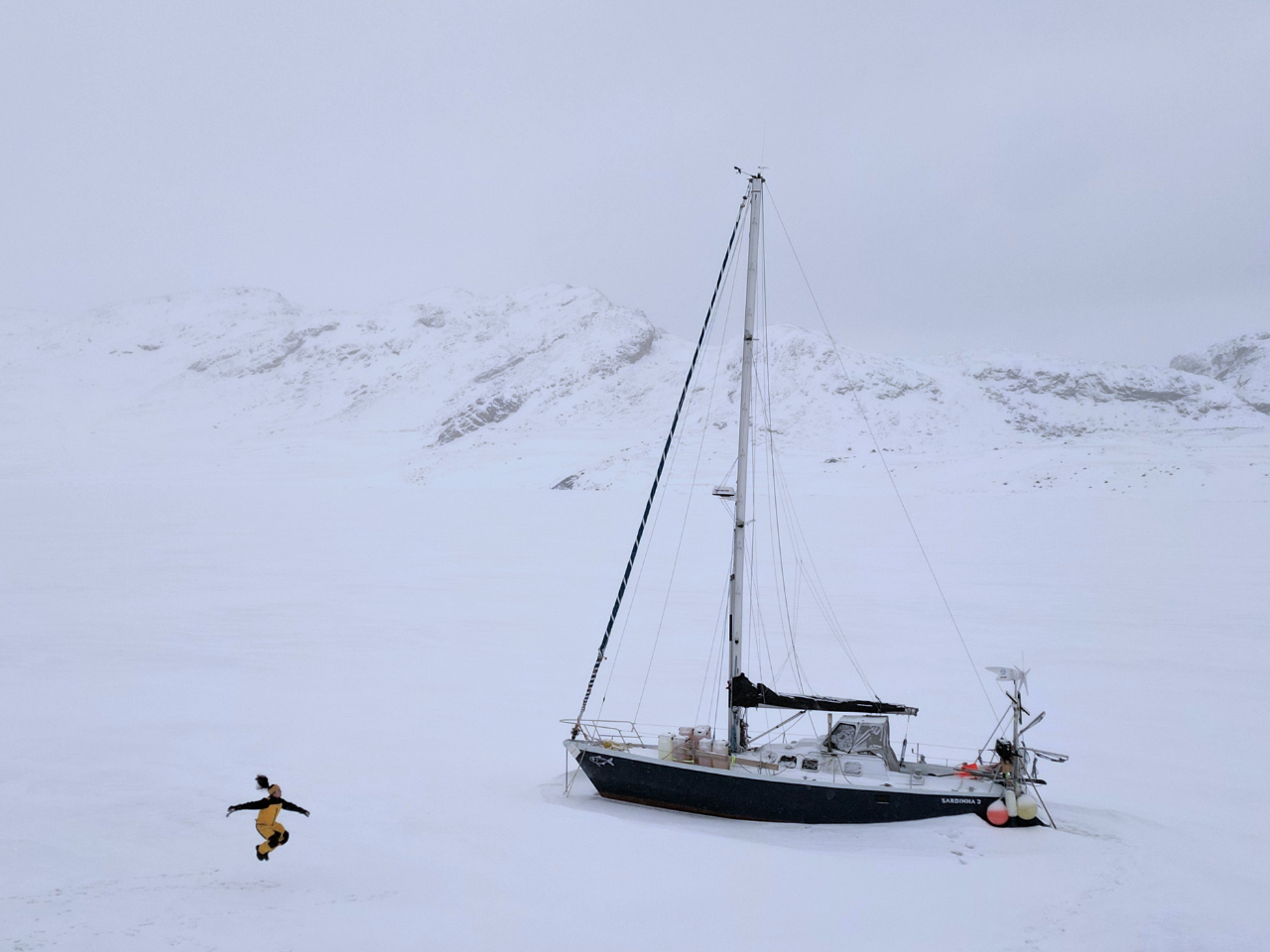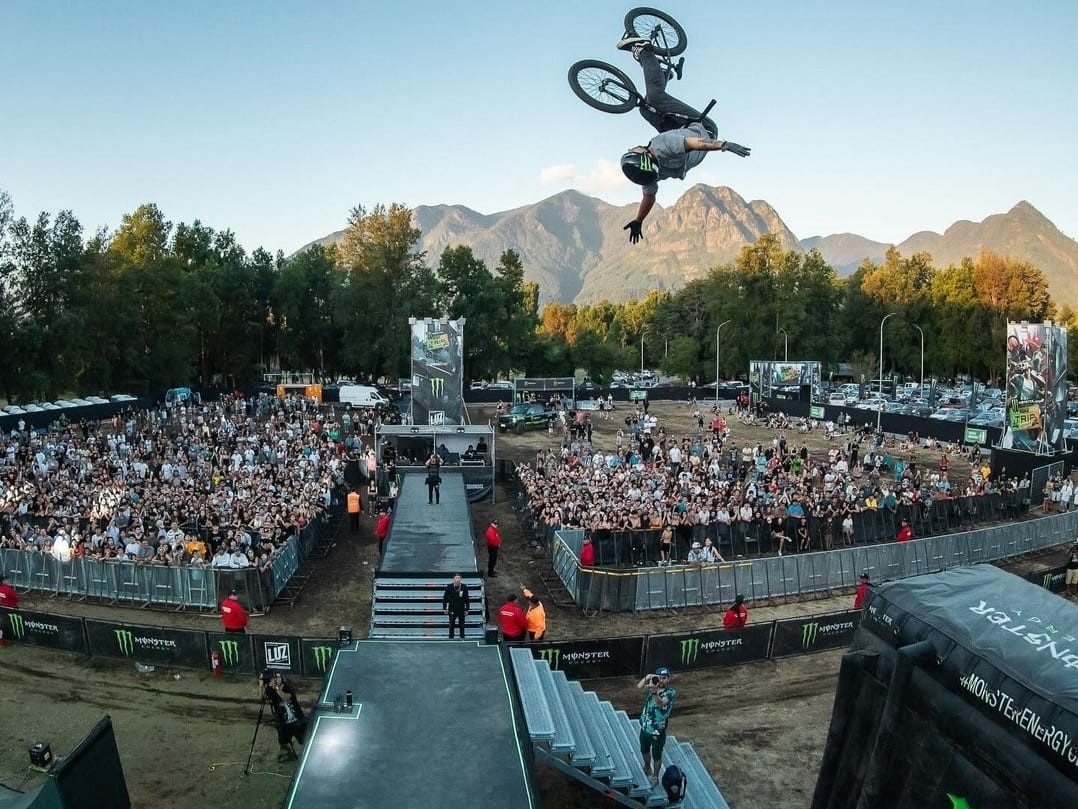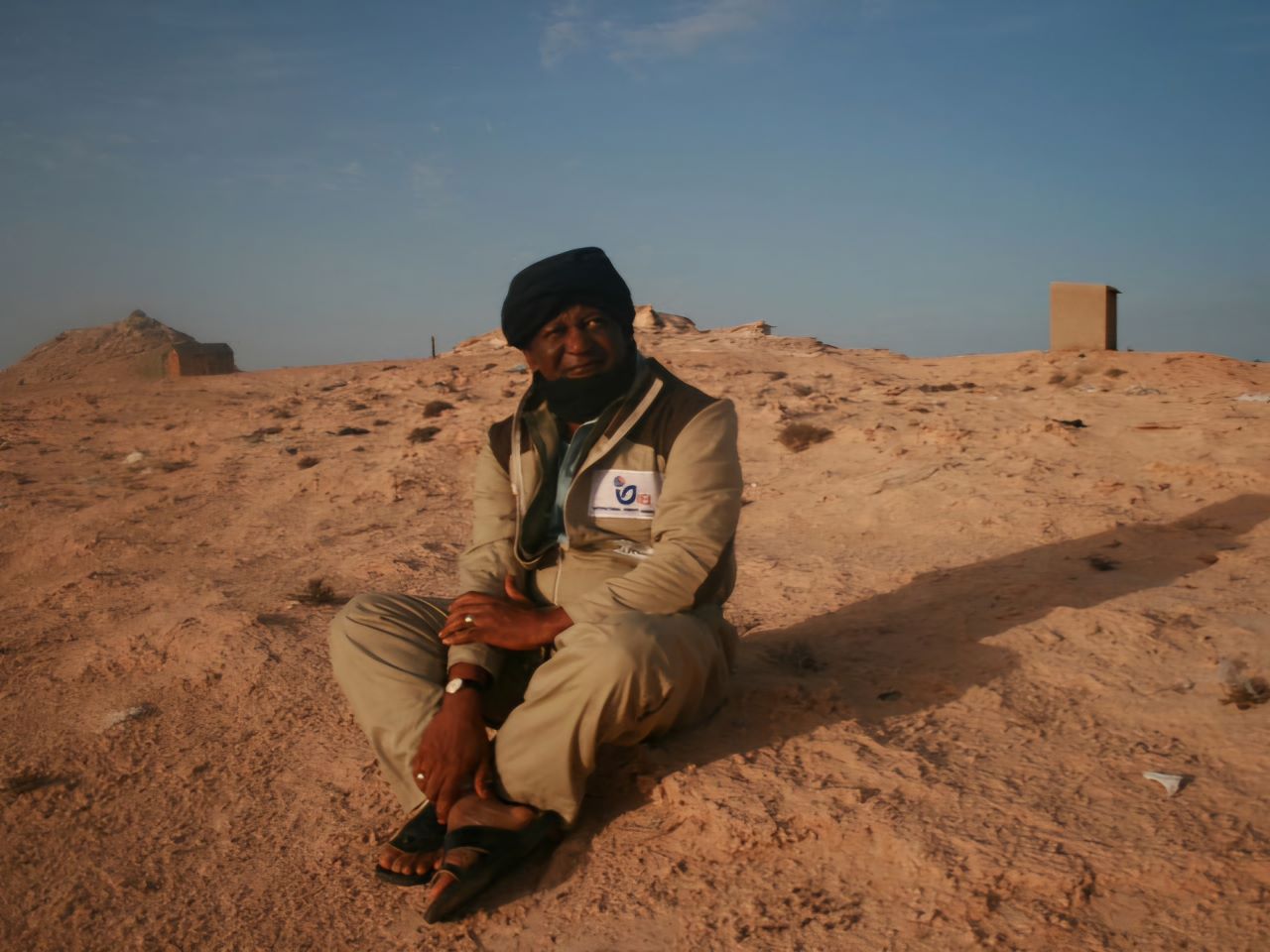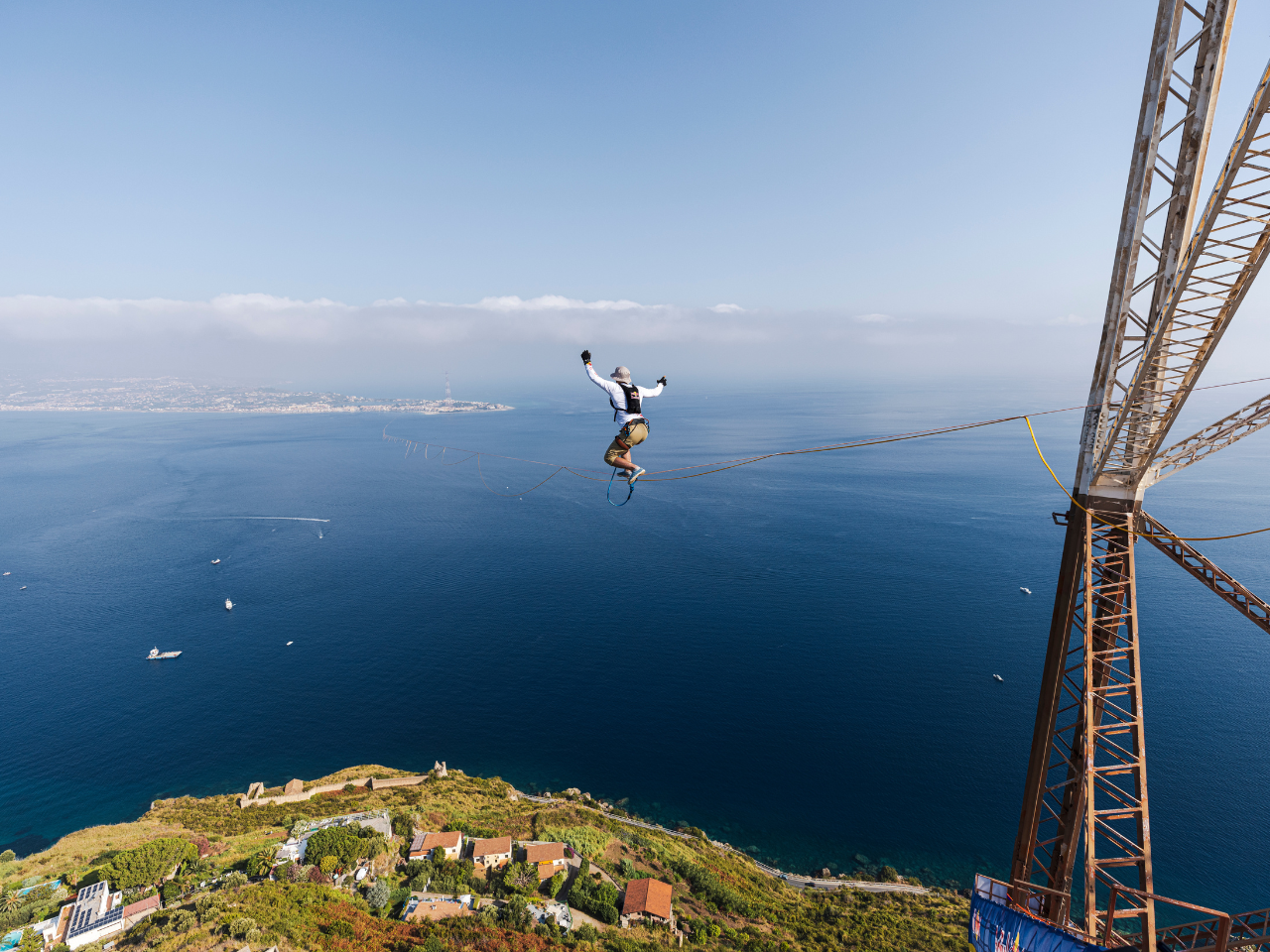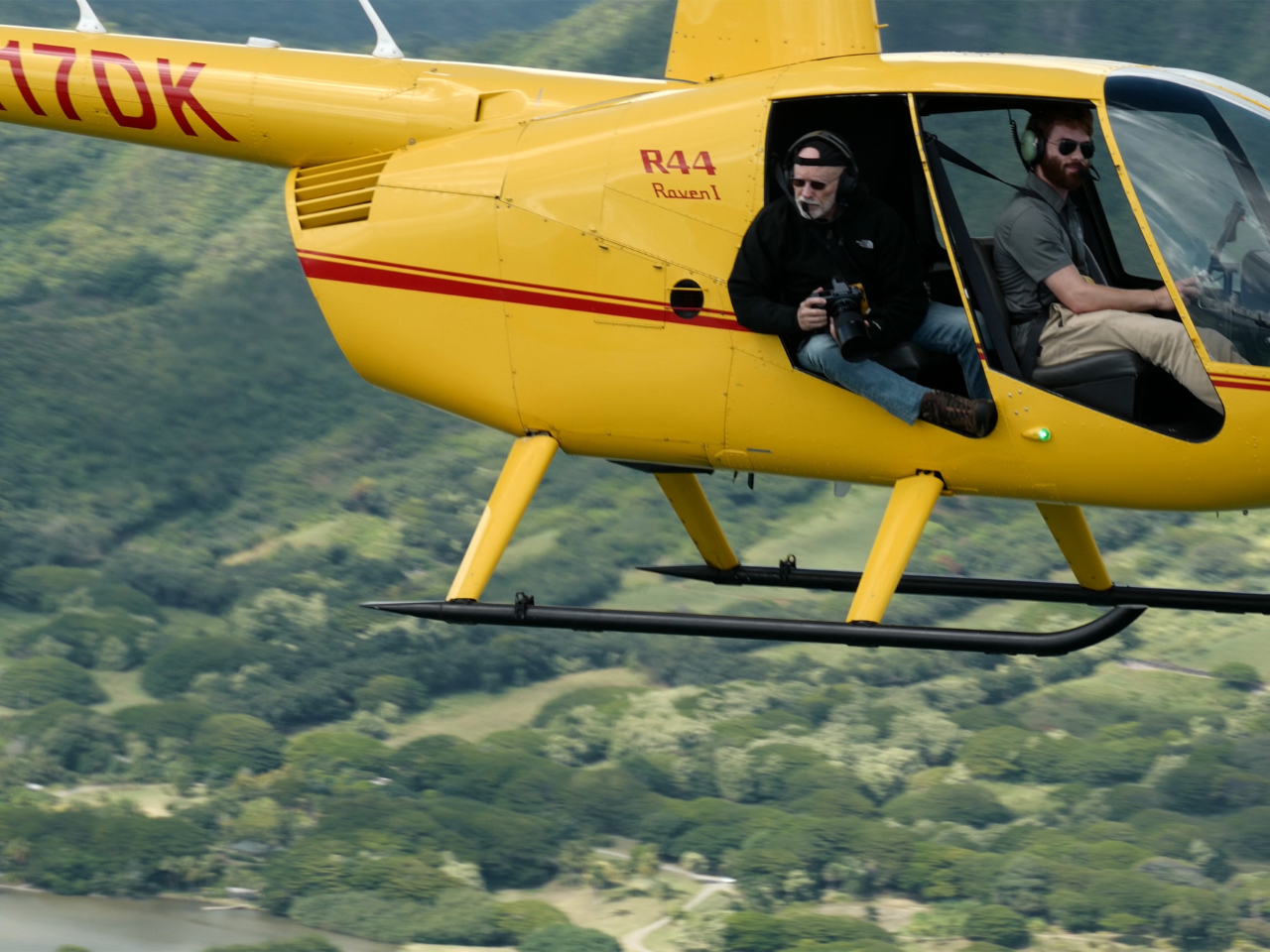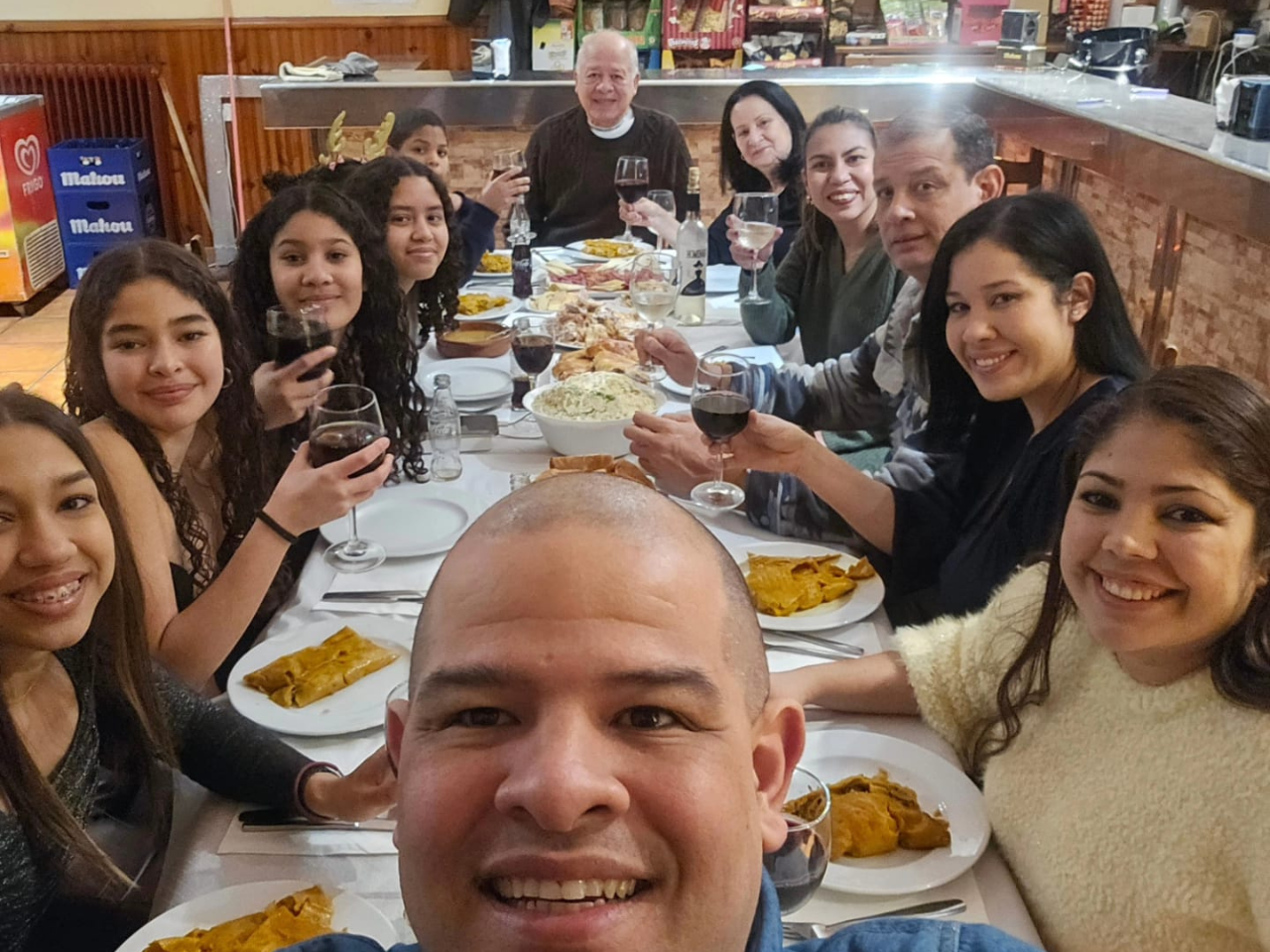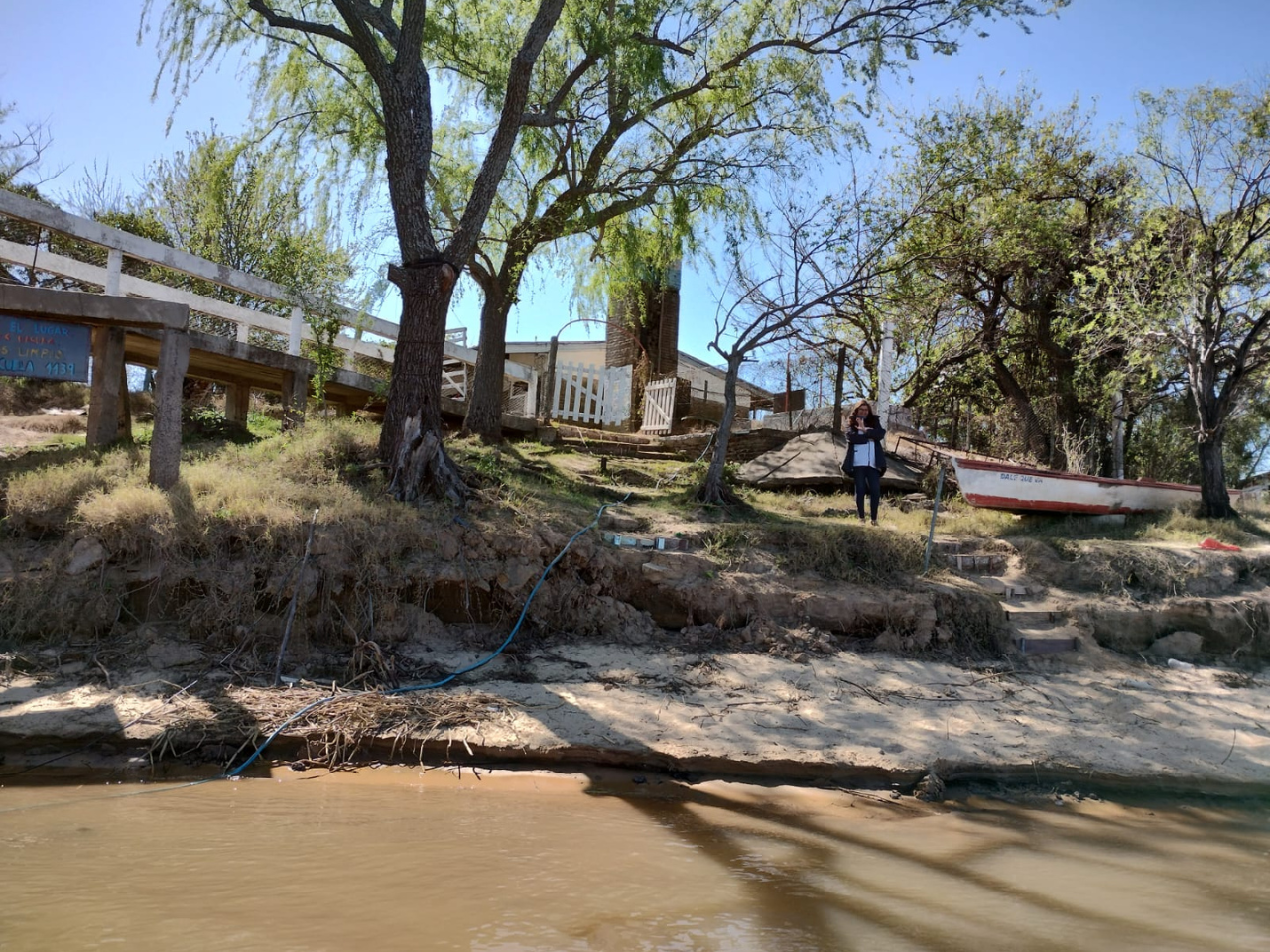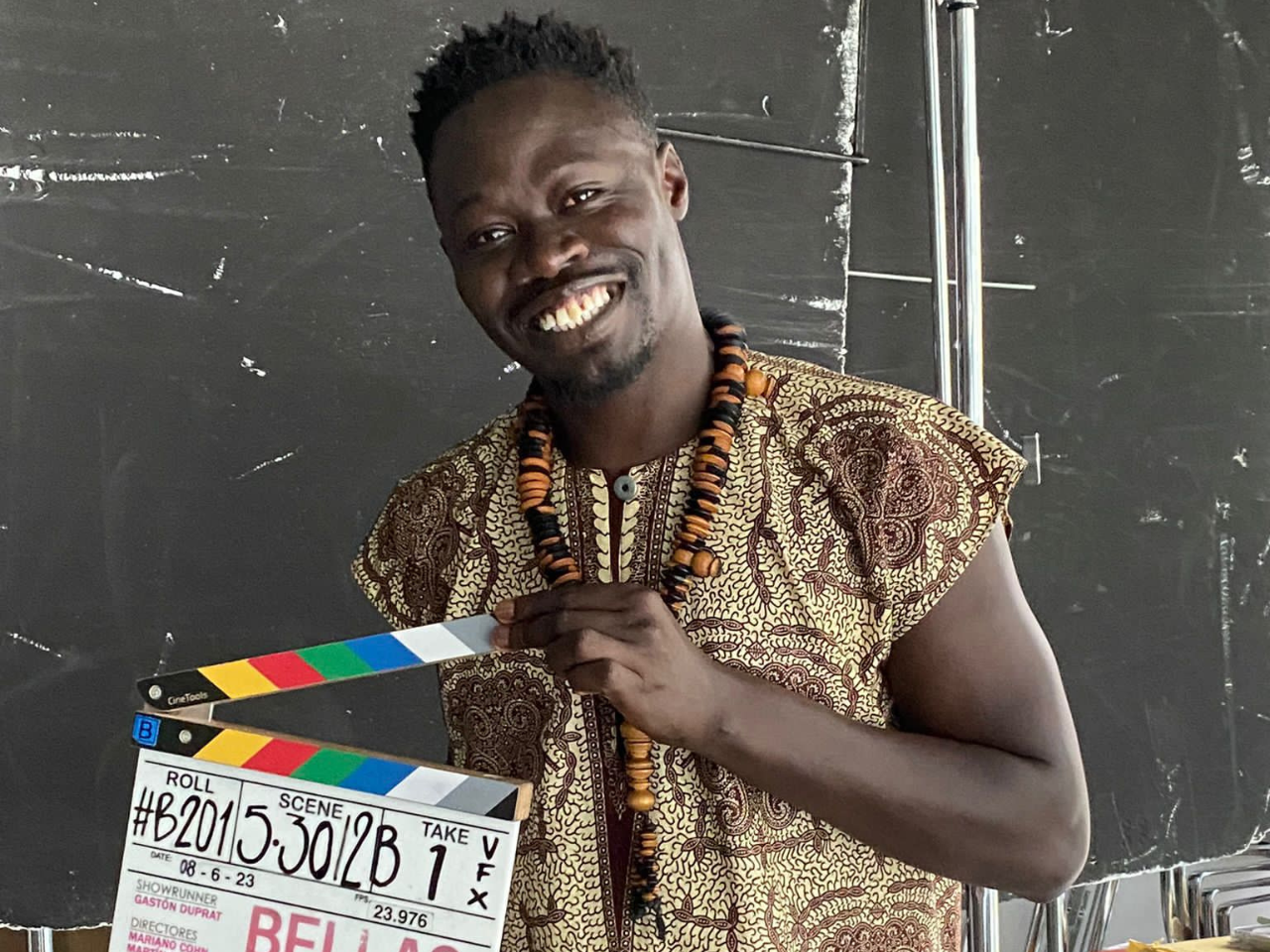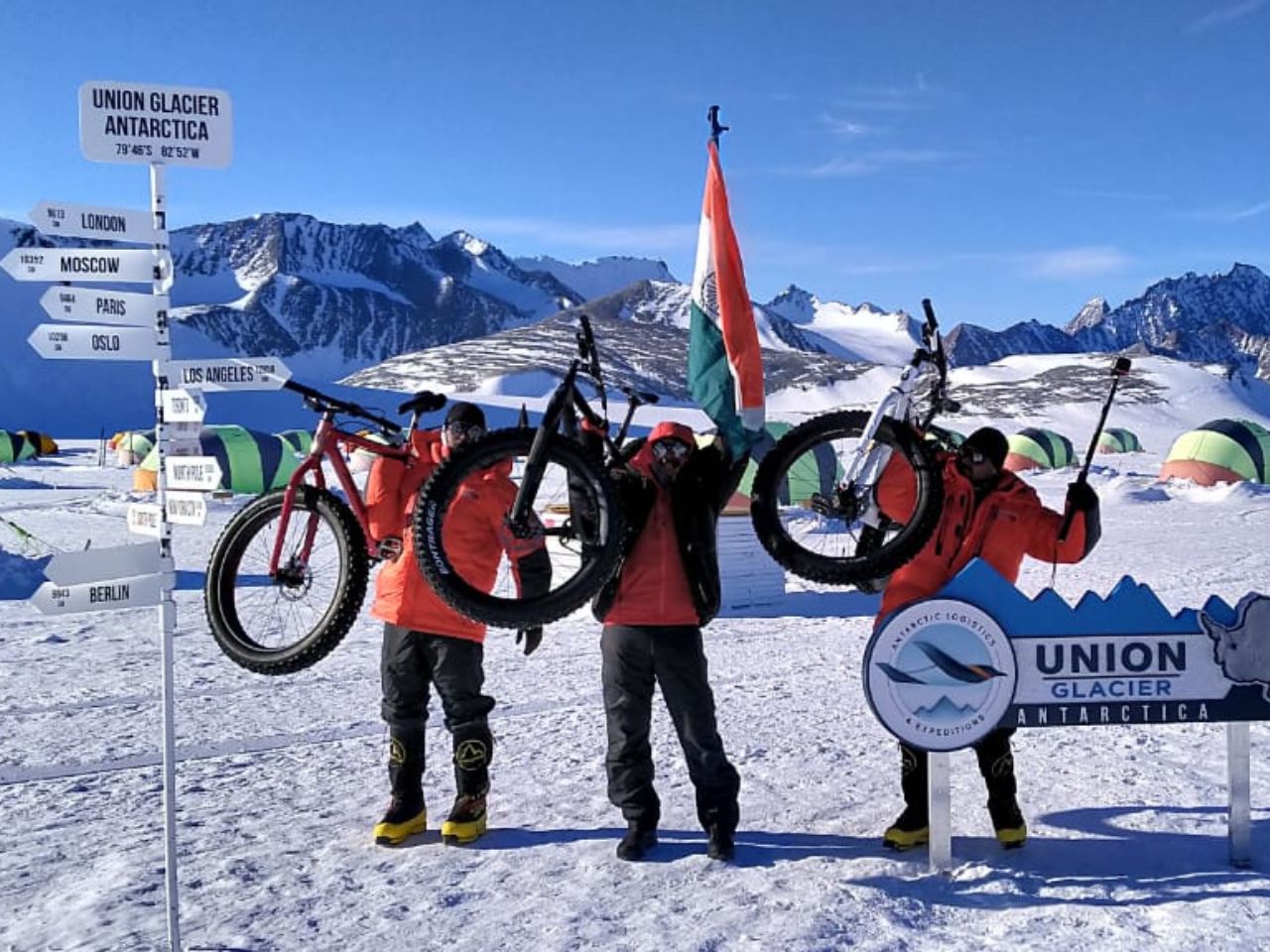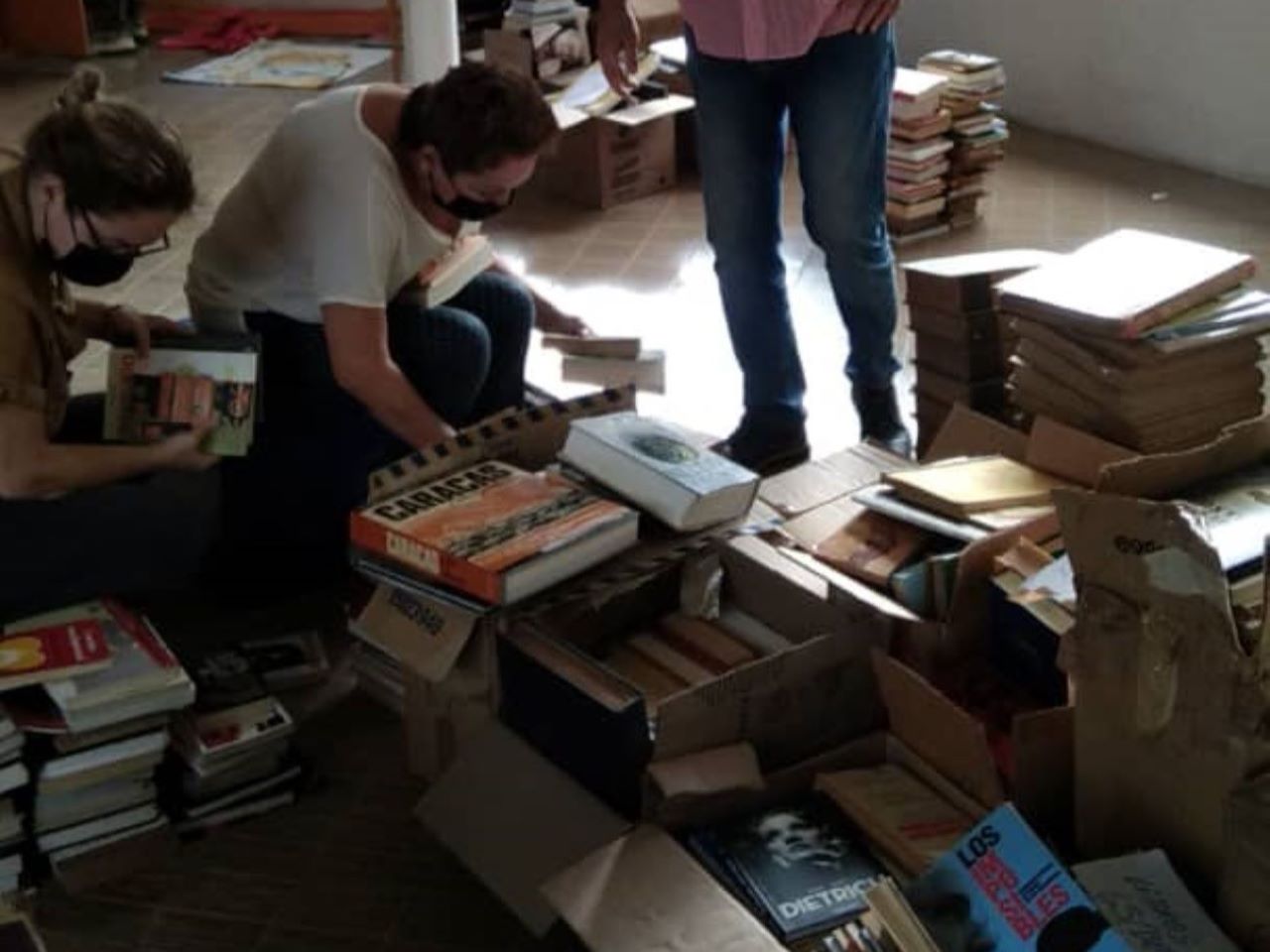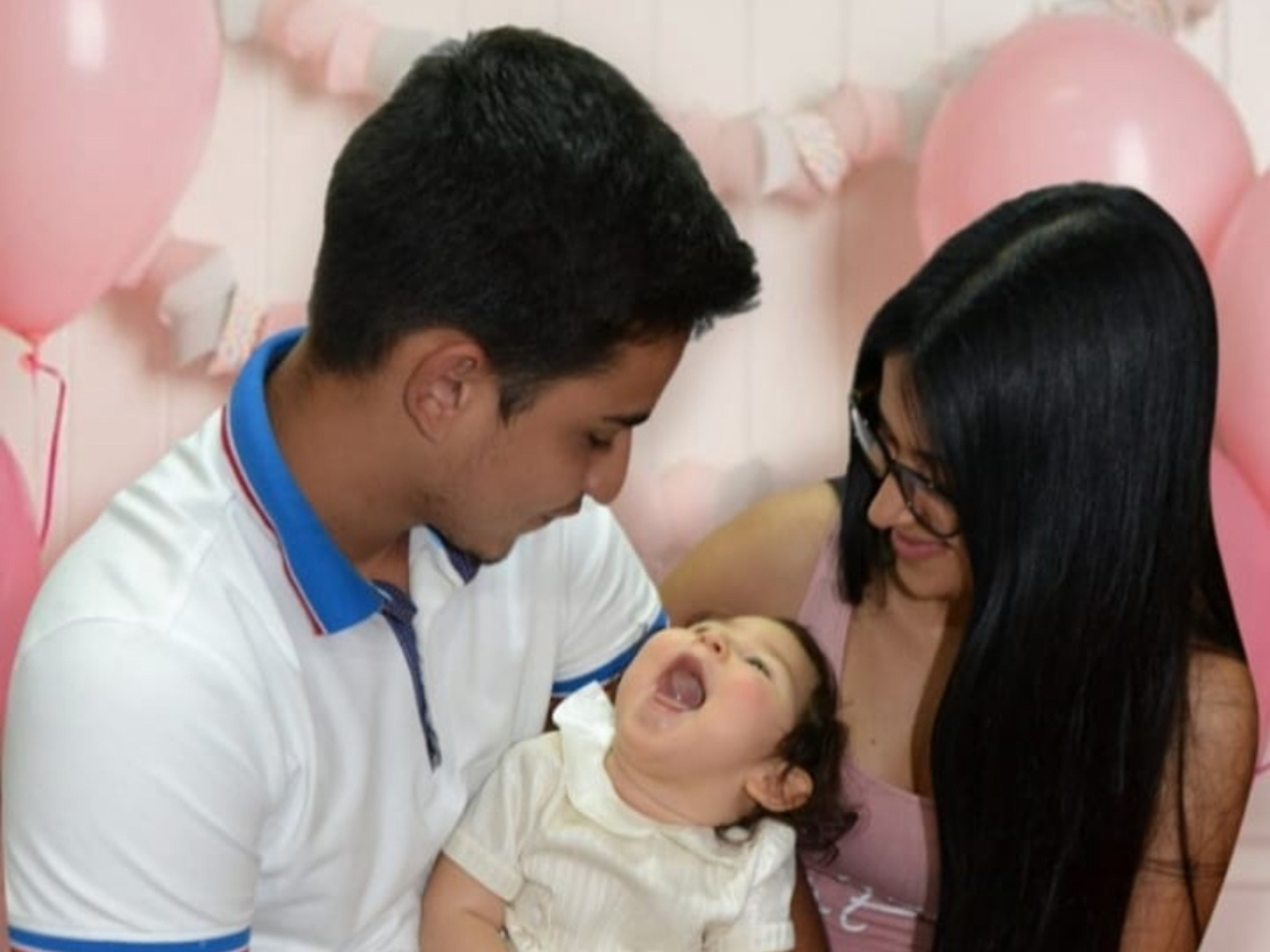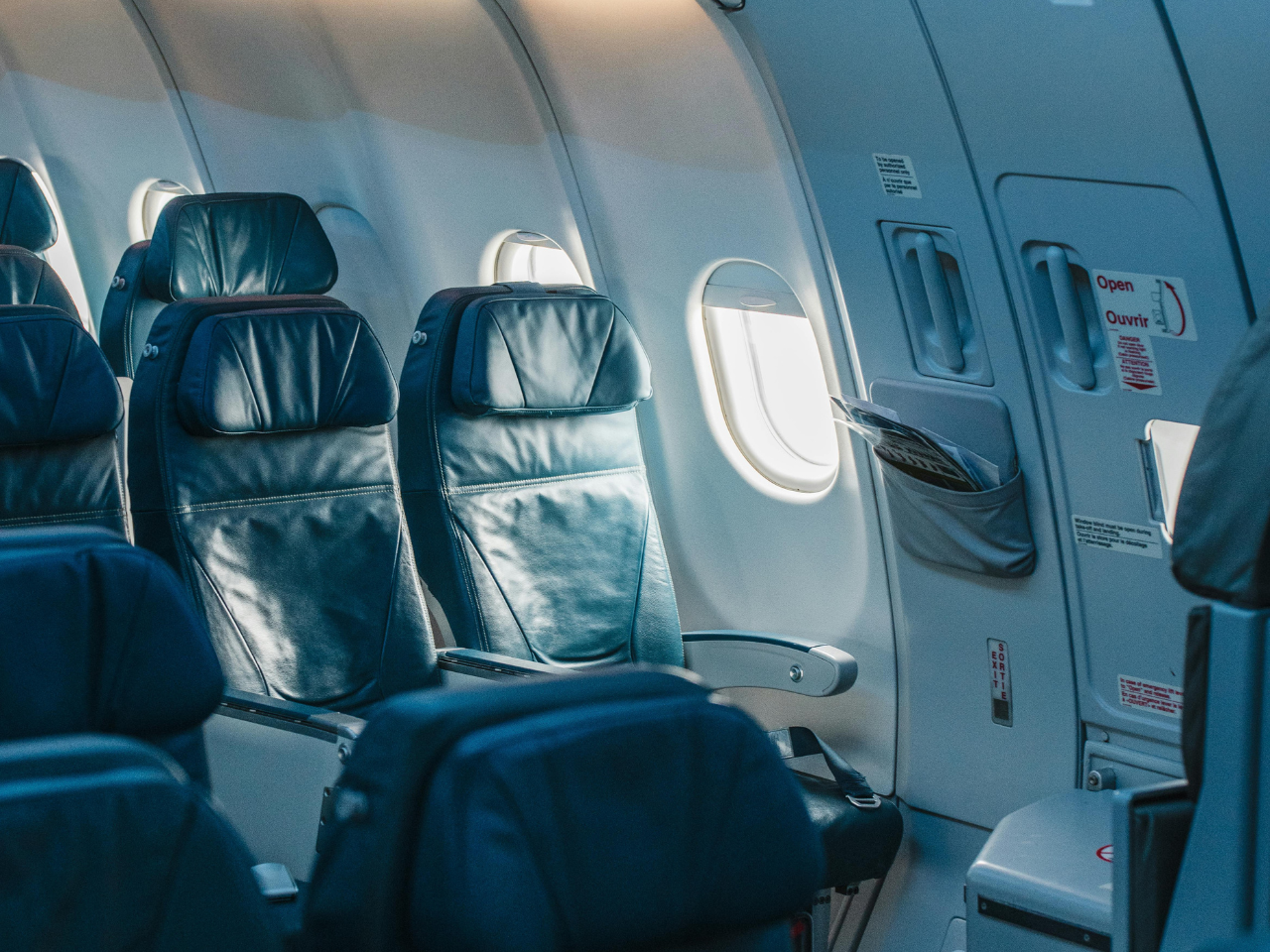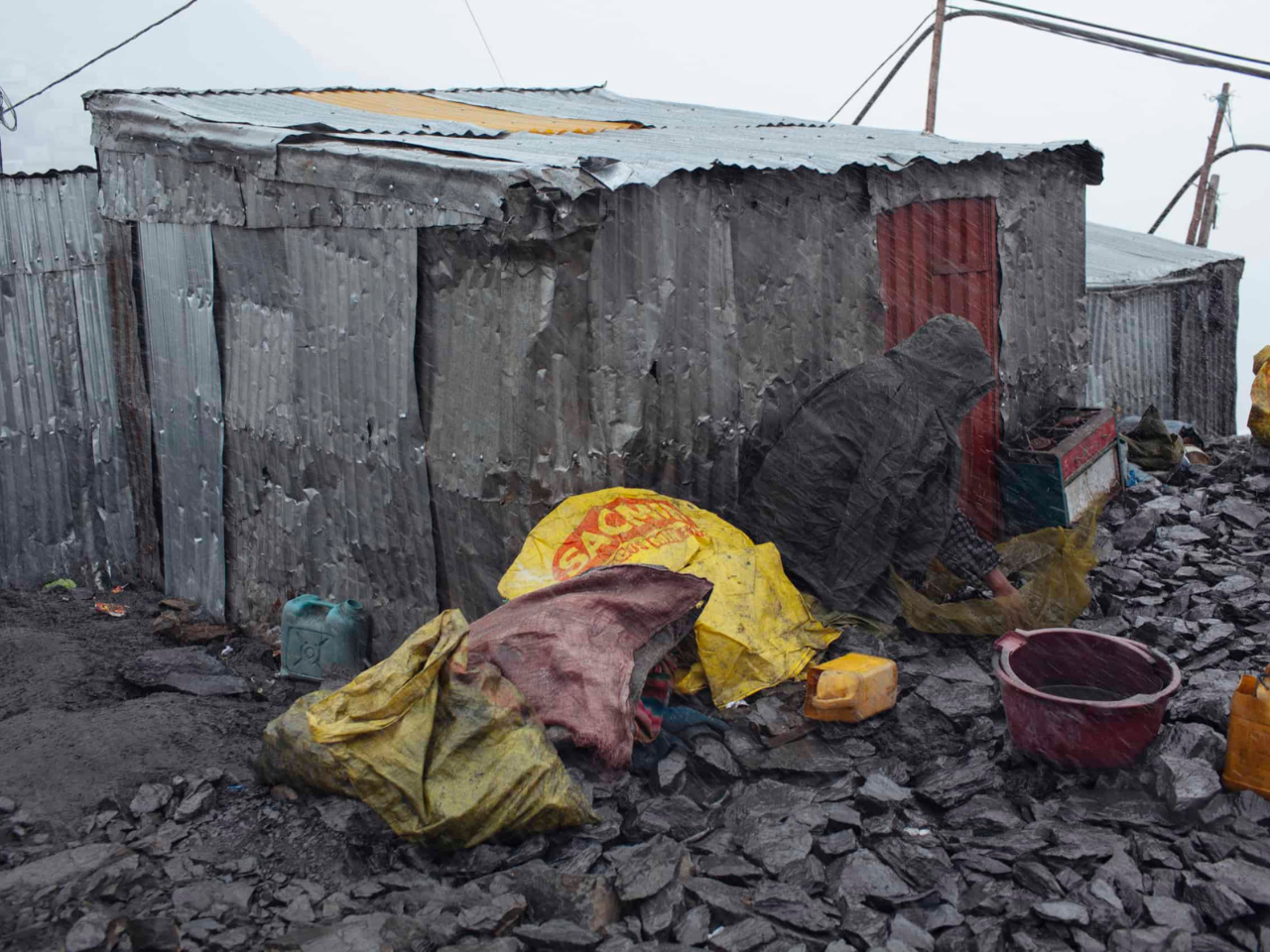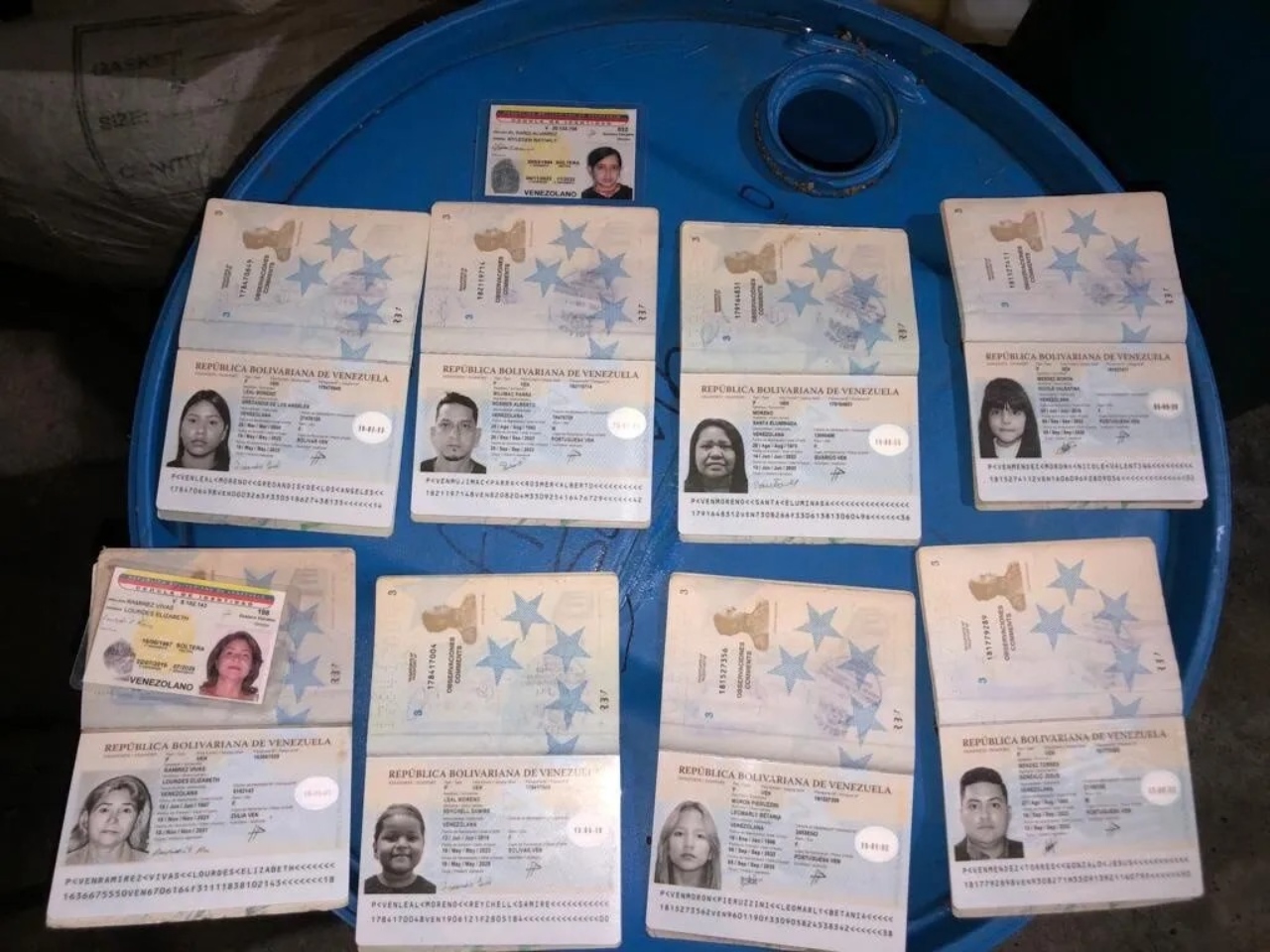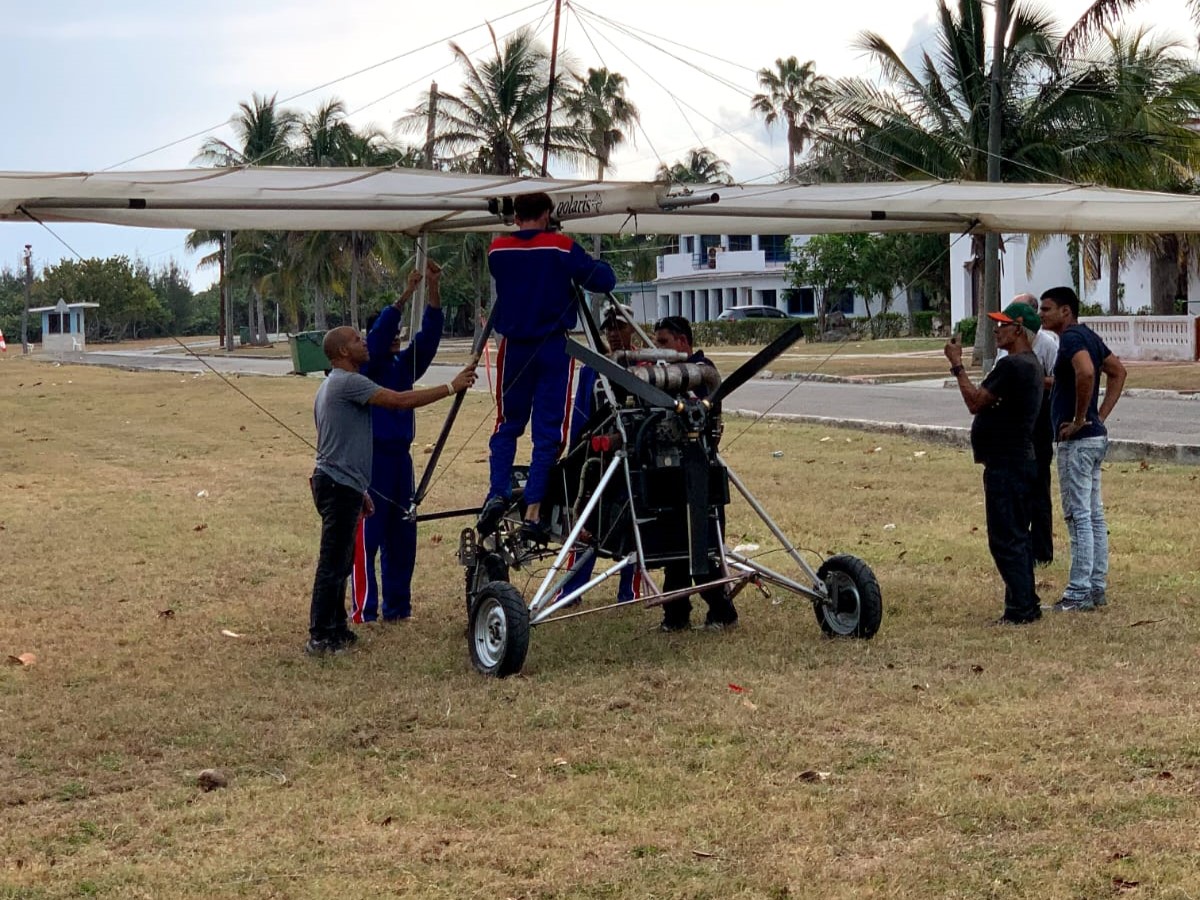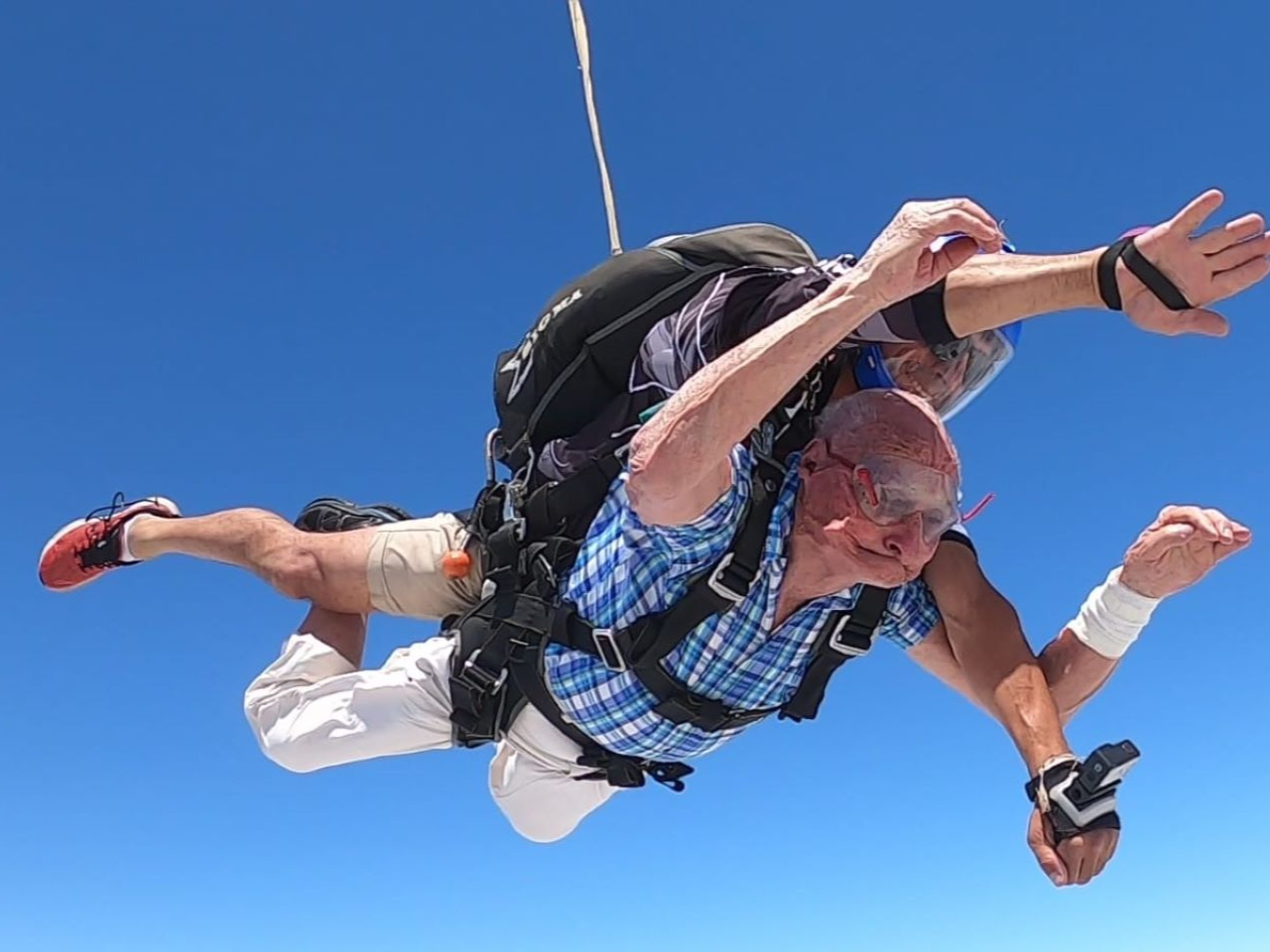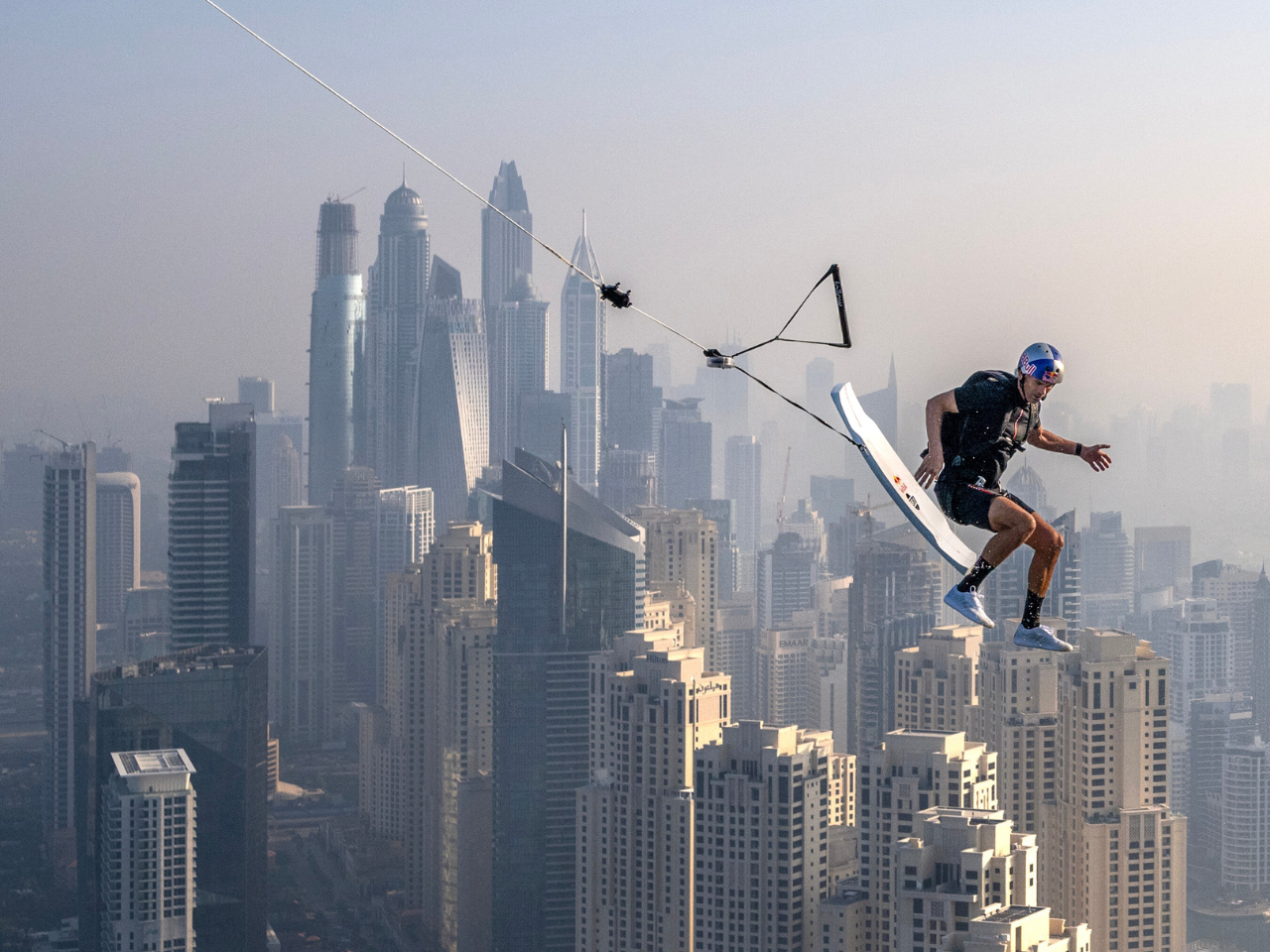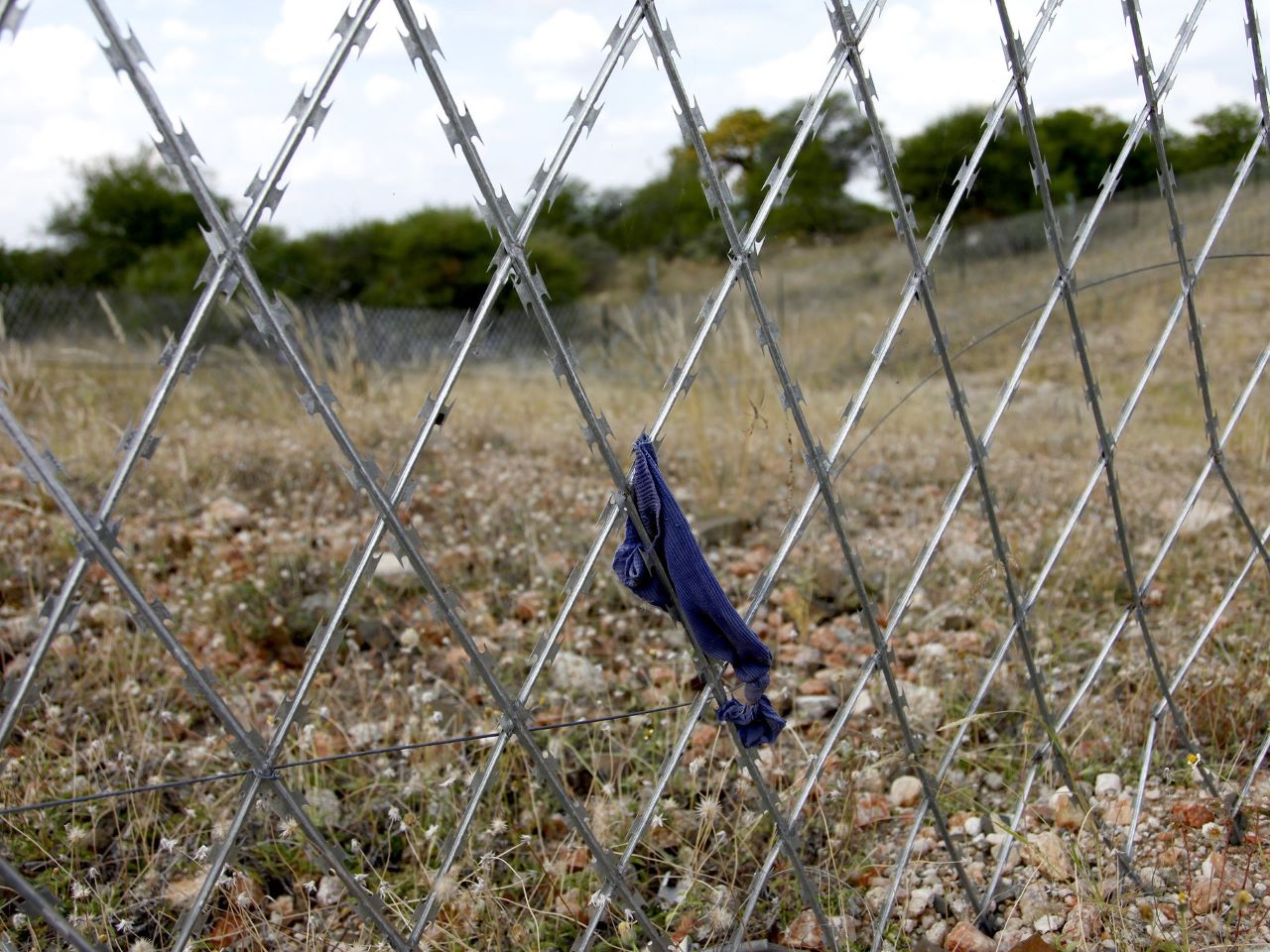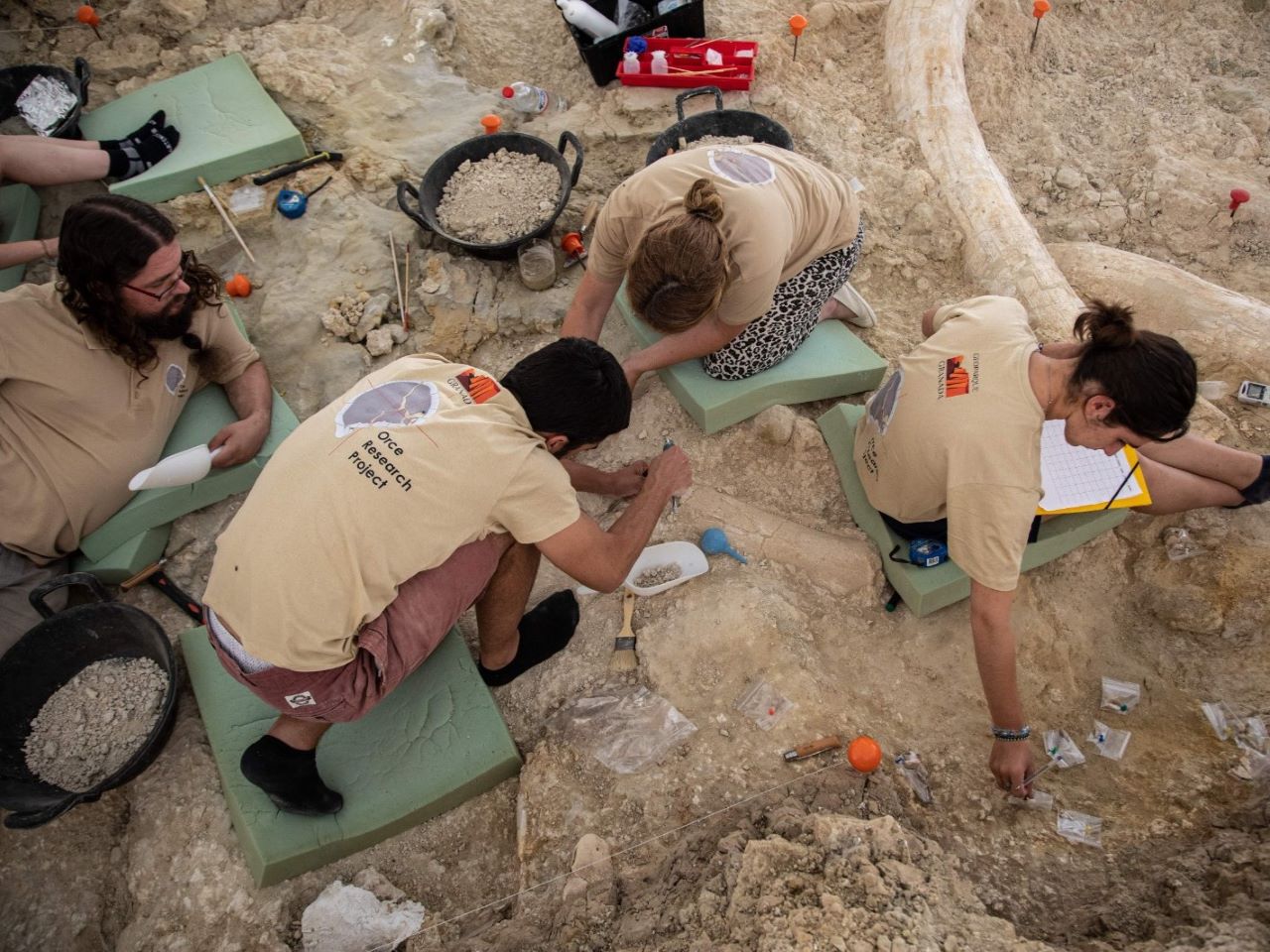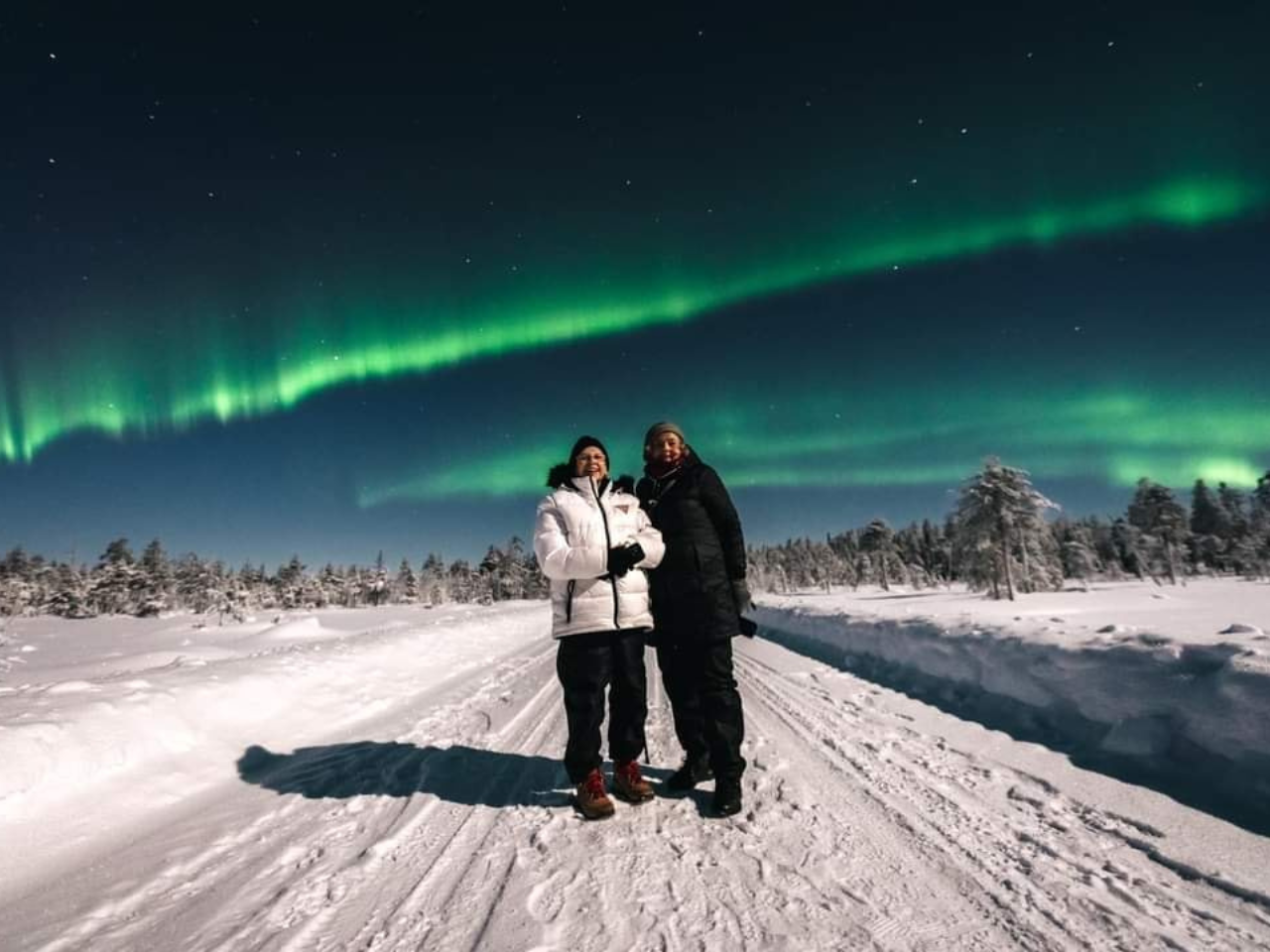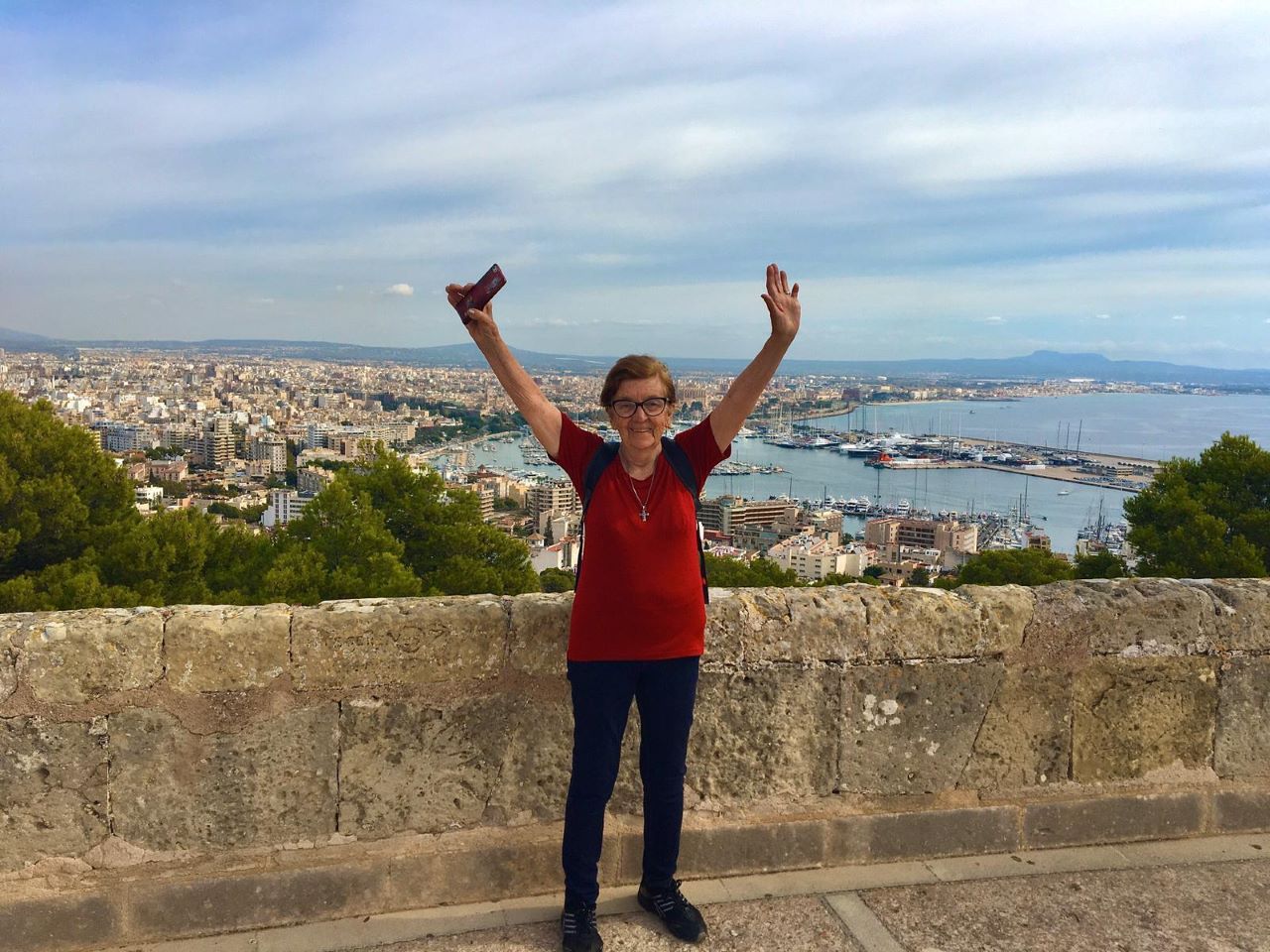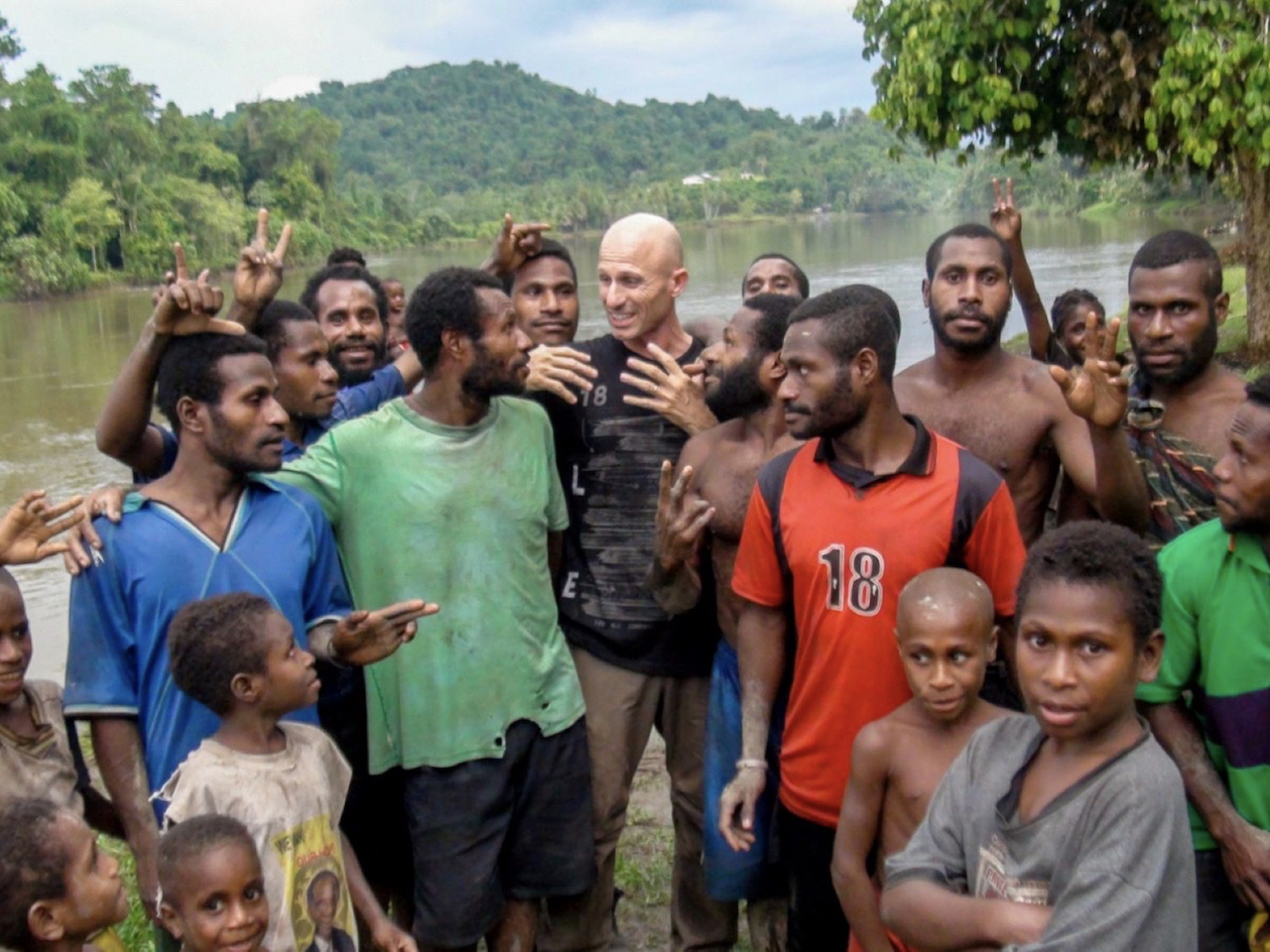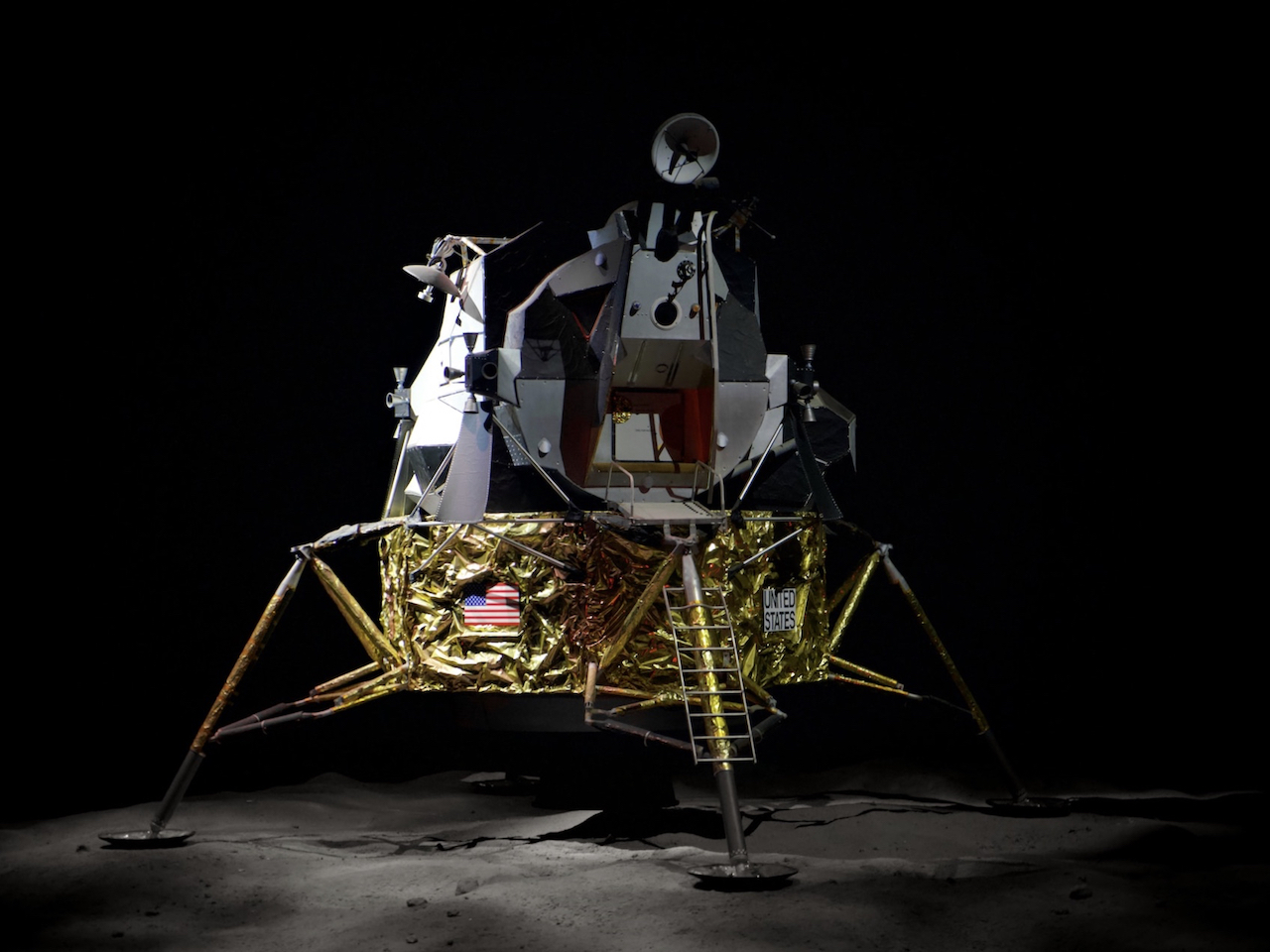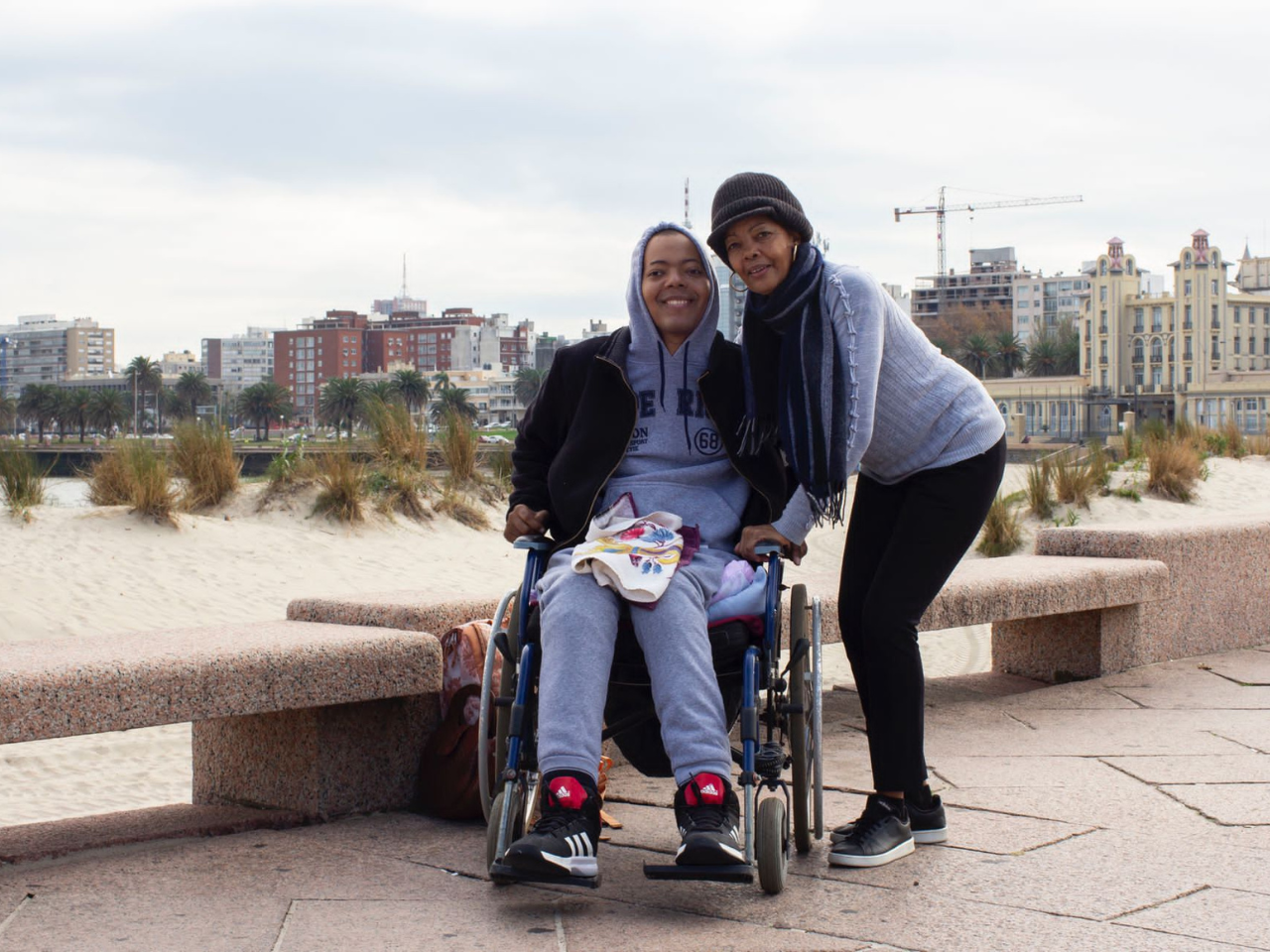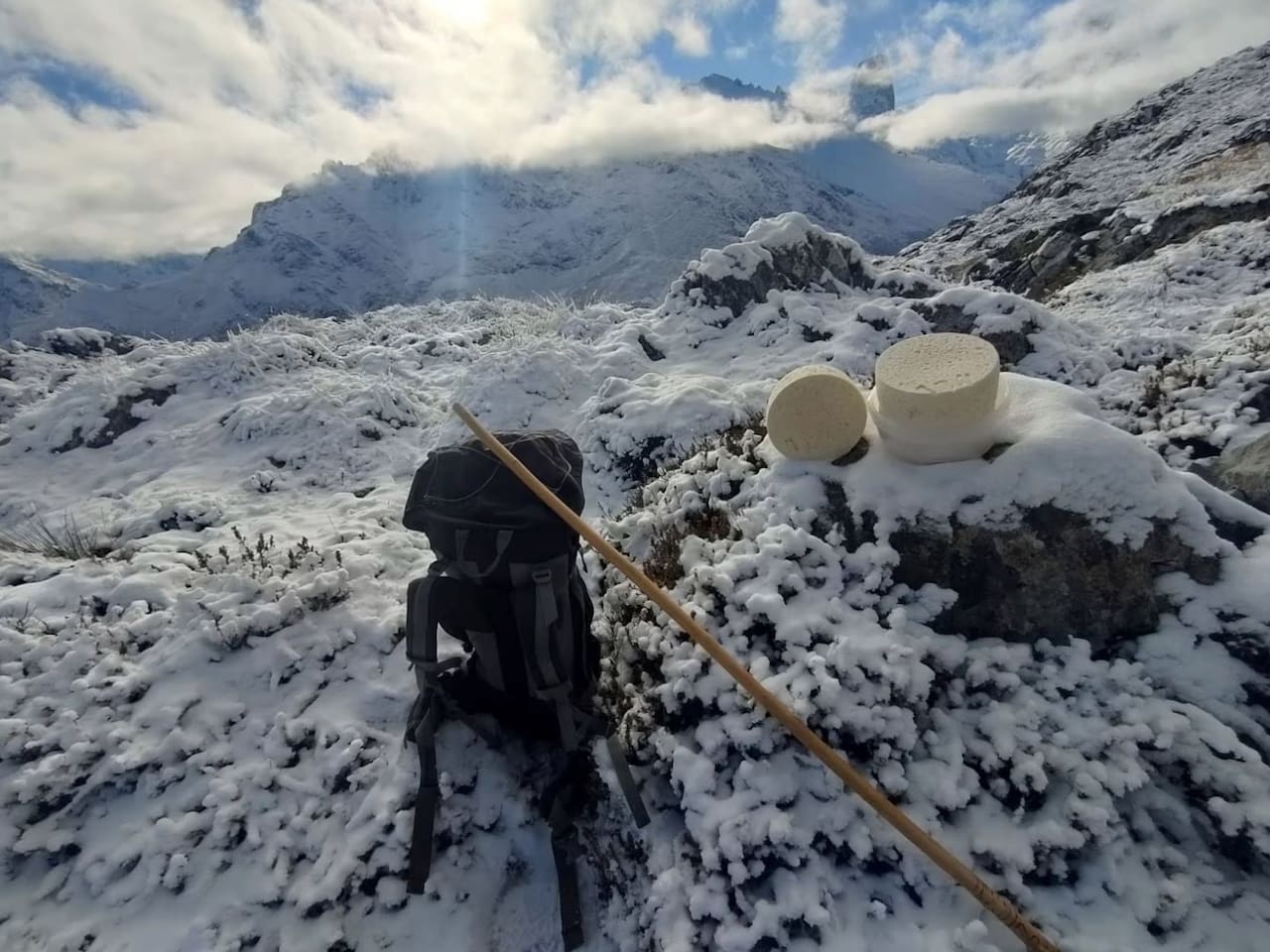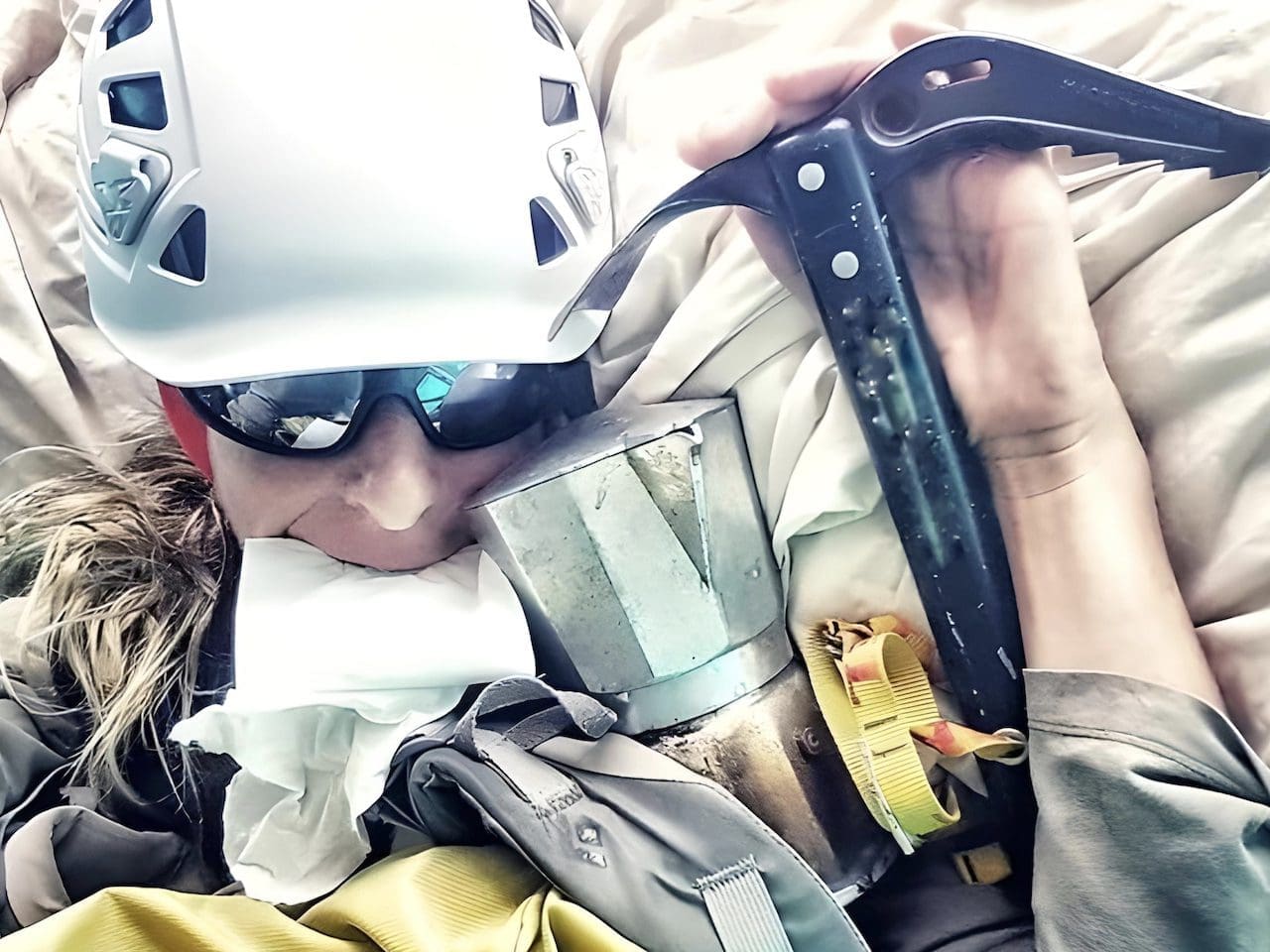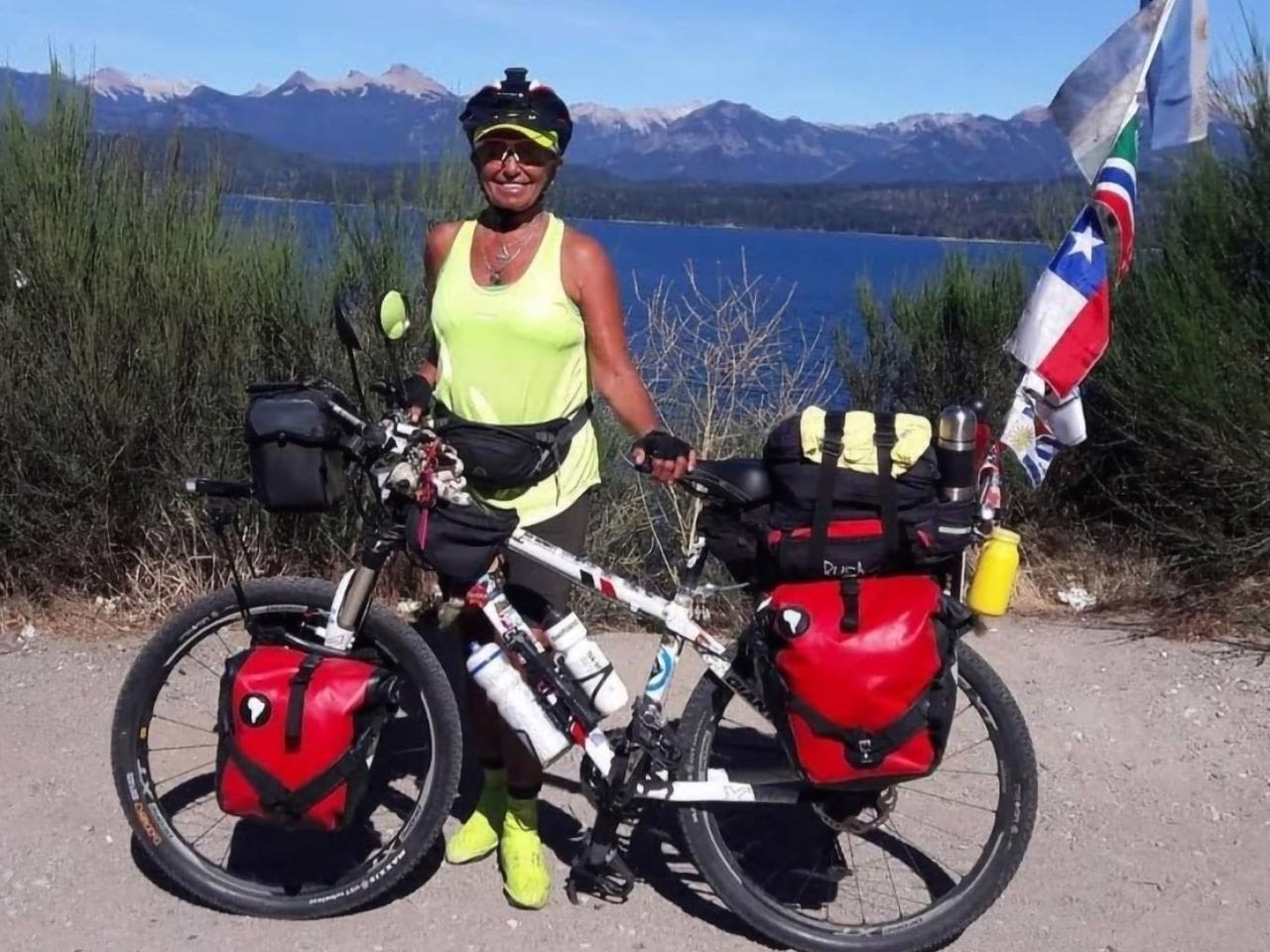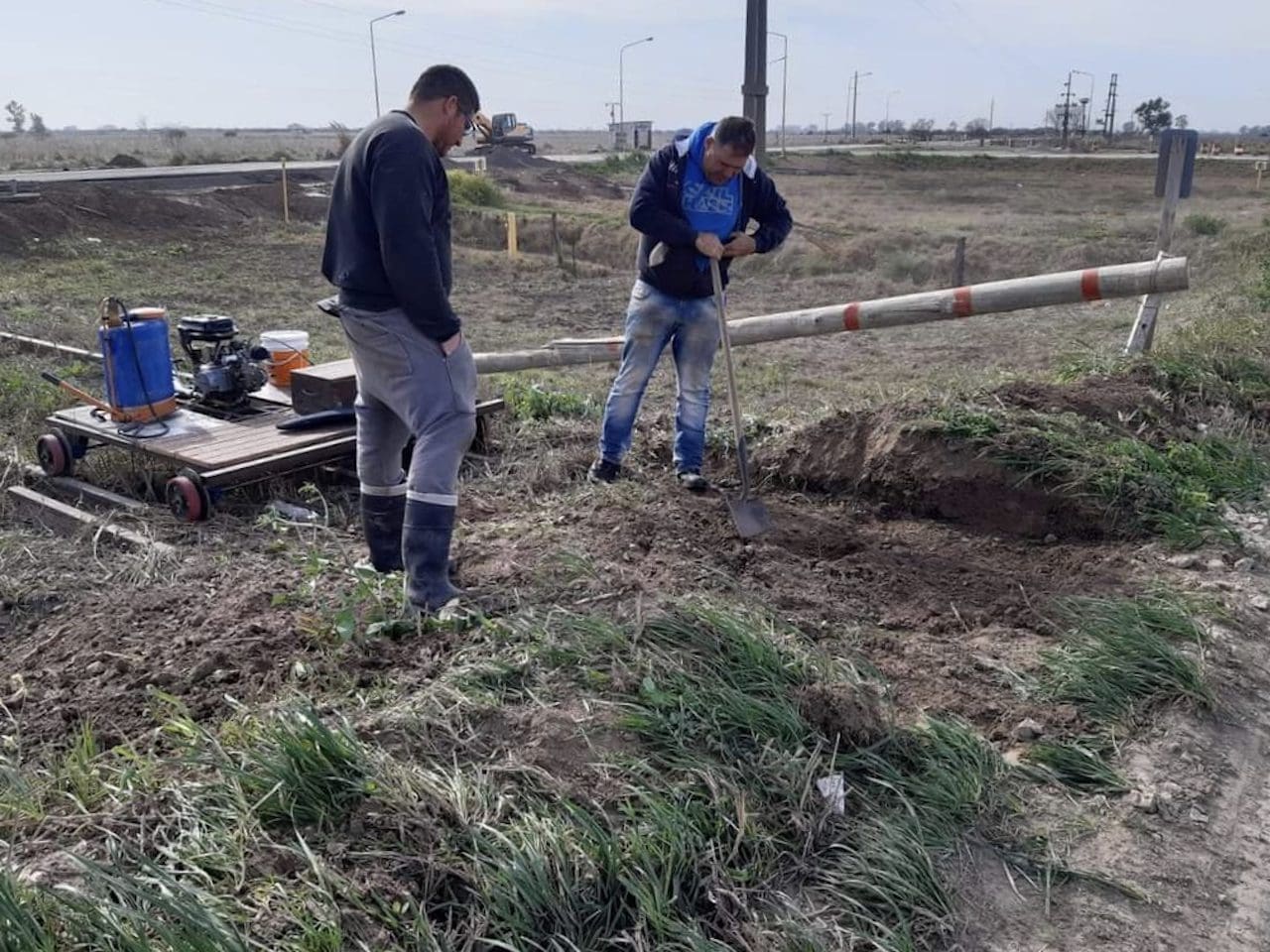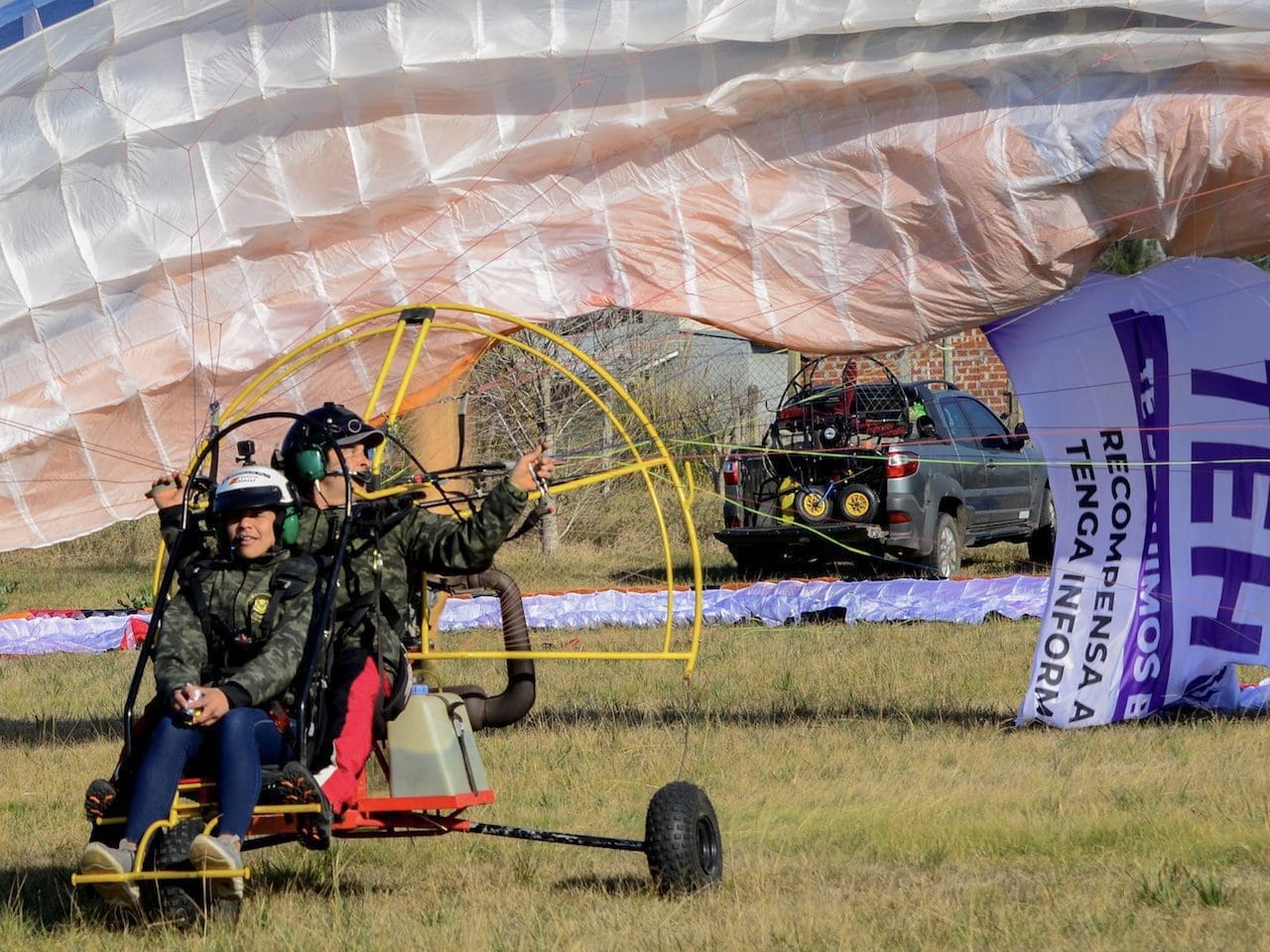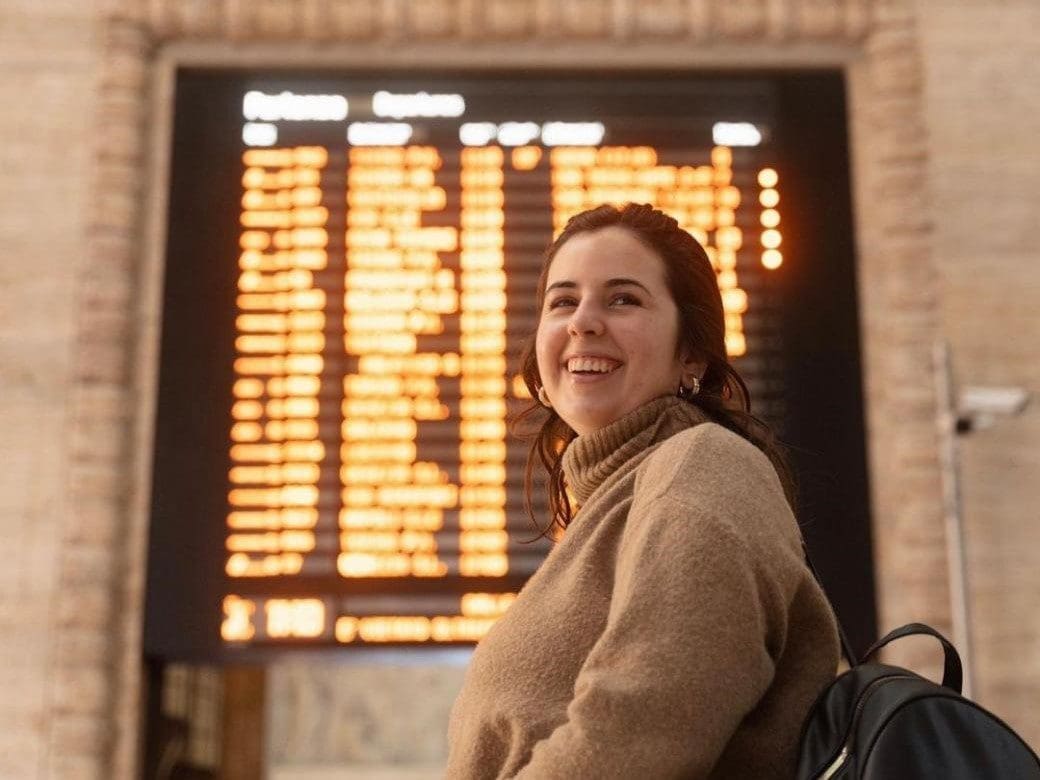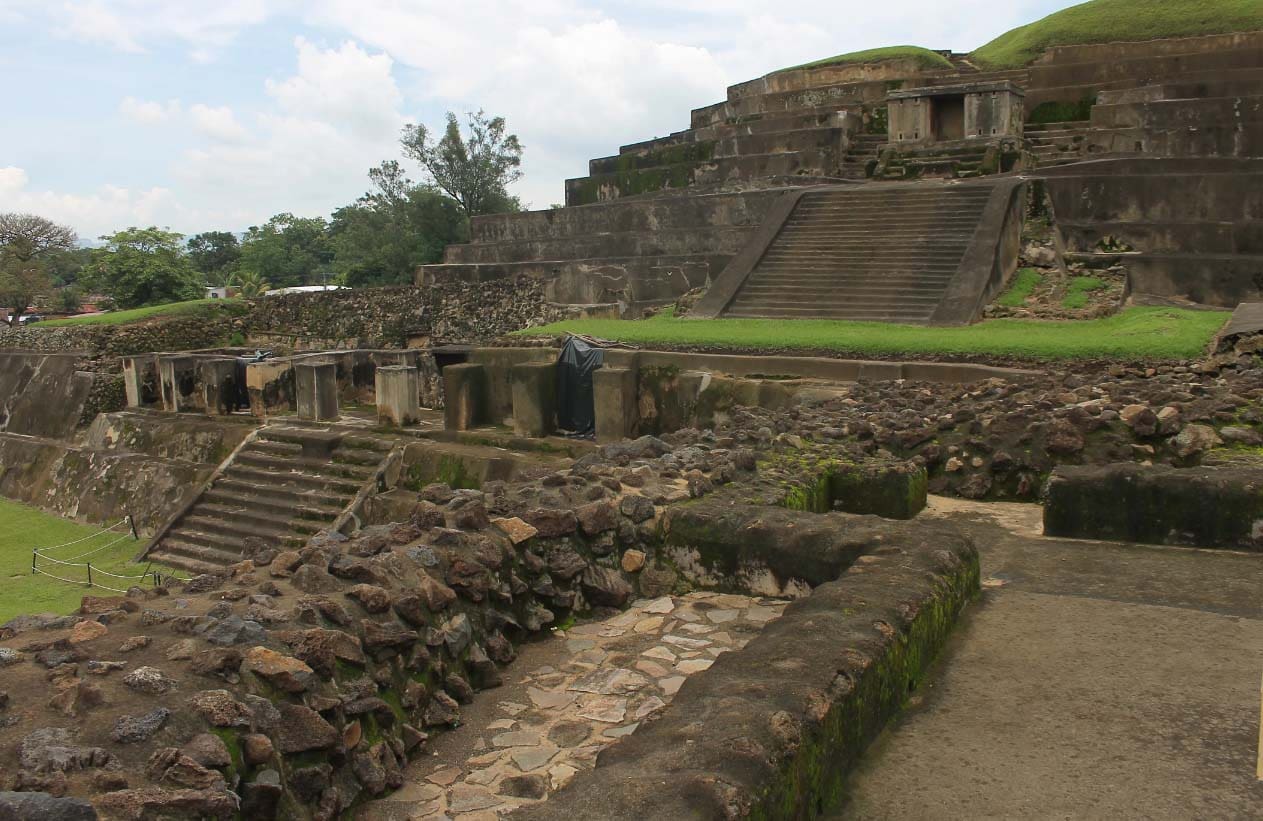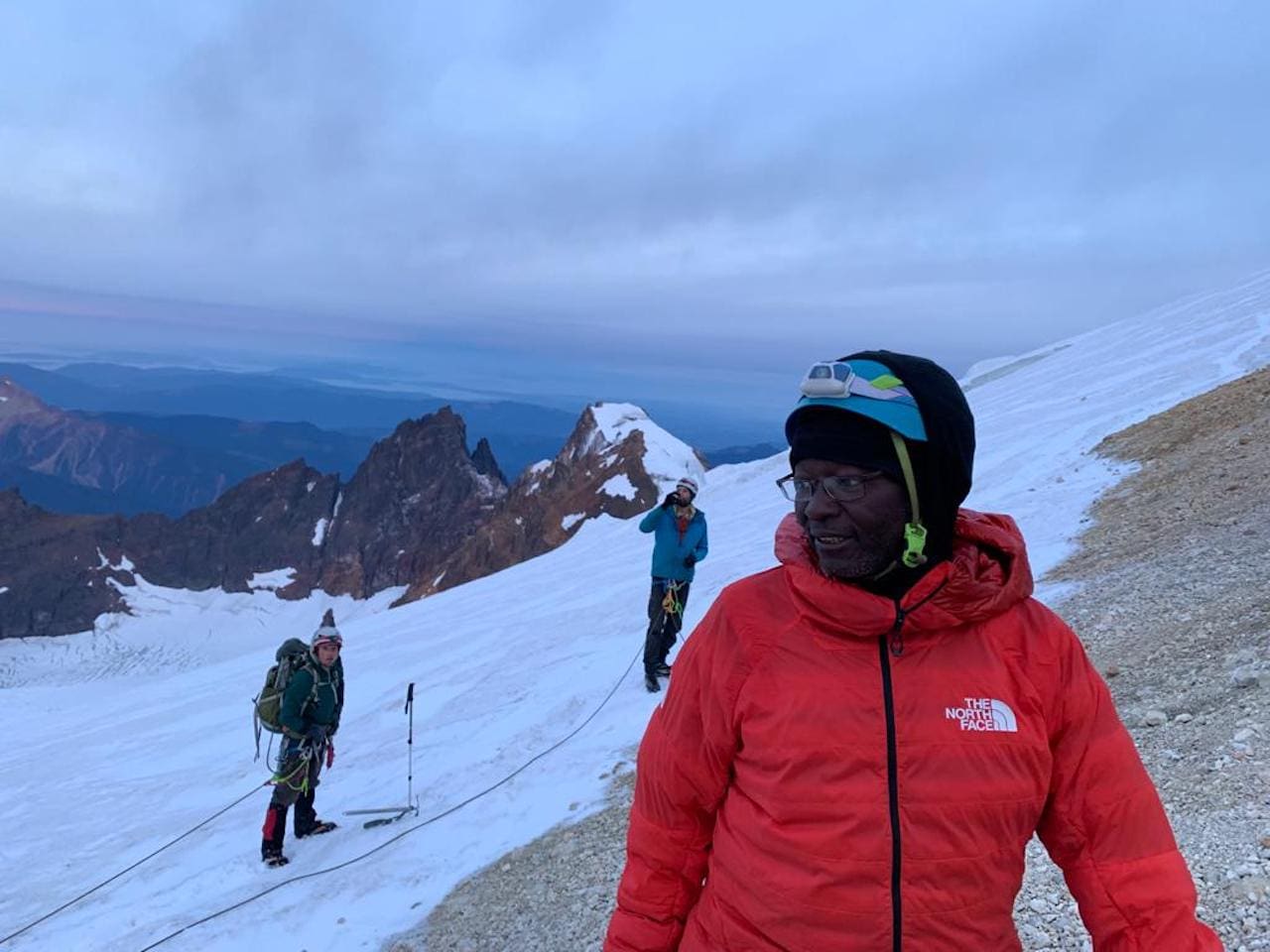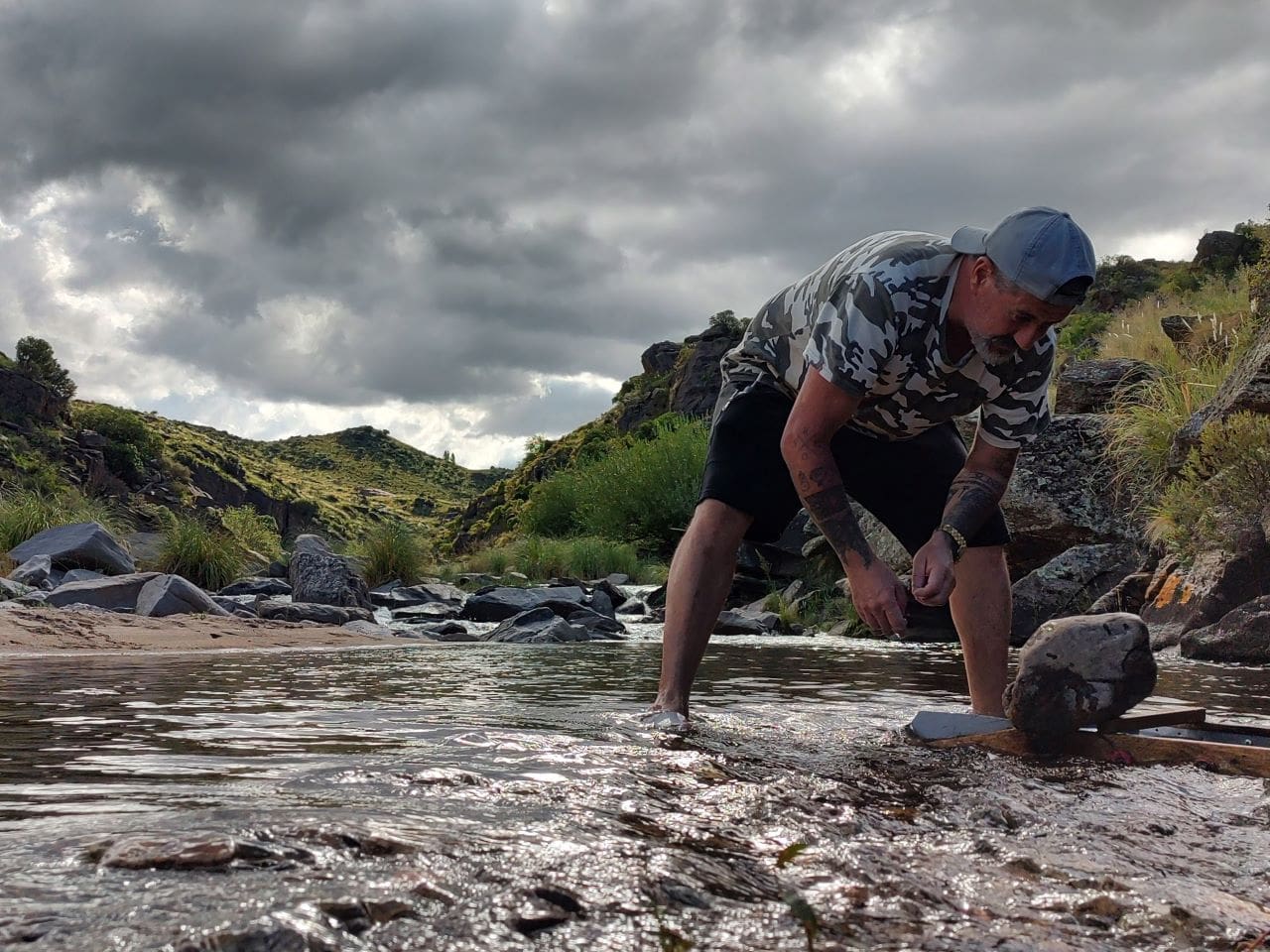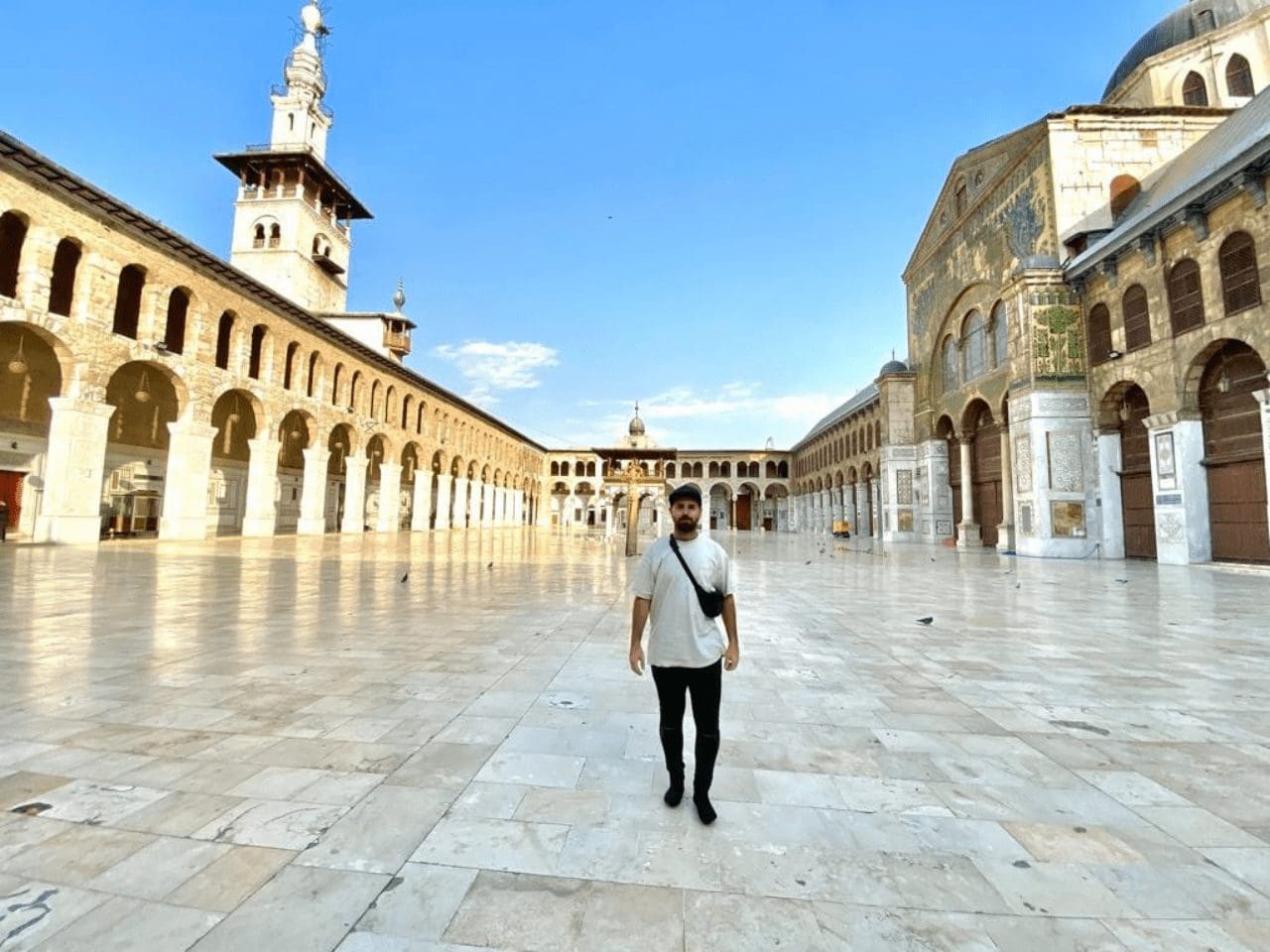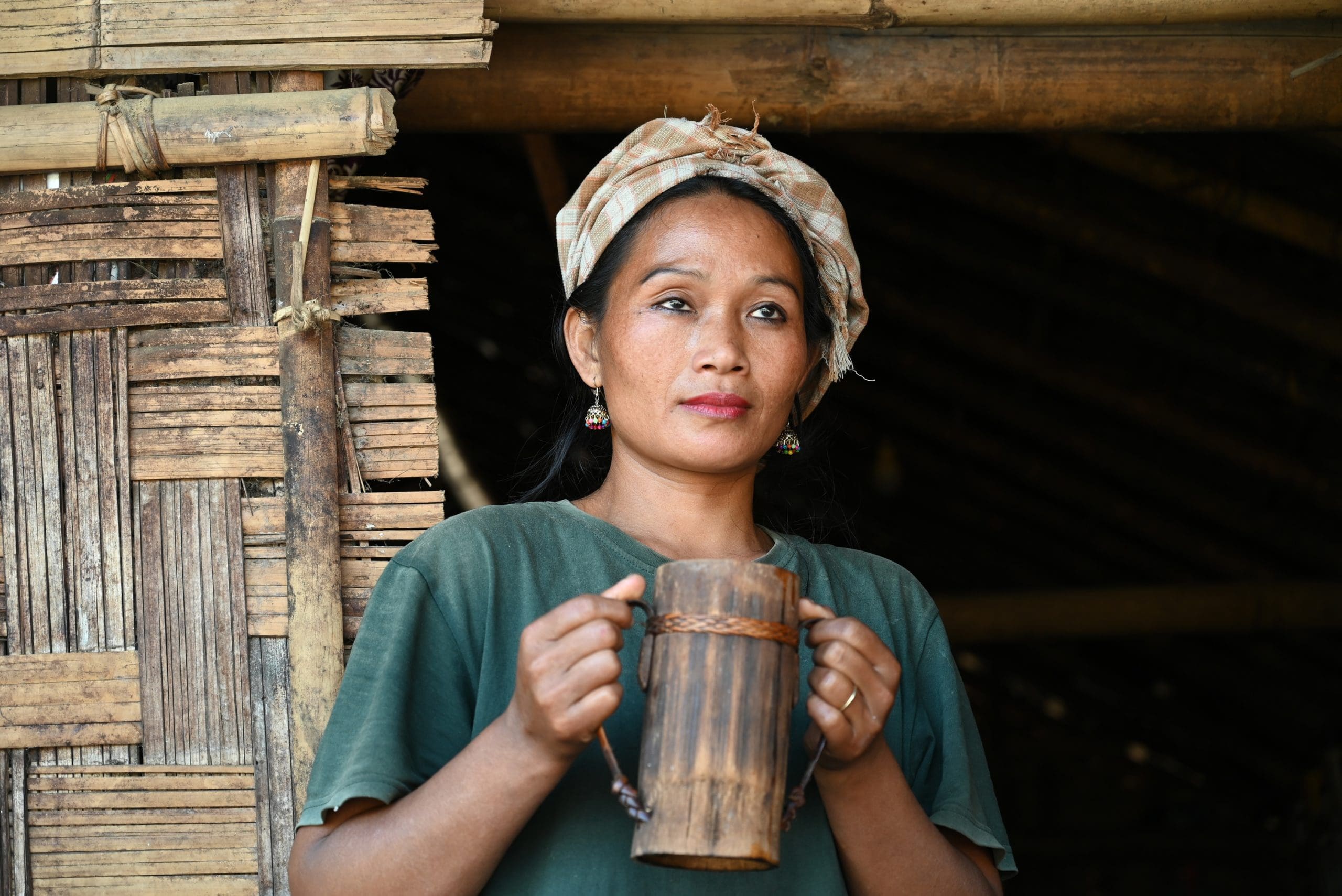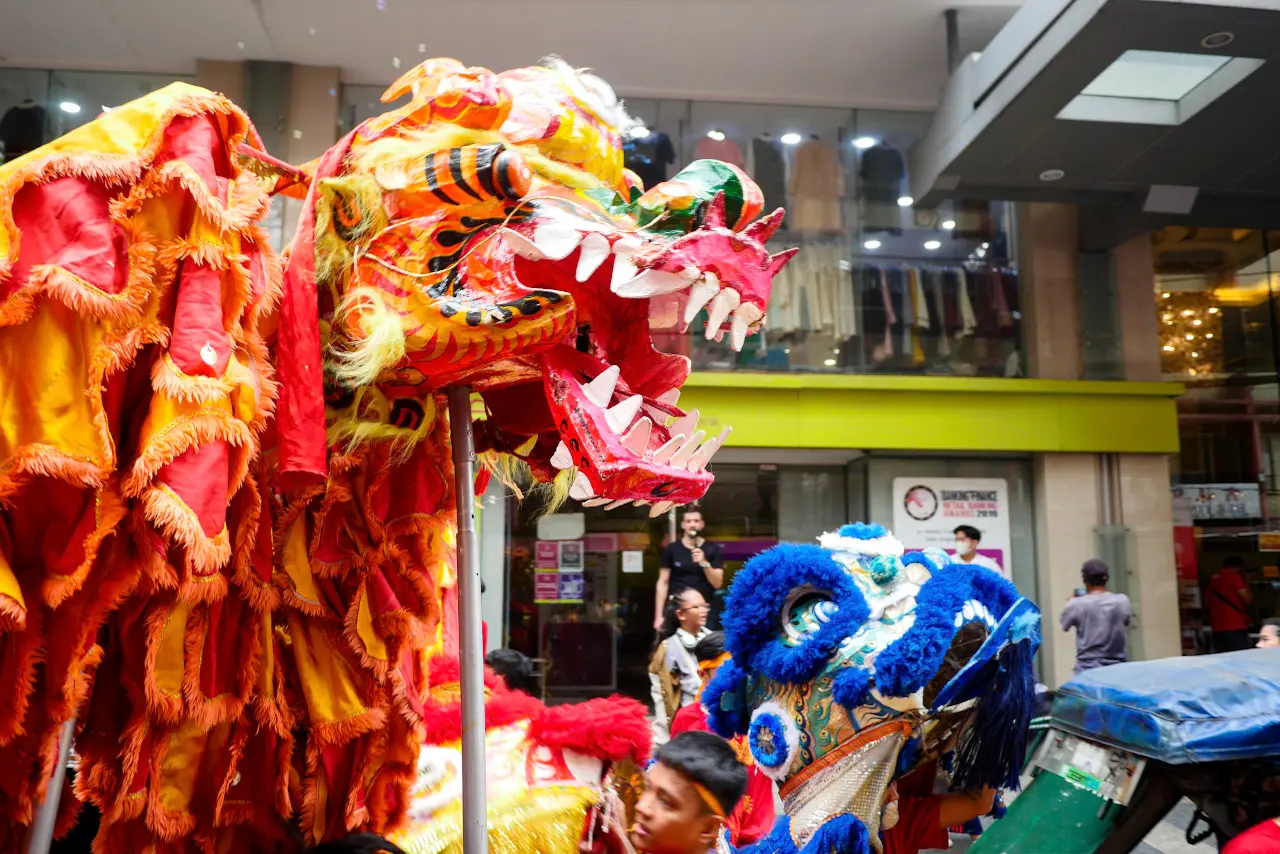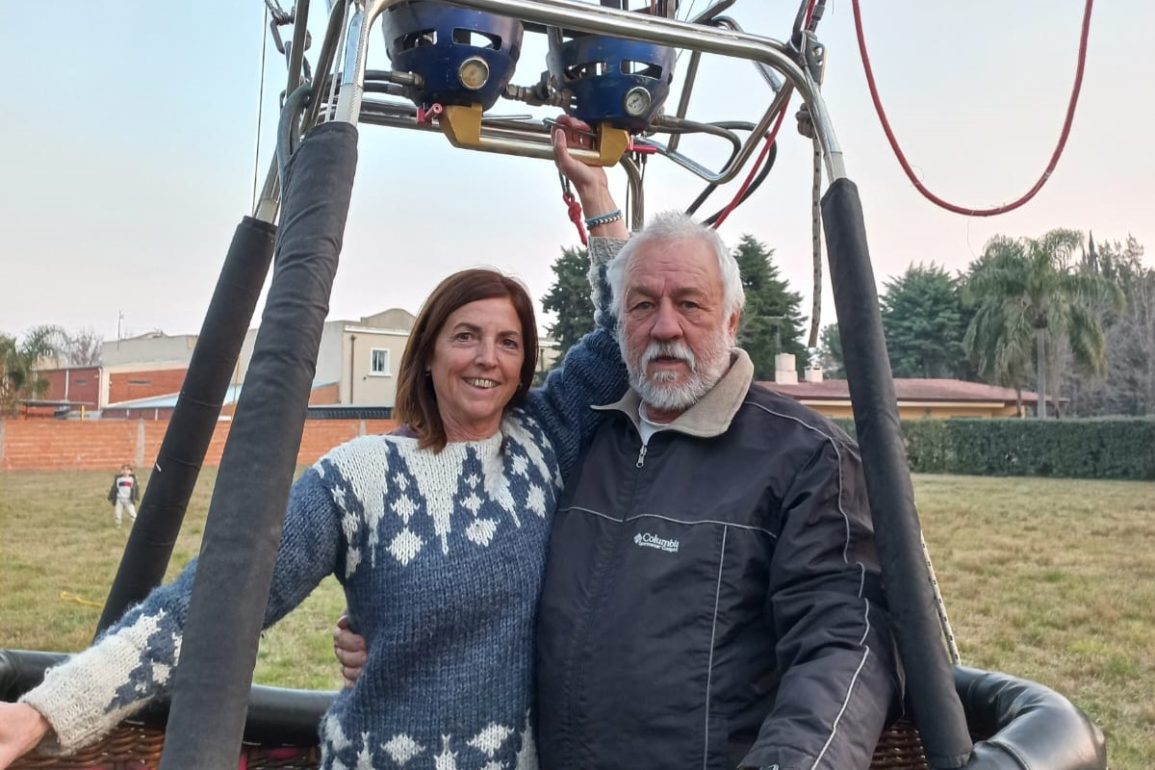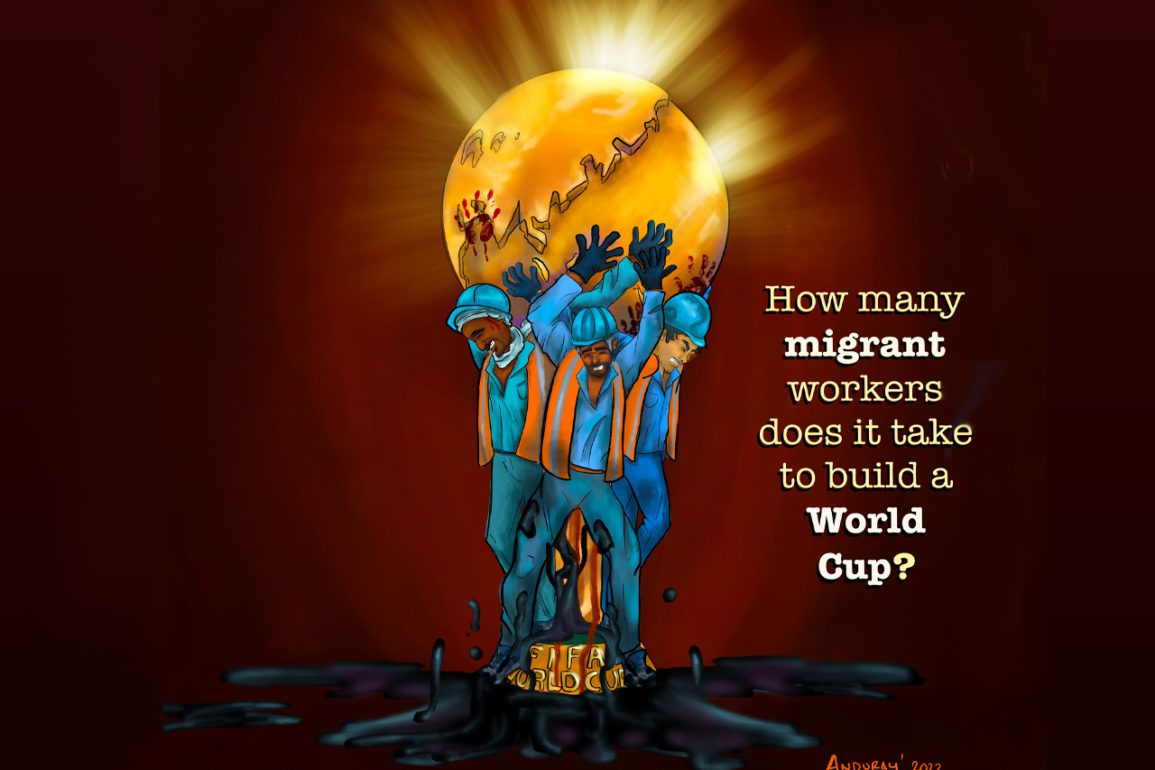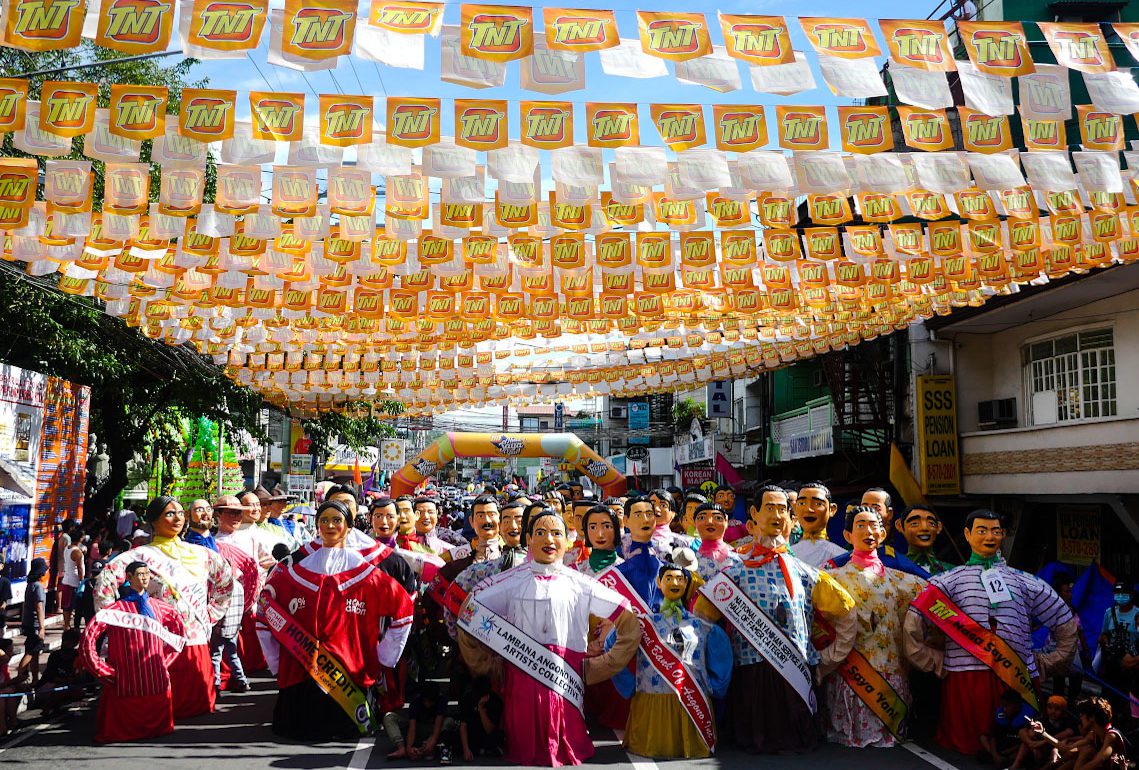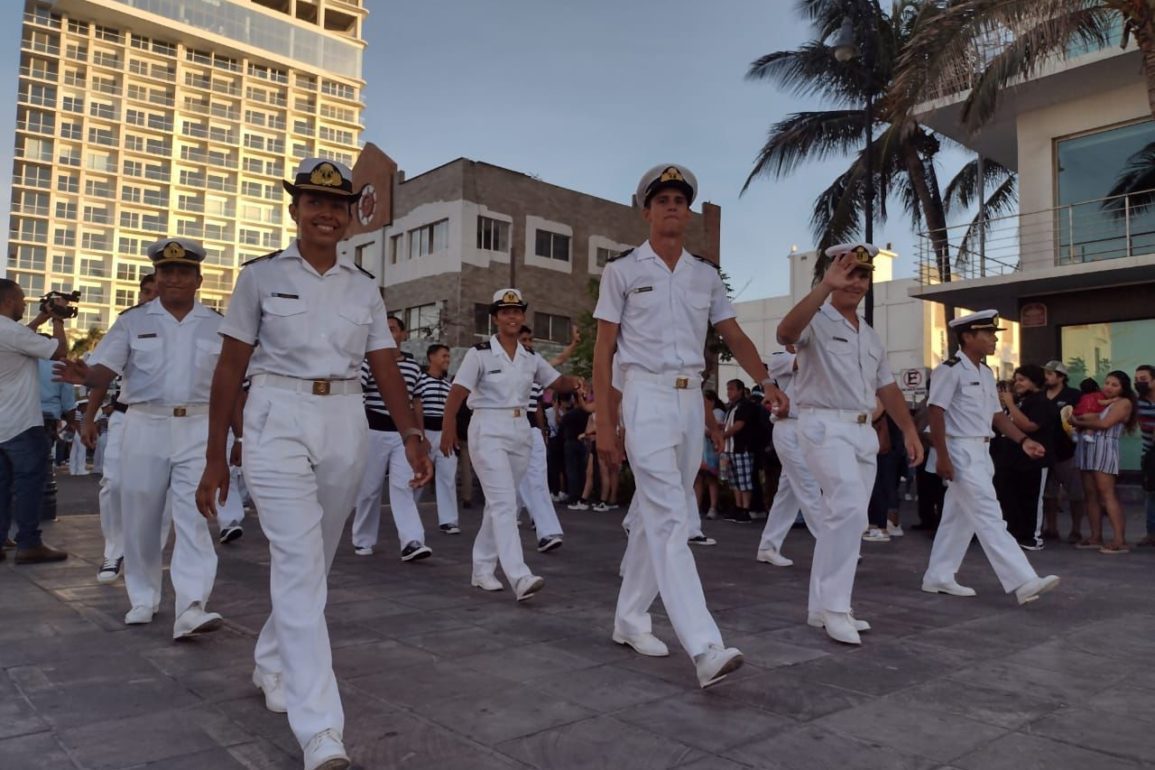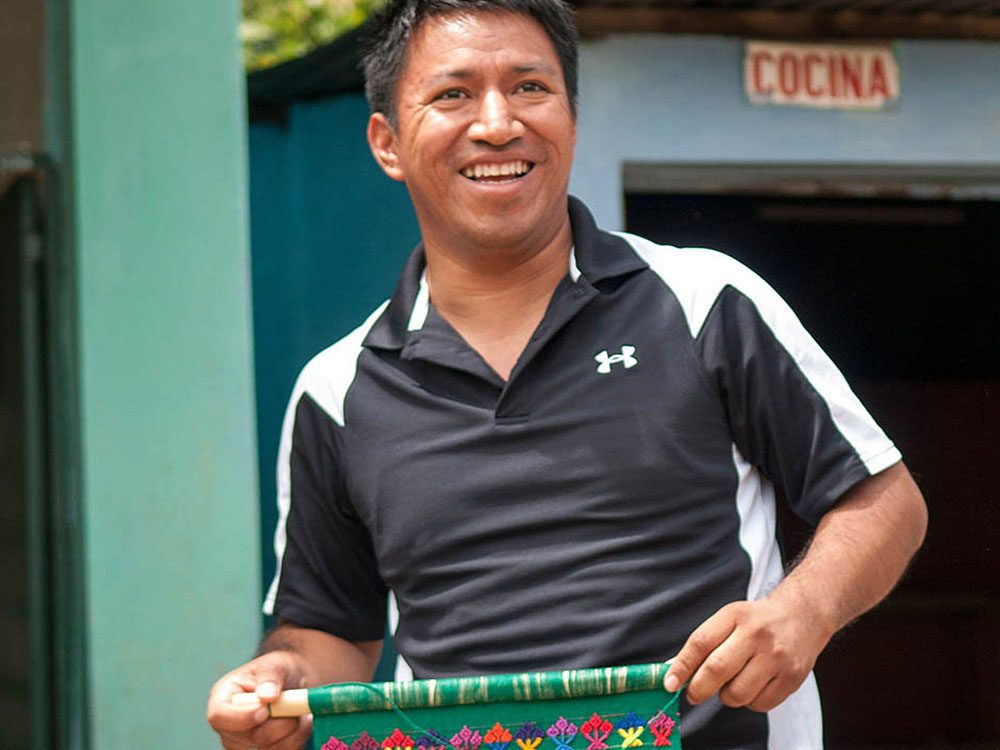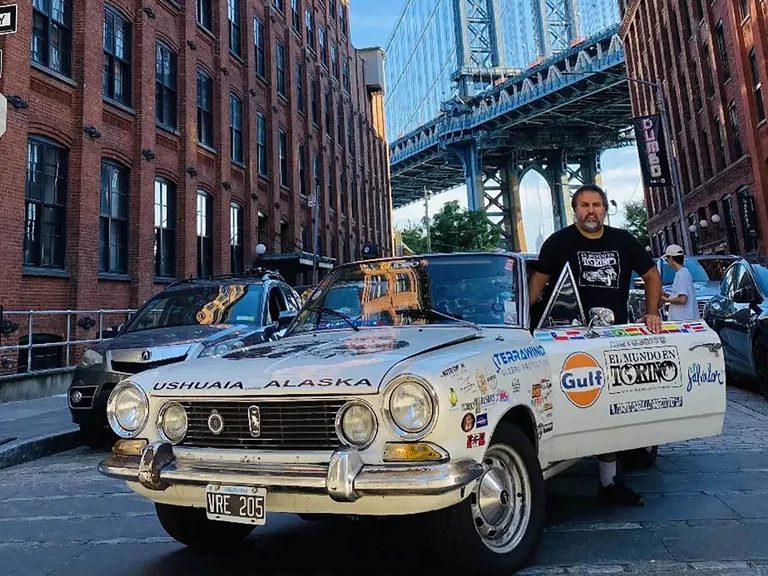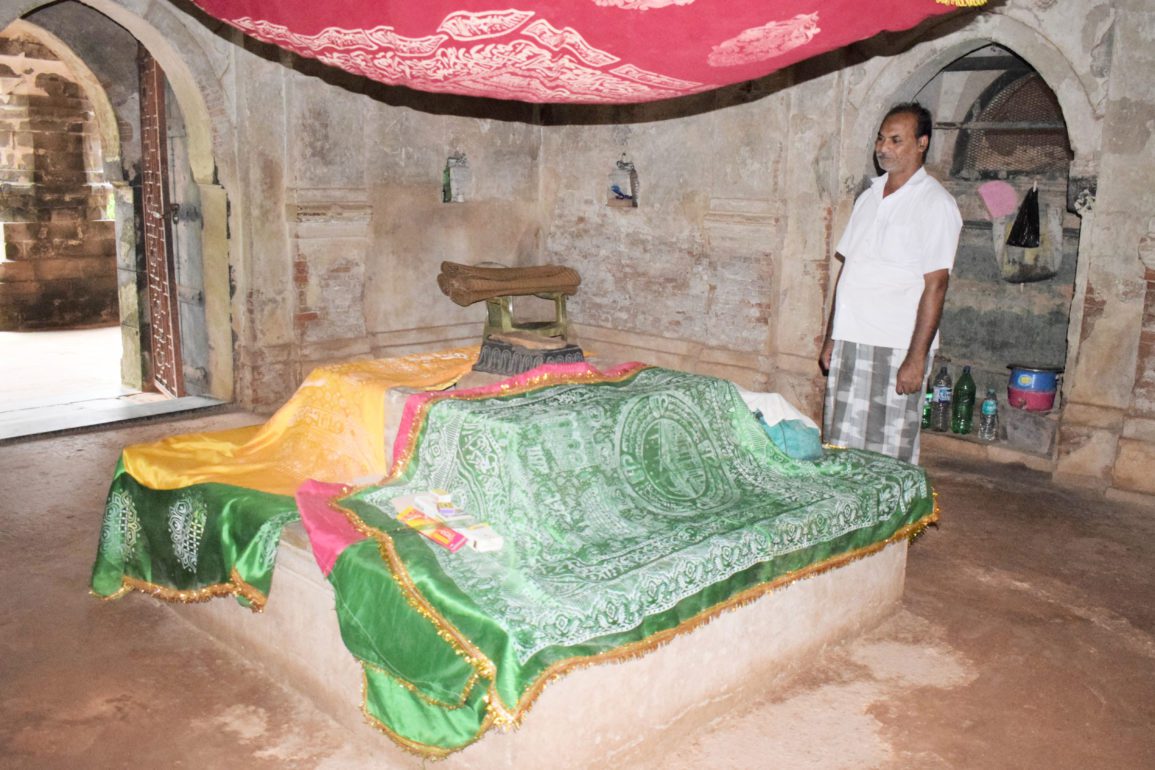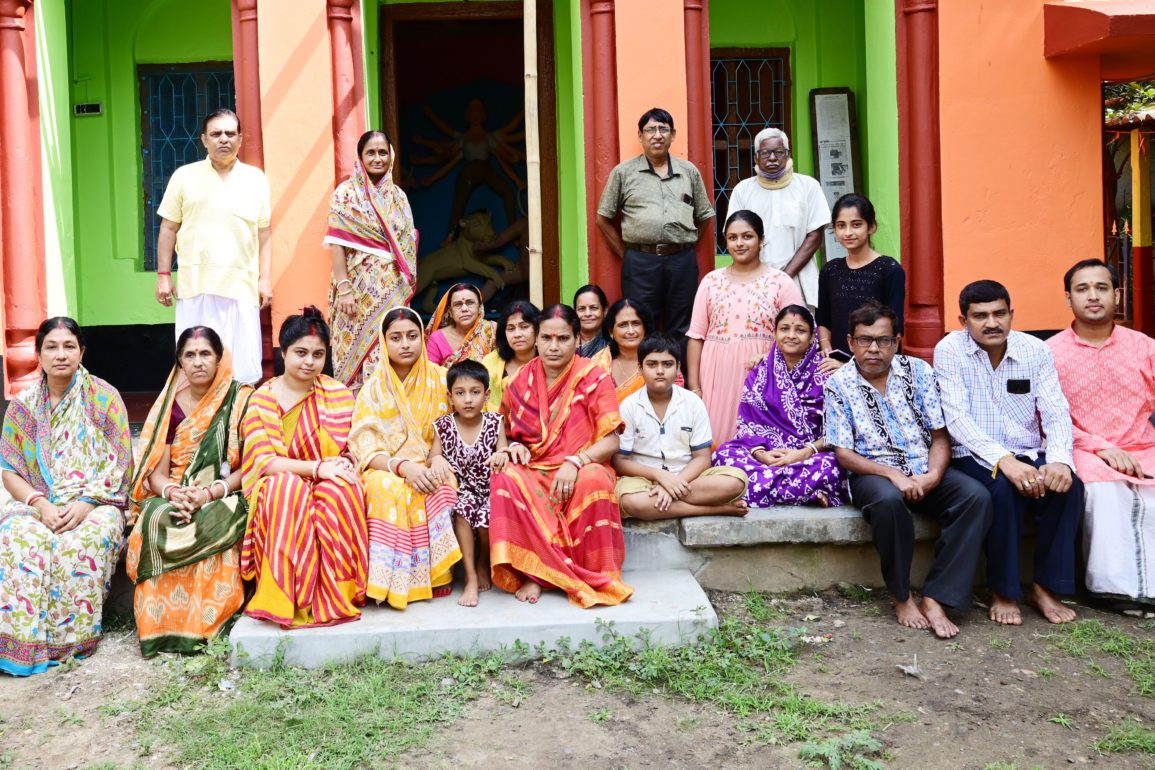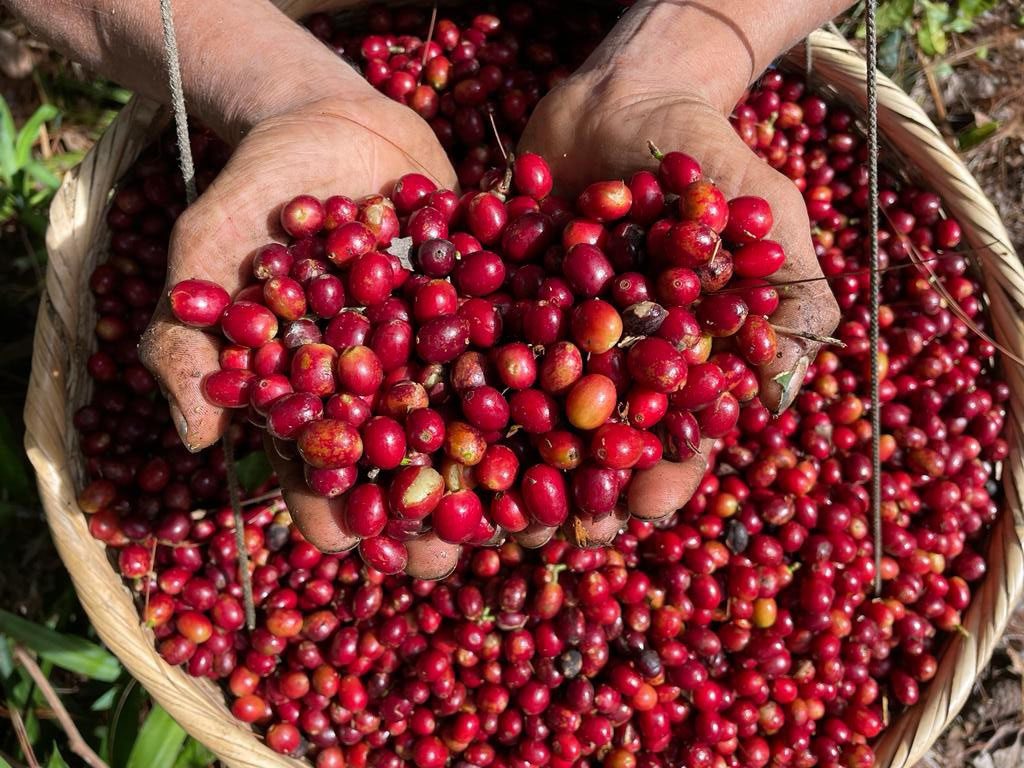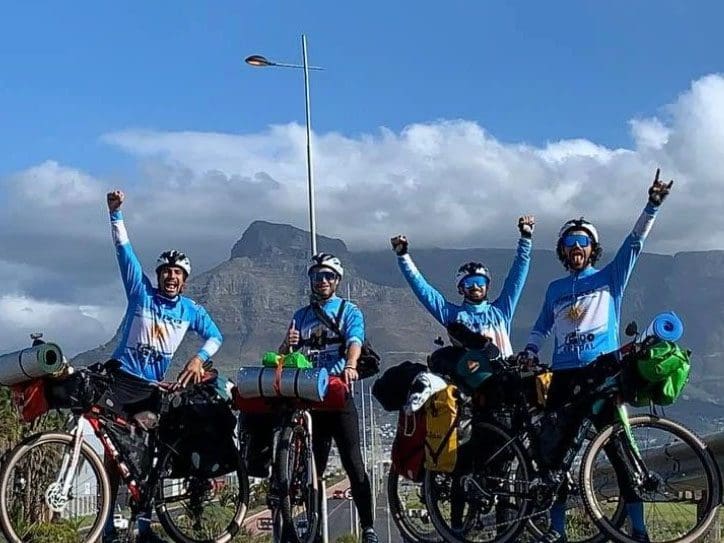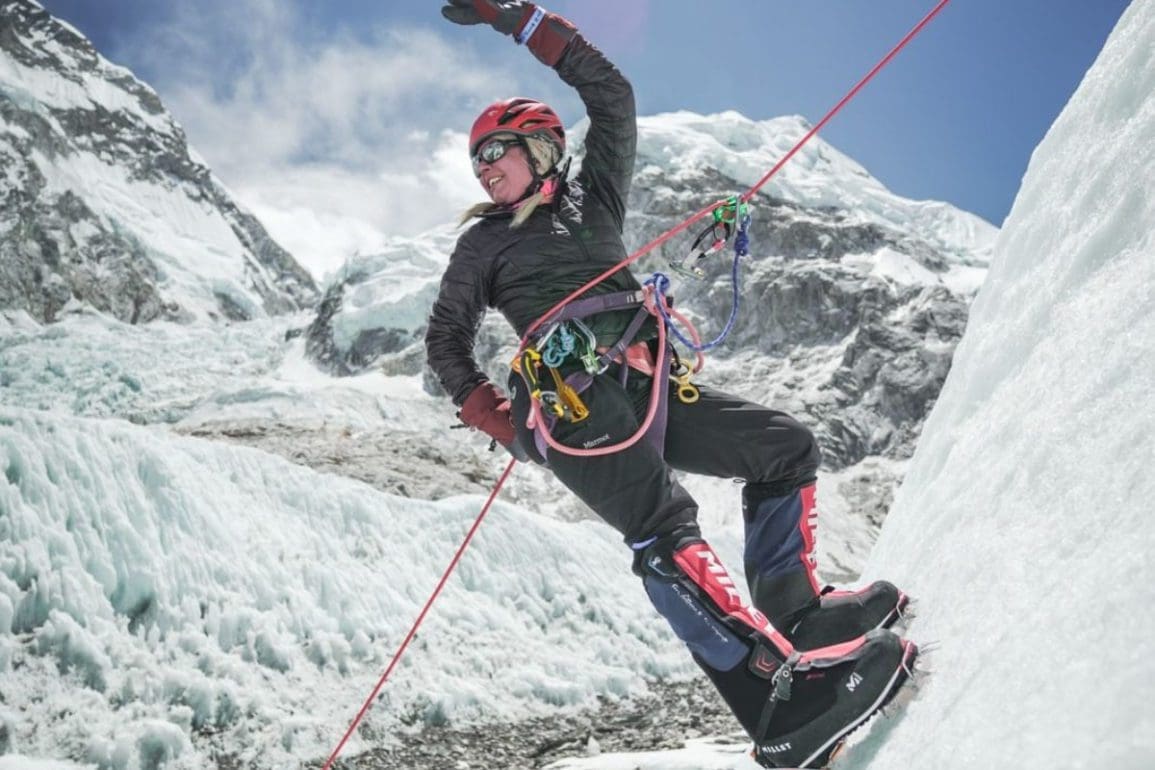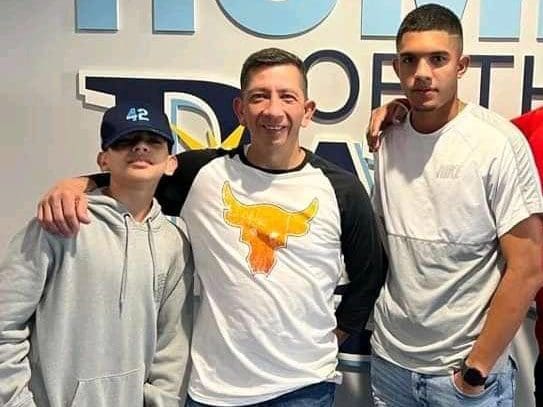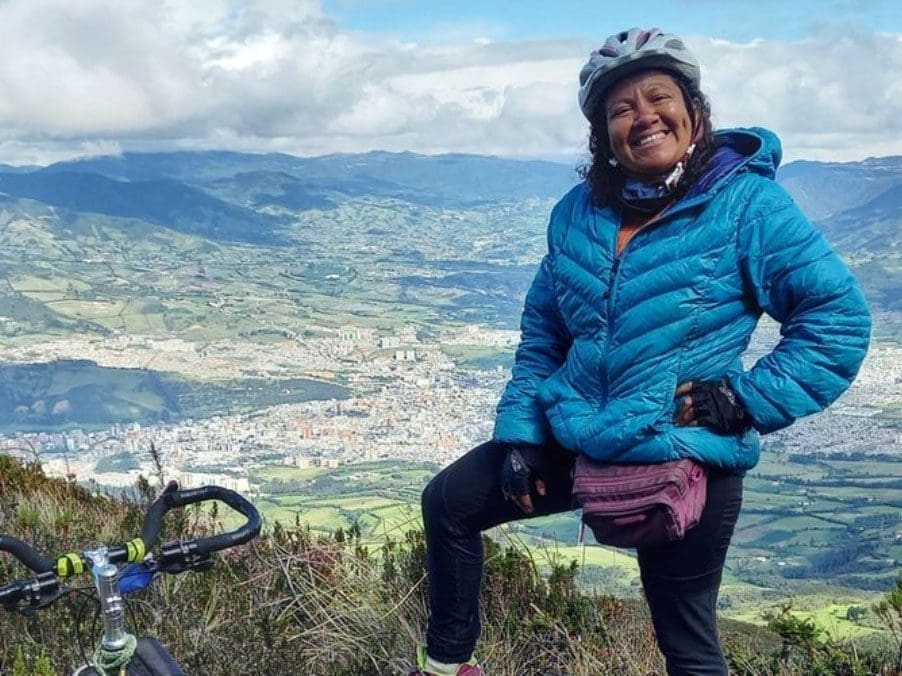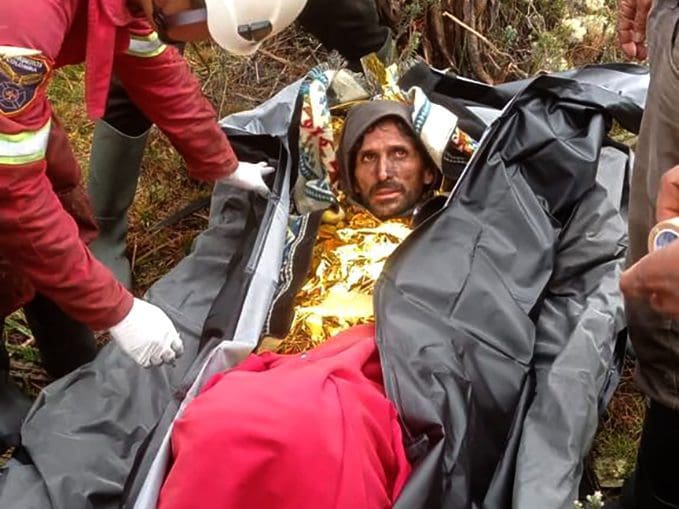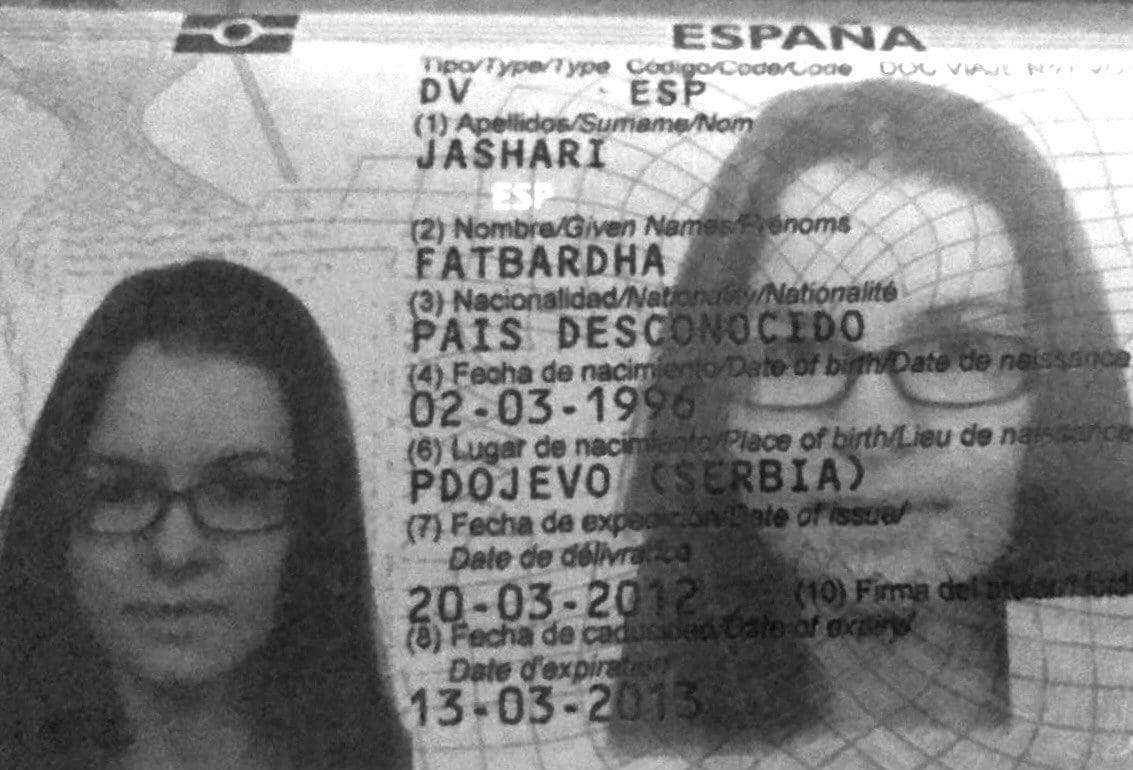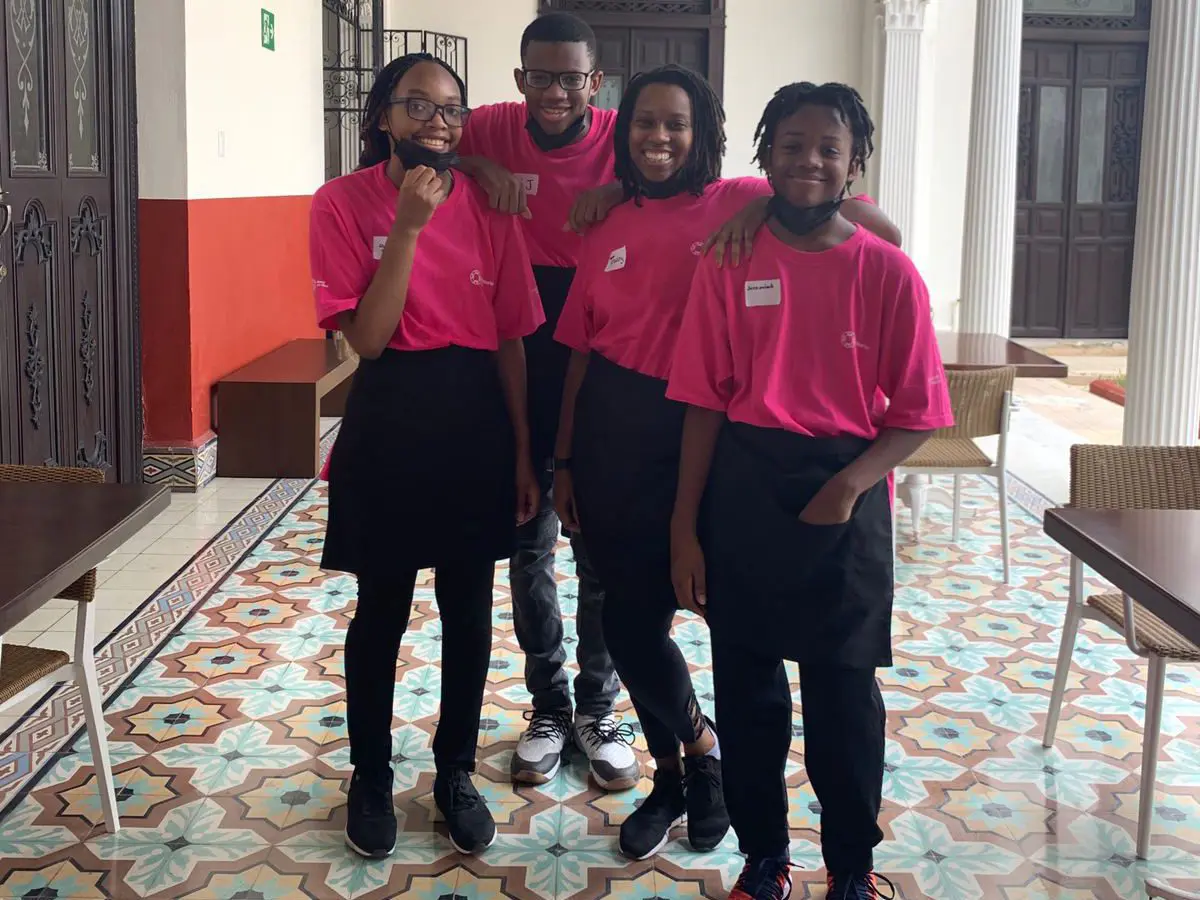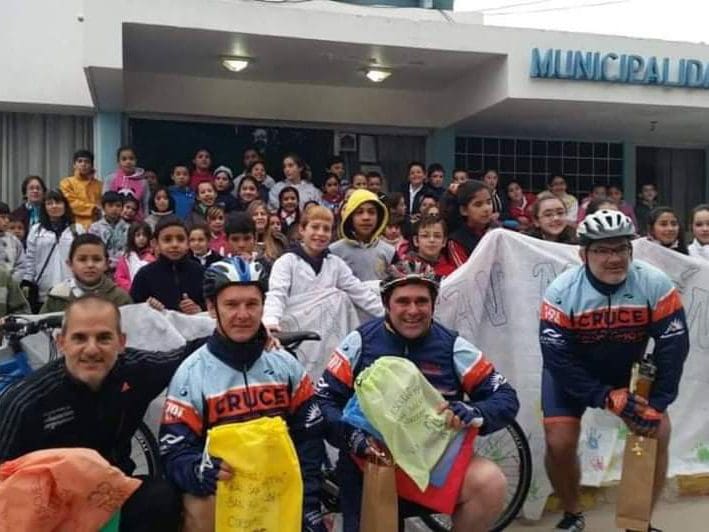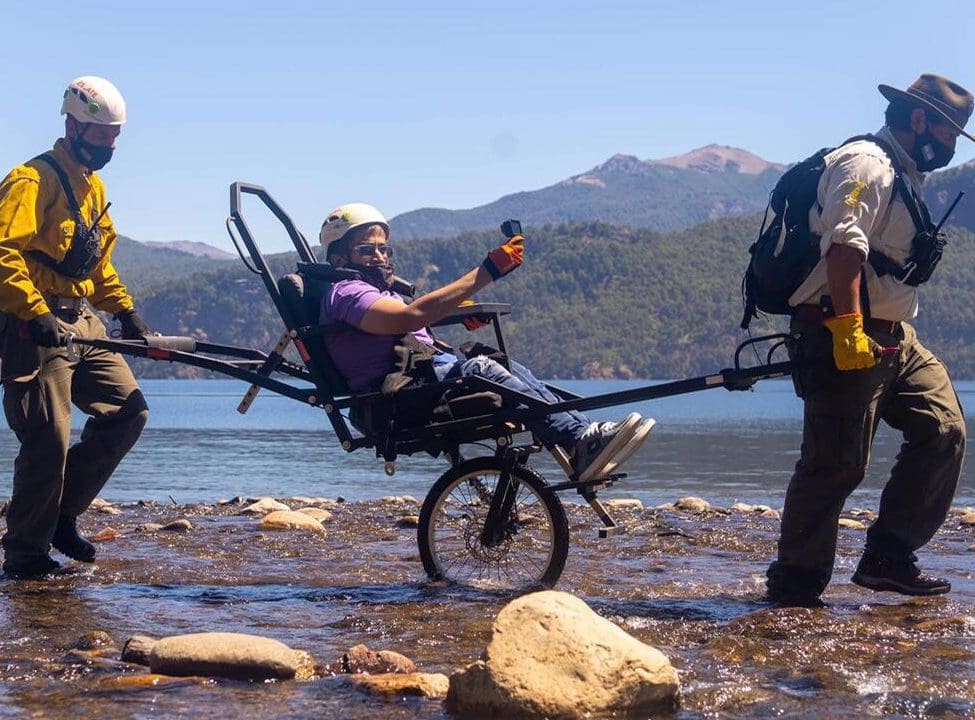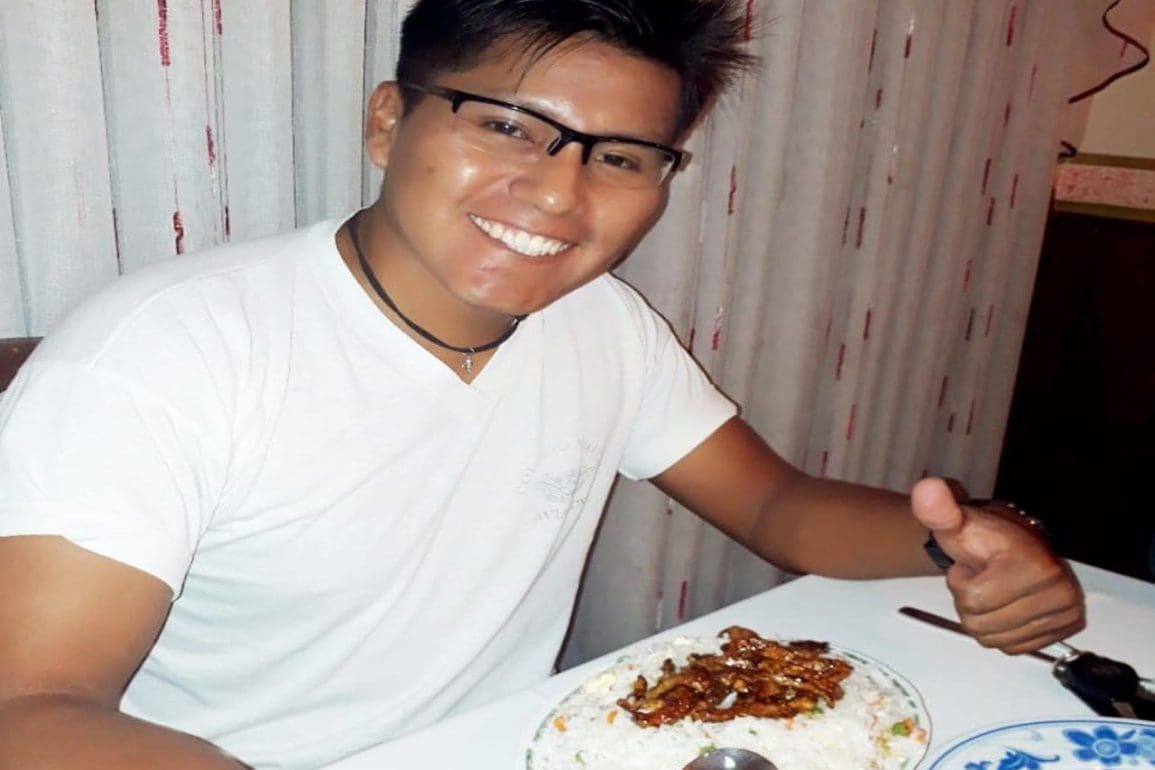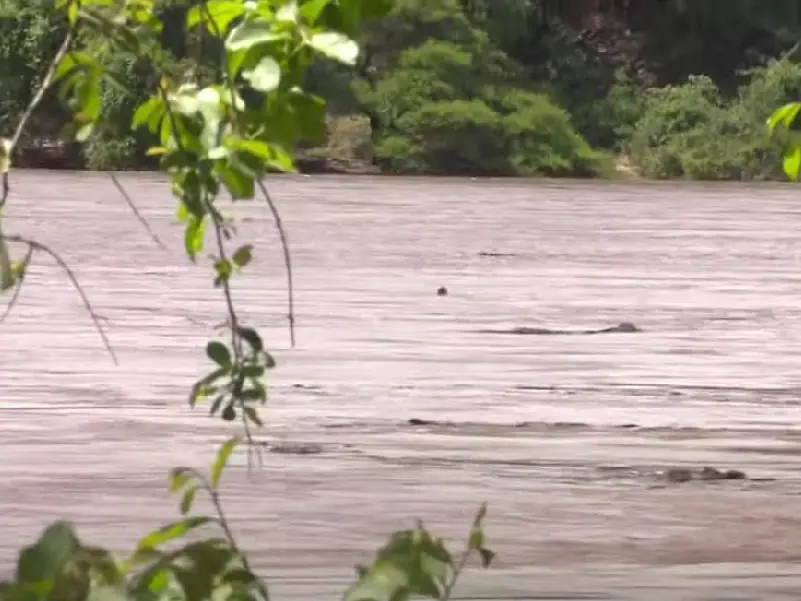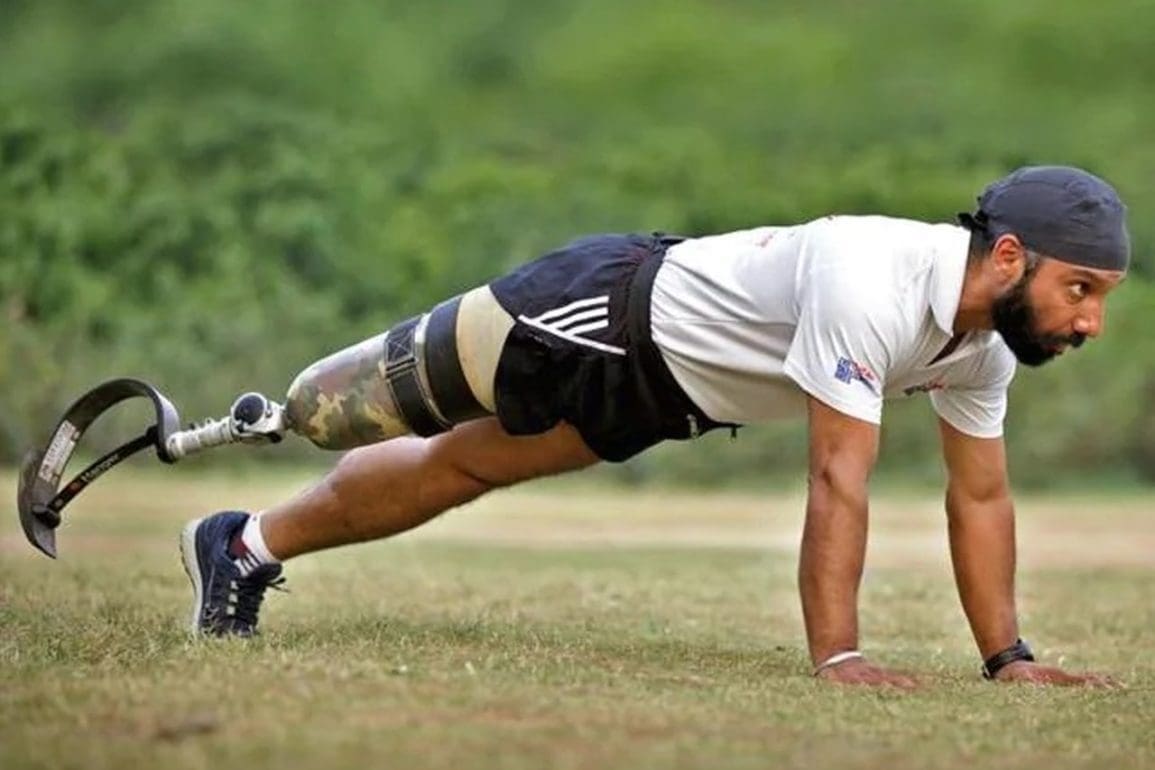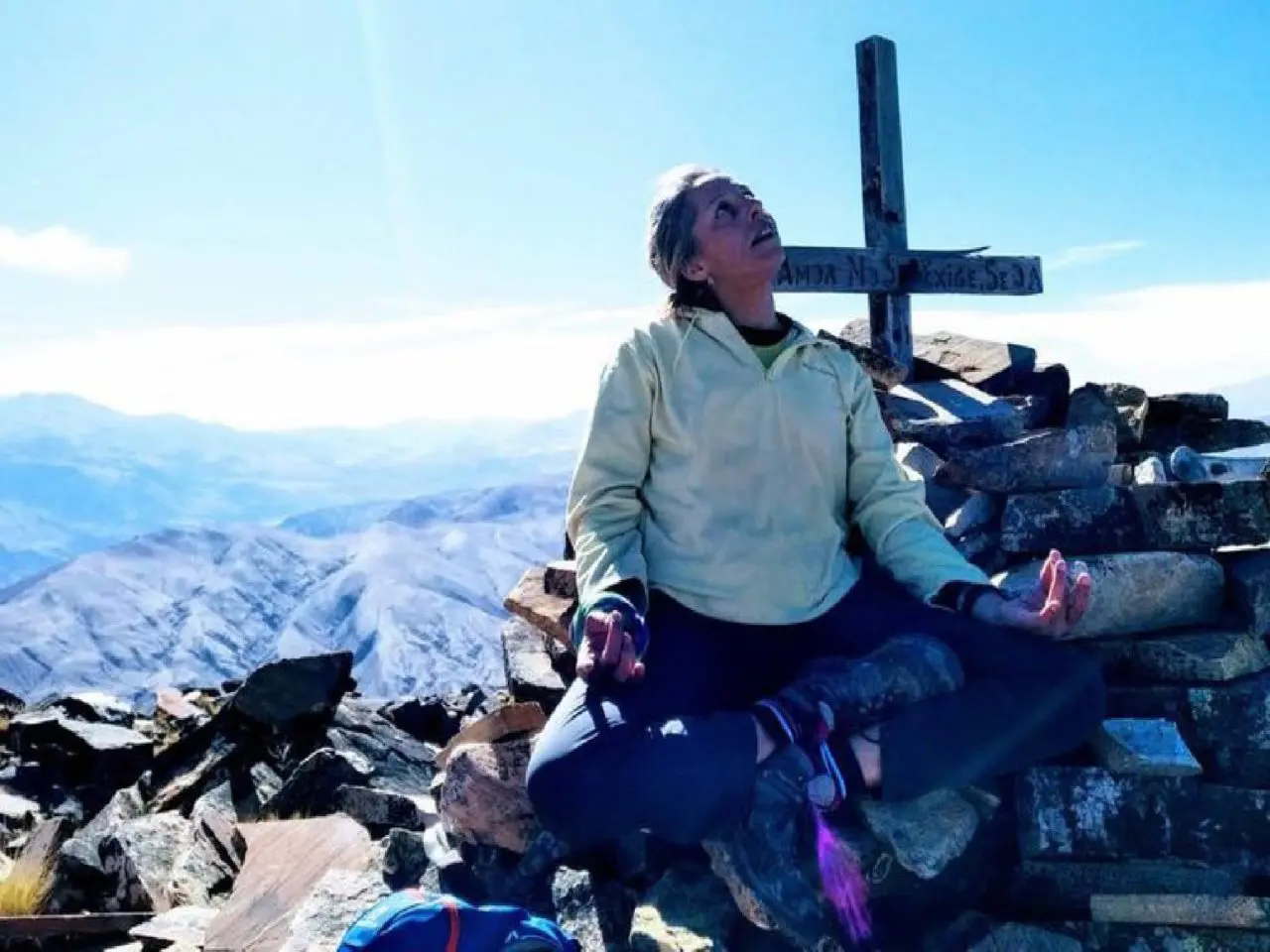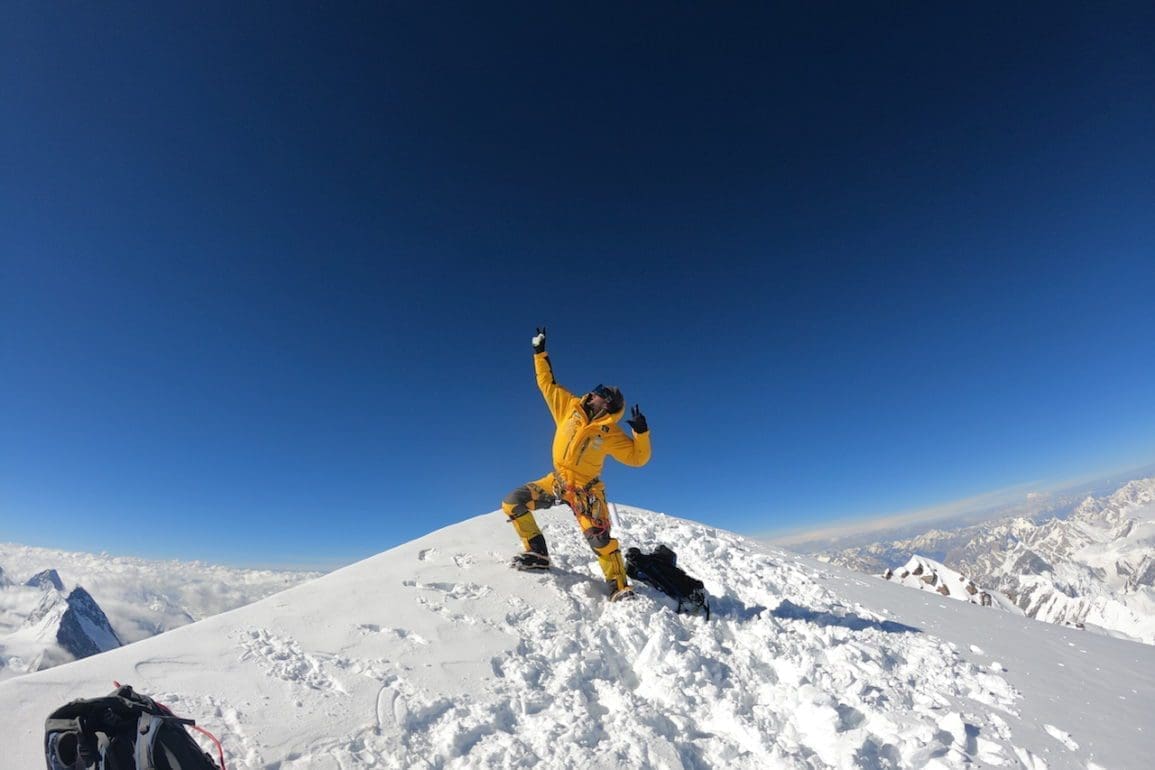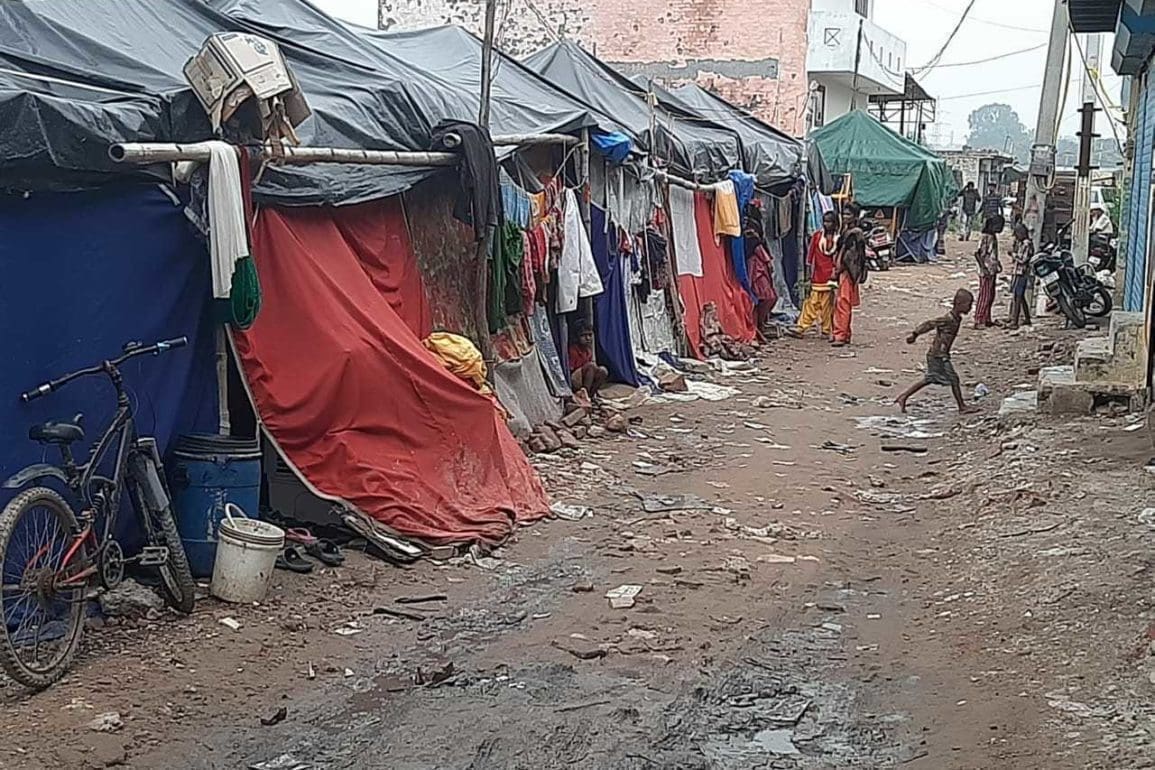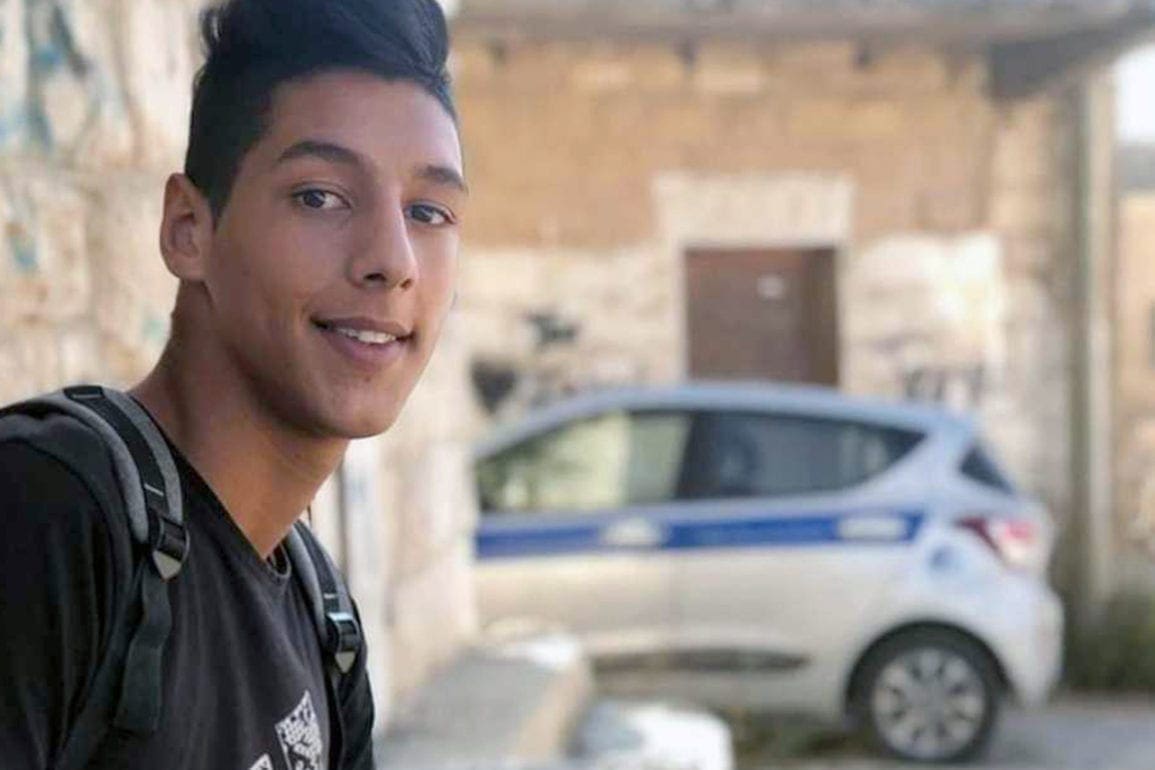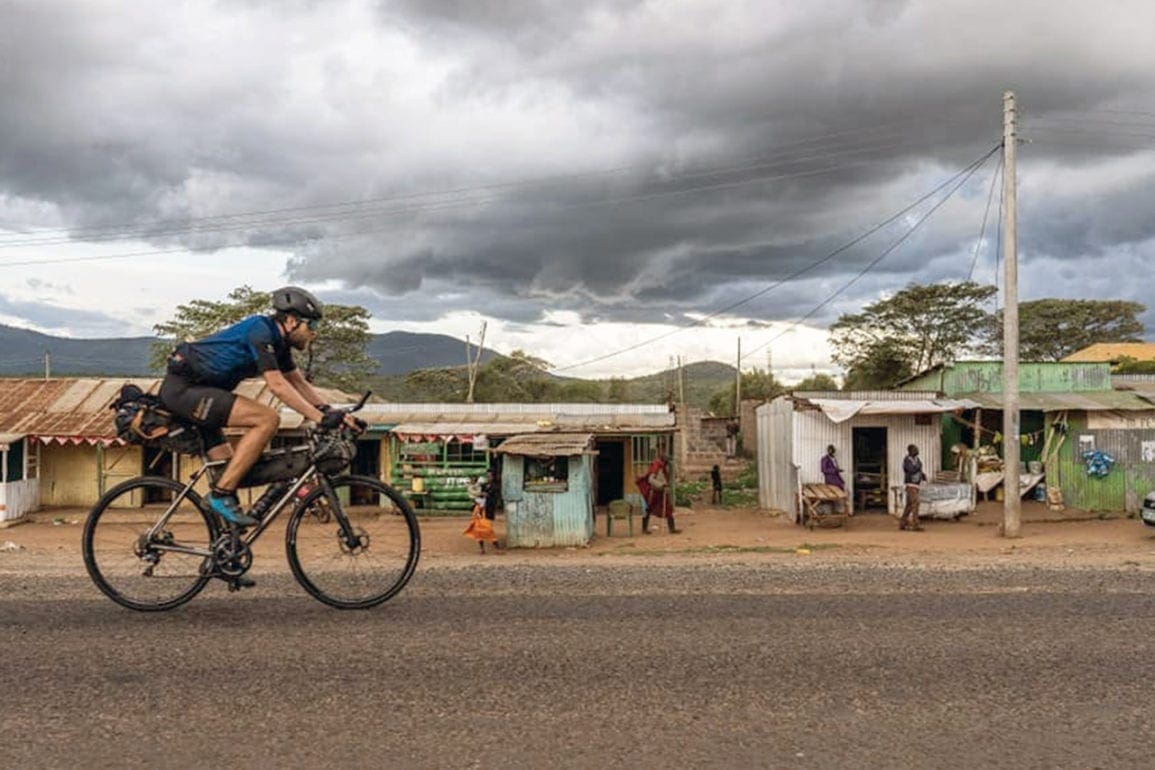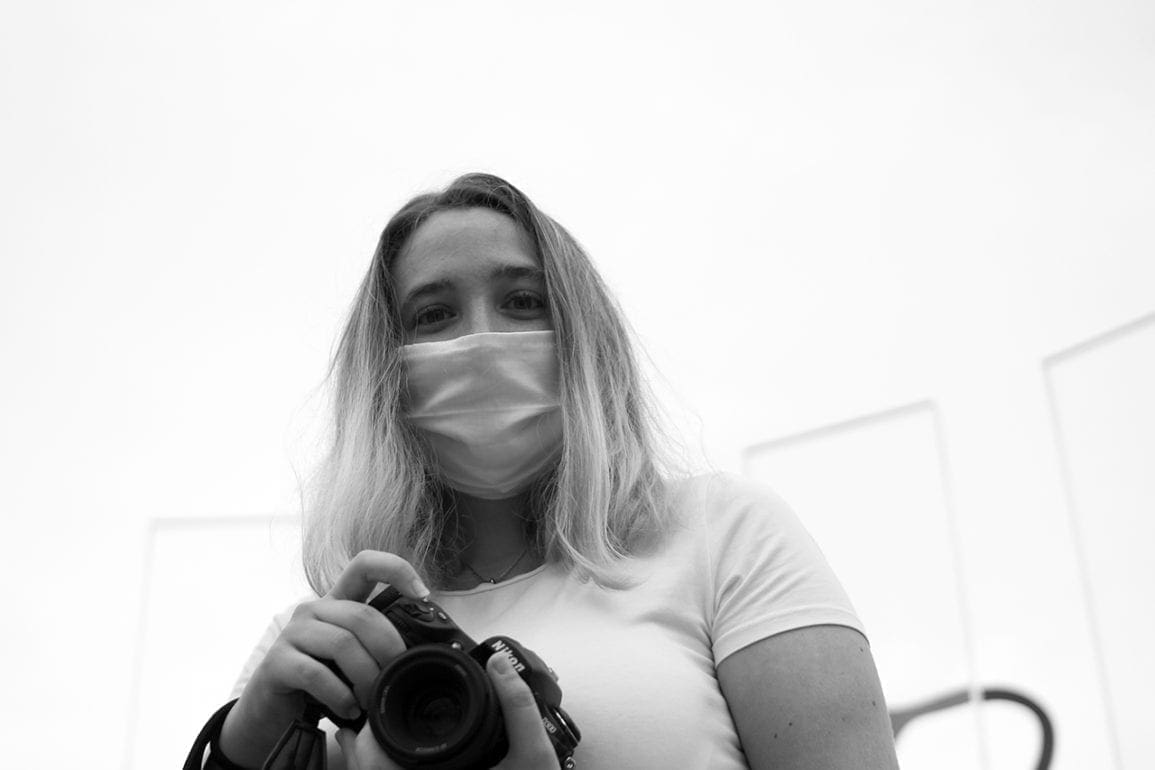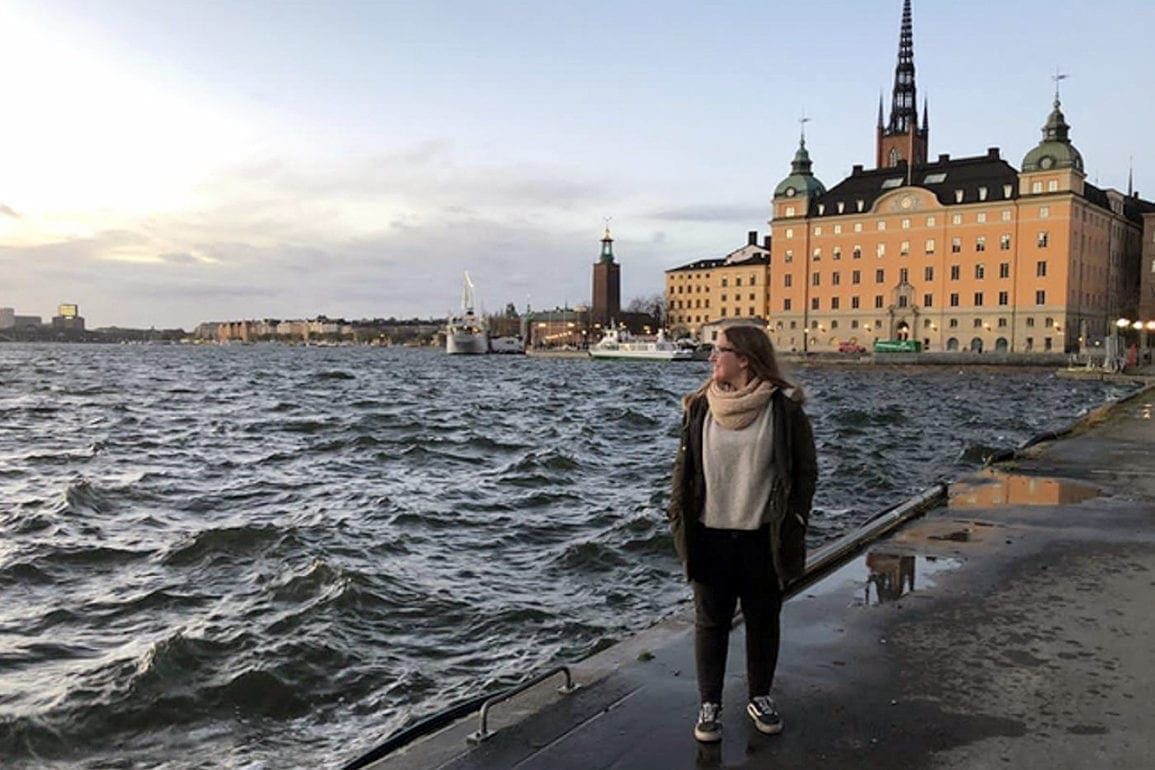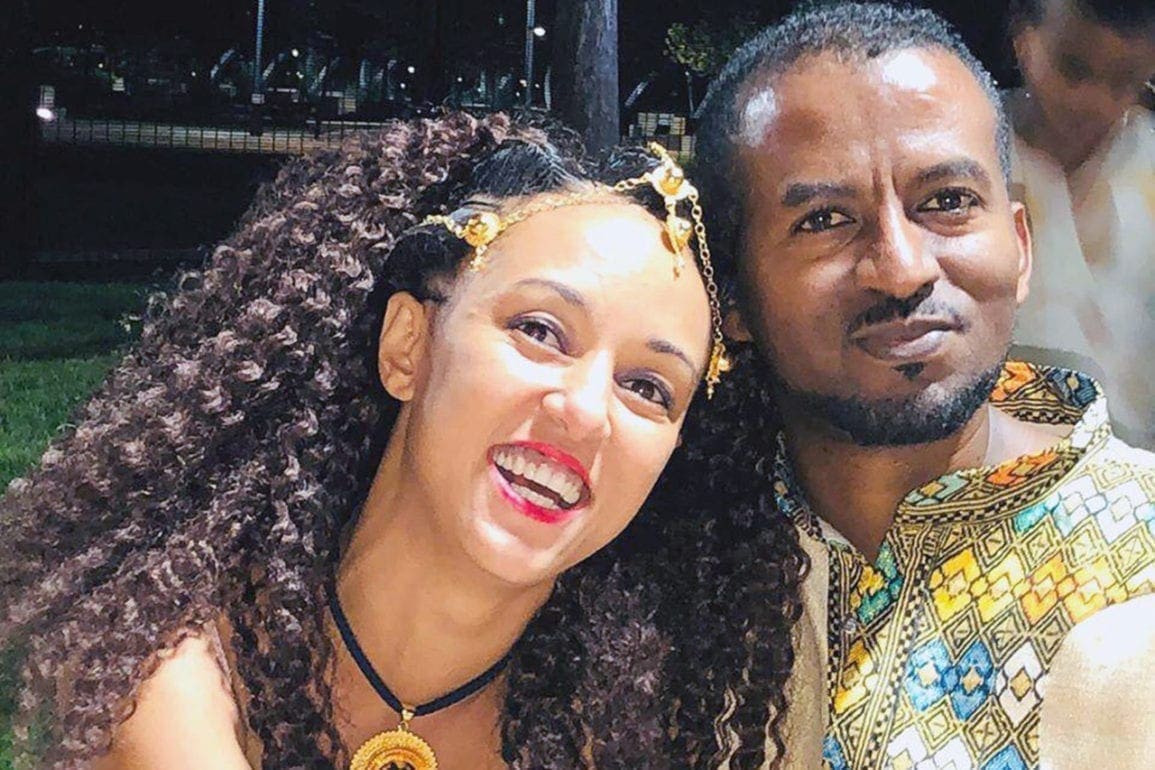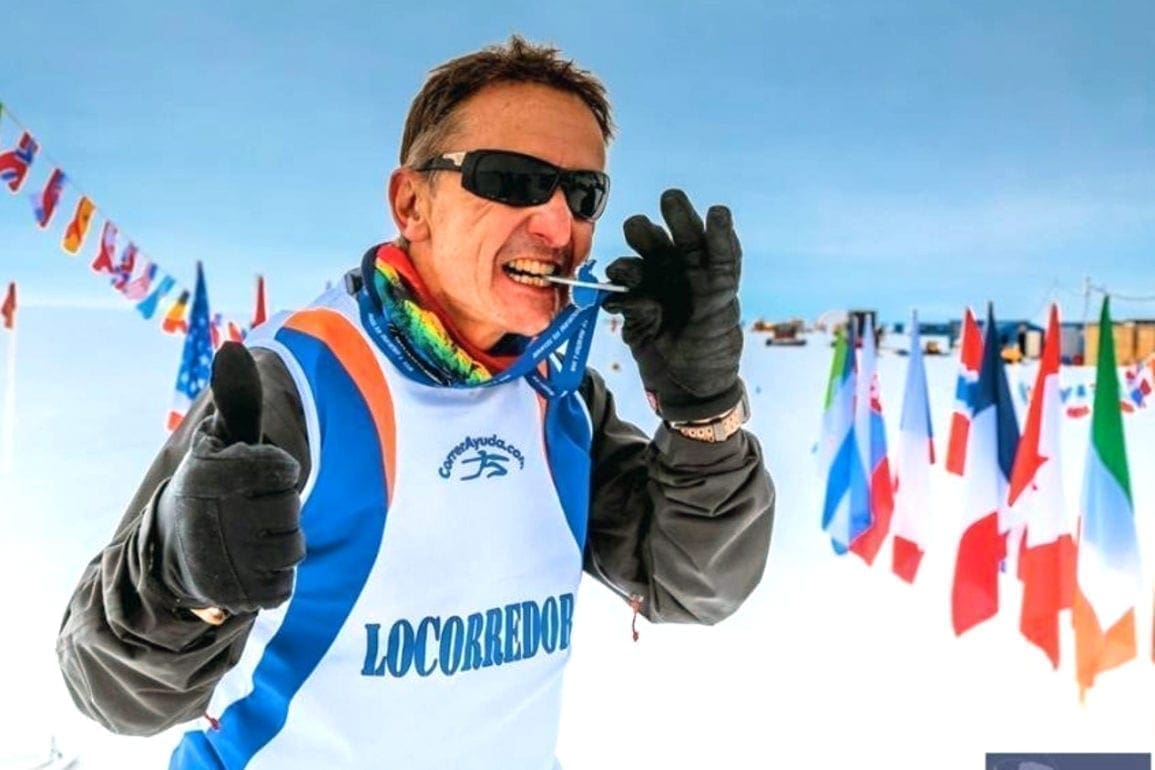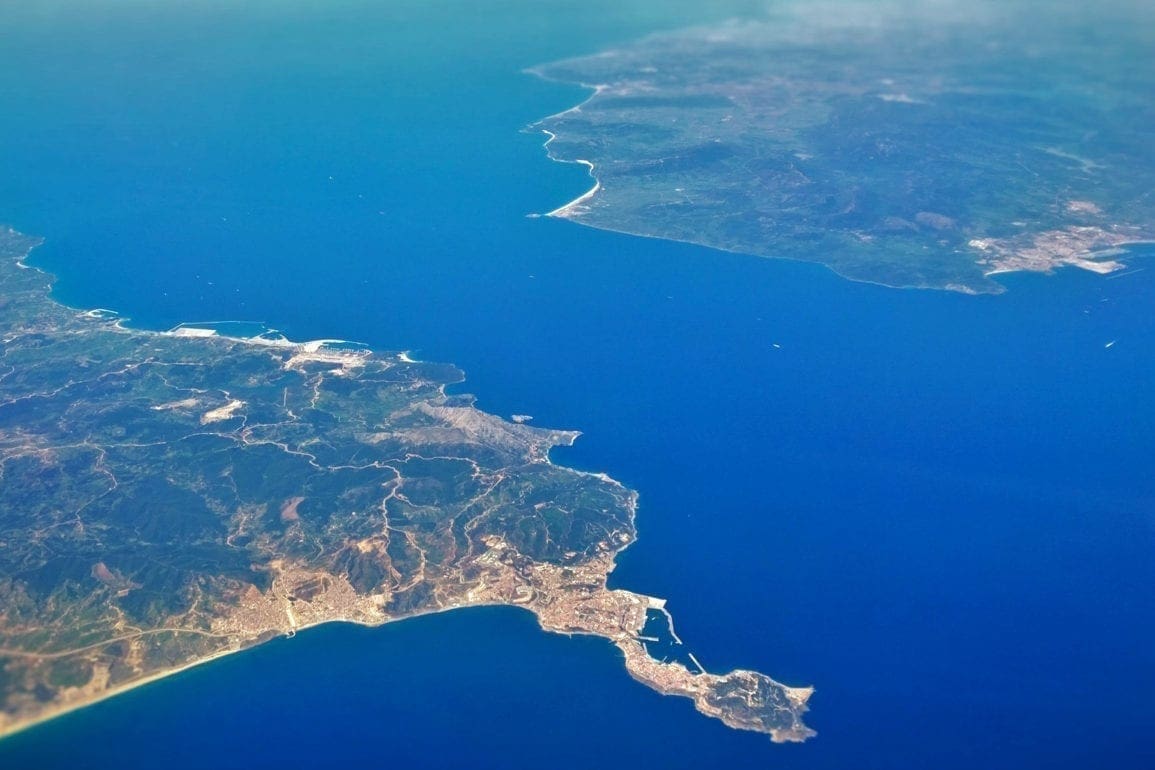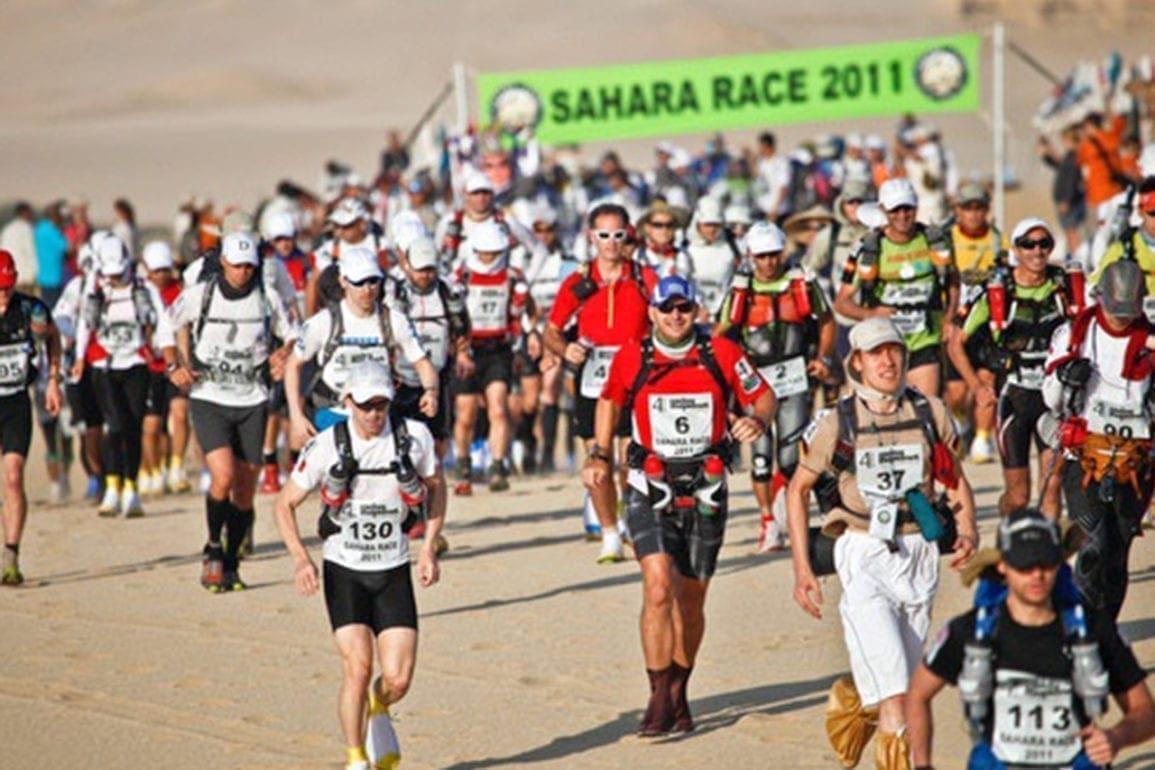Michelin-star chef transforms luxury cuisine into lifesaving meals for refugees in Greece and war-weary citizens in Ukraine
One day, we embarked on the two- and half-hour drive to Lviv to transport medicine. The streets filled with the smell of gunpowder. Barricades and rubble lay everywhere, creating a desolate scene. We used a small, fast car with a makeshift Red Cross logo to avoid trouble with robbers.
- 1 year ago
August 21, 2024
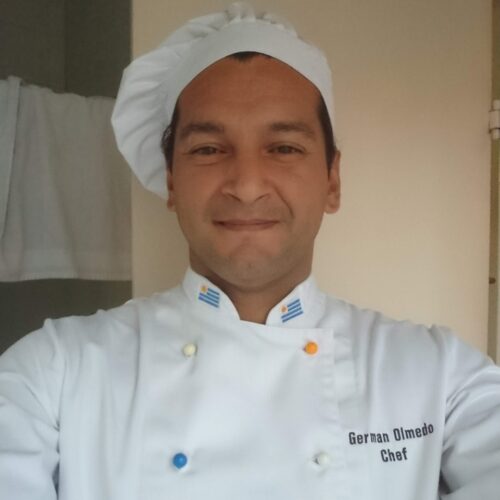
STOCKHOLM, Sweden — In 2015, my career as a seasoned chef serving elites in luxury hotels took a profound turn. During the height of the migration crisis in Greece and Italy, I saw a haunting image in the newspaper of a lifeless child lying on a Greek beach. This tragic sight compelled me to volunteer using the 1,000 euros I won in bingo in Madrid. Immediately, I packed my traveler’s backpack and headed to the large refugee camp at the Port of Piraeus in Greece.
Upon arrival, I witnessed one of the most heart-wrenching scenes of my life. Thousands of people lived in fragile makeshift tents, deprived of necessities like clothing and food. The atmosphere felt heavy with idleness and despair. I approached the volunteer leader at the refugee camp and asked, “How can I help?” He looked at me and asked, “What can you do?” I replied, “Cooking,” and he smiled. Without delay, I started cooking for the refugees with whatever supplies and donations were available.
Read more Arts & Culture stories at Orato World Media.
Man overcomes food allergies to become sushi chef
At birth, I swallowed amniotic fluid [a clear, slightly yellowish liquid that surrounds the unborn baby during pregnancy]. This caused depression in my lungs and led to allergies to certain foods like oranges, strawberries, and chocolate. As a child, I found eating delicious foods difficult and restrictive. While other children enjoyed large amounts of chocolate eggs during Easter, I settled for simple jelly.
Despite my curiosity about the flavors everyone raved about, the mystery lingered until my teenage years. As puberty and its accompanying hormonal changes arrived, my allergies faded, and I finally savored these tastes. This pivotal moment fueled my passion and curiosity for food and flavors. I felt like an explorer, embarking on a journey through the vast world of tastes.
In 2001, after graduating as a chef, I left Uruguay with my degree in hand and headed to Sweden in search of better job opportunities. There, I opened many doors and entered a new world. I worked in renowned sushi kitchens, where famous and knowledgeable chefs generously taught me. Initially, I took on the task of washing and separating broken grains from kilos of rice. Later, I assisted the chefs in preparing the dishes.
In 2004, I returned to Montevideo, the capital of Uruguay, and spent several seasons working in prestigious restaurants in Punta del Este. During this time, I specialized as a sushi chef, a profession that was quite exotic for the region back then.
At a young age, man joins Swedish Nobel Prize kitchen team
When I returned to Sweden during the summer, I worked on a small island called Gotland. There, I met an English chef who had participated in the Nobel Prize dinners. Thrilled by the opportunity, I expressed my interest in working with him. Finally, at 23 years old, I joined the kitchen staff for the Swedish Nobel Prizes.
As I entered the banquets, I could hardly believe the experience. The scene resembled something out of a movie. Distinguished guests from various fields filled the room. The tableware was adorned with shiny gold trimmings, and crystal glasses sparkled with the slightest light. Gold-plated cutlery added to the overwhelmingly luxurious and ostentatious atmosphere.
Every December 10, we hosted a dinner to commemorate Alfred Nobel, welcoming winners, the president, kings, and high officials. However, we did not limit Nobel dinners to this single event each year. We also organized themed banquets for 300 guests, honoring previous Nobel laureates like Gabriel García Márquez from 1982 and Marie Curie from 1903.
As we researched and prepared each dinner, it felt like embarking on a historical journey. We replicated the same menus and settings, delving into recipe books from that era. Turning the pages, we savored the flavors that award-winning figures enjoyed. This experience bridged the past and present with magic.
A chance win, a bingo promise, and a heartfelt mission: man cooks food for refugees in Greece
Years later, one afternoon in Madrid, Spain, I sat in a restaurant, unaware that a life-changing event awaited me. I enjoyed a cool drink in the summer heat, with money tucked into my phone case for safekeeping. With my phone battery low, I asked a waiter to charge it. When I retrieved my phone, I discovered someone had stolen the money. Anger clouded my mind, and finding no resolution, I walked around the city to calm down.
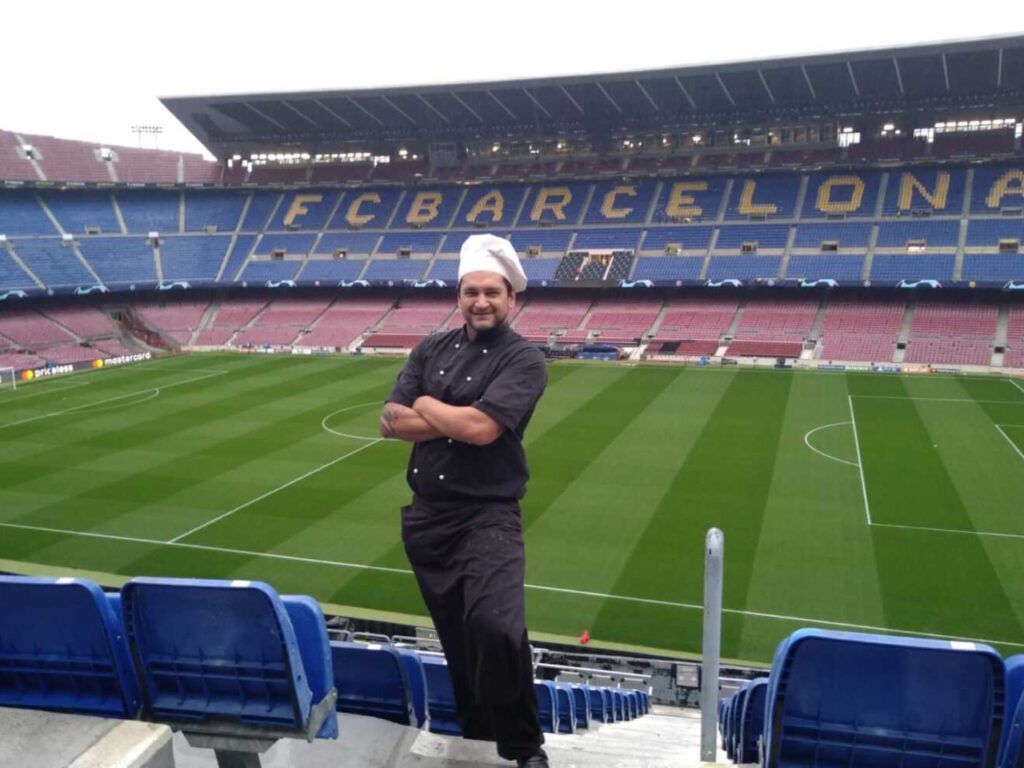
As I explored the city, I stumbled upon a betting machine and won 20 euros. Encouraged by this small win, I later discovered a bingo hall and decided to bet my winnings, feeling I had nothing to lose. To my astonishment, I won 1,000 euros with the number 54. Excited, I shouted so loudly, I imagined people on another continent could hear me. Surprised, I committed to using the money to help someone in need.
During the 2015-2016 migration crisis, which affected countries including Greece and Italy, I decided it was time to fulfill my bingo win promise and volunteer. Promptly, I traveled to the Port of Piraeus in Greece, where a large refugee camp was located. As I prepared food for the children, their enjoyment touched me profoundly.
Initially, communication was challenging since most refugees did not speak English, but the universal language of food bridged the gap. Sometimes, after finishing their meals, the children banged their spoons on their plates in unison. They expressed their gratitude and called me out of the kitchen. I cried as I saw their smiles, feeling immense joy.
Encountering chaos and life-saving moments in refugee camps
I spent over six months in Greece, cooking and managing food donations for more than 1,800 people daily. At the refugee camp, I often heard excited shouts as some believed the borders opened. Chaos erupted in the camp as people rushed to see what happened. Sadly, every time I witnessed this scene, the borders remained closed.
Besides volunteering in Greece, I also spent time in Italy, where migration often comes from the sea, particularly to the island of Sicily. I also traveled to Serbia, where the so-called Balkan Route serves as a crossing point for those leaving Turkey and aiming to reach Europe through non-European countries.
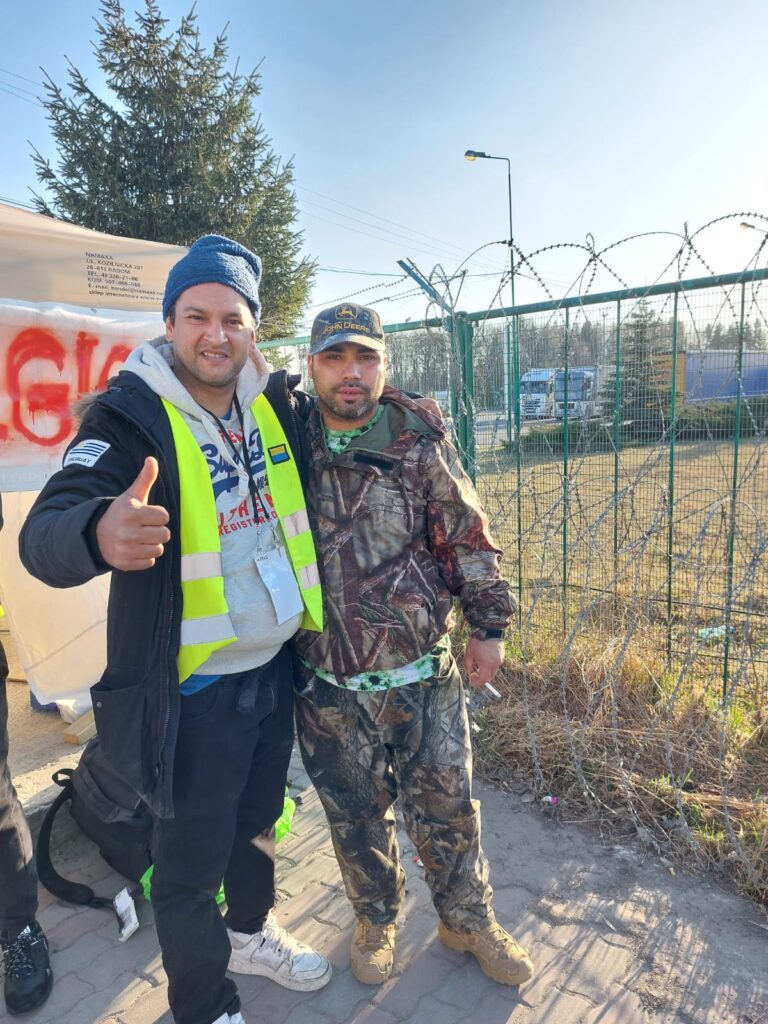
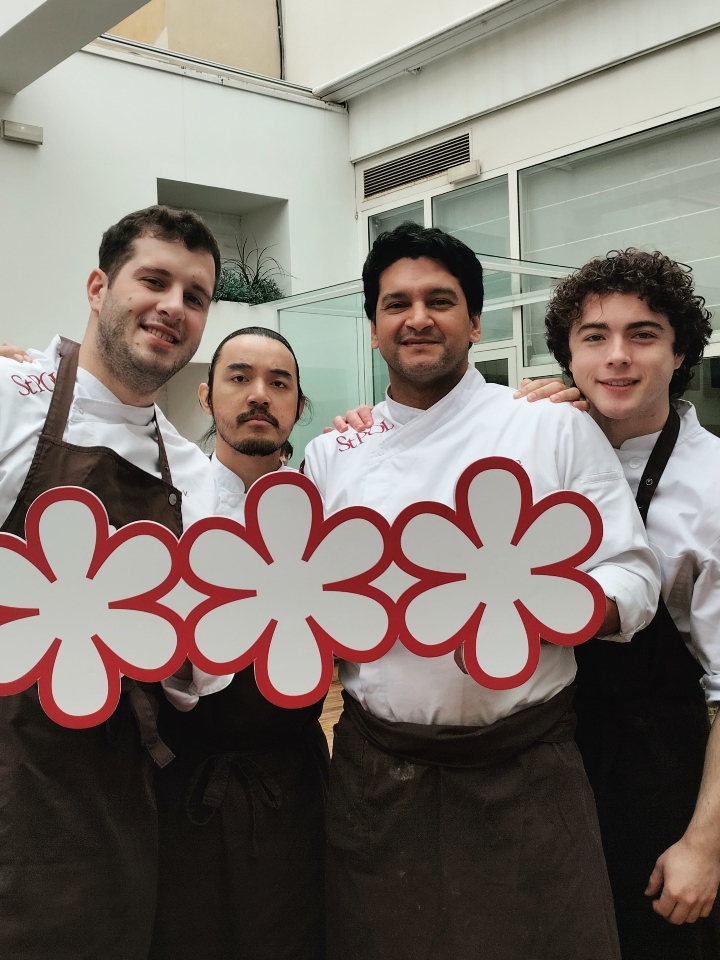
One day, while in the kitchen with a ladle in hand, stirring food in a huge pan, a woman approached me. She said she felt unwell. Pregnant, this woman started bleeding heavily. Her pale and haggard appearance immediately signaled that something was wrong. I asked her to wait while I ran for help.
Hours passed without finding anyone, and she continued to bleed heavily, unable to bear the pain. Eventually, I found someone at a nearby hospital. I carefully carried her in my arms, got into a cab, and took her to the hospital, where the doctors managed to save her life. They told me if more time passed, she would not have survived.
Leaving the refugee camp and returning to my regular life proved challenging. The stark contrast made reintegration difficult, and moving on required psychological resilience. It is essential to understand that while I left, the reality and suffering of the refugees continued. I believe I am still learning to live with that.
Cooking in Ukraine: chef provides vital aid to refugees amid harsh war conditions
Returning to Spain, I cooked in embassy kitchens and even at the Barcelona soccer club Camp Nou. Preparing meals for elite individuals, I felt strange around their luxurious lifestyles, fancy clothes, and expensive dishes.
In 2022, when the war between Russia and Ukraine broke out, I packed my backpack and left everything behind. I flew to the border between Ukraine and Poland. There, I cooked for an organization in a refugee camp. Soon, I noticed a severe shortage of medicine. Realizing the deteriorating situation, I leveraged my contacts to organize a convoy to bring in the needed supplies.
One day, we embarked on the two-and-a-half-hour drive to Lviv to transport medicine. The streets were filled with the smell of gunpowder. Barricades and rubble lay everywhere, creating a desolate scene. We used a small, fast car with a makeshift Red Cross logo to avoid trouble with robbers. The medicine, including adrenaline, fentanyl, and insulin, proved highly valuable on the black market, making us targets.
During one of these trips, a car suddenly cut us off. I braked hard to avoid a collision but could not stop completely. My heart raced as the car, pretending to be the police, tried to stop us. Without weapons or bulletproof vests, we felt vulnerable. I gripped the steering wheel tightly, accelerated, and maneuvered around the car in front of us. Fearing they might shoot at us, I drove with urgency, but fortunately, we escaped unharmed.
From Disfrutar’s Michelin star to Sweden’s Ice Hotel: a remarkable career for the chef
Upon returning to Spain from Ukraine, I pursued a master’s degree in culinary arts at the University of Girona, to advance to a doctorate in the same field. After completing my studies, I started an internship and eventually secured a position at Disfrutar, a renowned restaurant in Barcelona. In December 2023, we earned our third Michelin star [a restaurant of exceptional quality, offering an extraordinary dining experience]. The joy and pride I felt overwhelmed me, as it marked the culmination of countless hours of hard work.
The excitement did not end there. A few months later, we received the incredible news that Disfrutar claimed the top spot on the list of the 50 best restaurants in the world. I felt a sense of disbelief at how extraordinary my life had become.
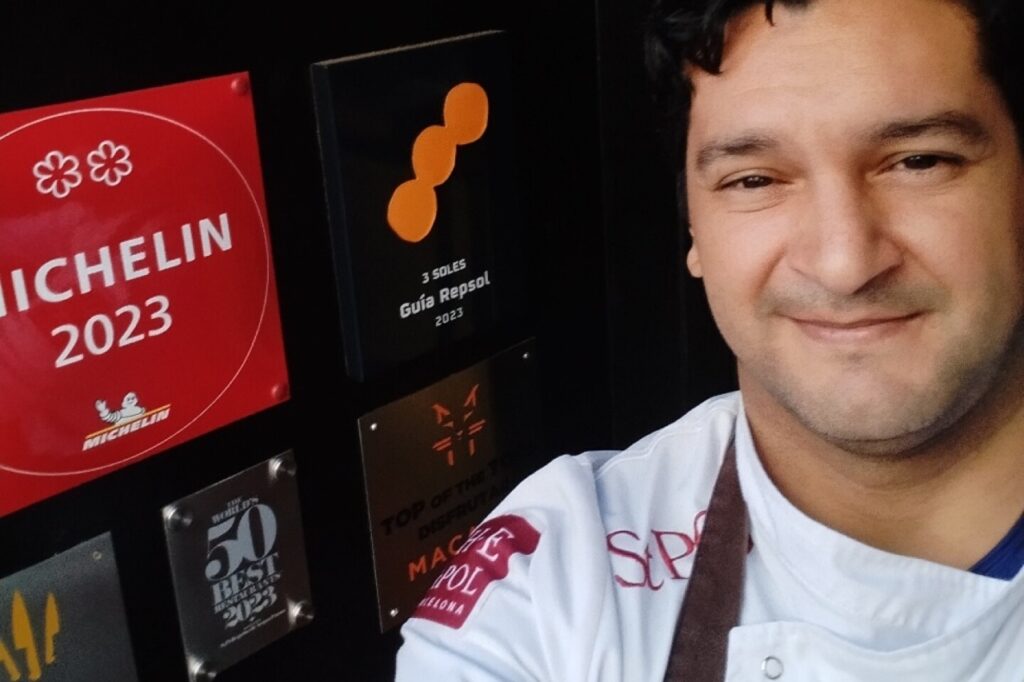
Following this achievement, I went back to Sweden and worked at the enchanting Ice Hotel near Kiruna, in a small village called Jukkasjärvi. This village, home to 900 people and 1,100 dogs, is where the first Ice Hotel in the world was established. Today, more than 30 years later, it remains the most visited and renowned of its kind.
Located 300 kilometers inside the Polar Circle, close to the North Pole, the Ice Hotel serves a major attraction for over 30 years. Each December, they rebuild the hotel using water from the Torne River, with each room designed by different artists and sculptors inspired by regional themes.
The Ice Hotel offers a menu based on local ingredients like moose, reindeer, and salmon caught from beneath the ice. The location is fascinating, featuring continuous daylight in summer and complete darkness in December. Working there provided me with a truly unique experience.
Chef’s journey unfolds from nights in ice hotels to days breaking Baltic Sea ice
While working at the hotel, I spent a night in a room where even the bed was made of ice. Guests received a thermal sleeping bag before entering, as the room’s temperature dropped to a chilling -12 °C. The thermal bag’s warmth caused my body to sweat during the night, so I should have slept in a t-shirt. Ignoring this advice, I feared getting cold. My sweat ended up turning into ice, making me feel like I was freezing. Thankfully, I quickly jumped into a hot jacuzzi and recovered.
I felt the night’s highlight as I watched the aurora borealis light up the sky. The vibrant colors of the sky created a supernatural spectacle that changed my life. While working there, I also saw the hotel melt back into the river during summer, demonstrating its complete sustainability. Even the glasses and plates made of ice ensured no waste. It felt like a fairy tale, where everything vanished with the arrival of warmth, leaving no trace behind.
After this unique experience, I joined an icebreaker ship. At present, I work on board, navigating the route from Stockholm to Helsinki through the Baltic Sea. The journey through the sea ice feels incredible. Starting in November, ice sheets rapidly thicken, with the most significant growth occurring in northern Sweden and Finland.
While I sleep, I feel the ship’s bow breaking and sweeping over large masses of ice, sometimes as big as soccer fields. The cracking and crashing sounds accompany the rumbling and shaking of the ship. It can be quite terrifying, especially for someone like me who grew up with the story of the Titanic and its iceberg.
The landscapes are majestic, and I spend long hours watching them in my spare time. As I take deep breaths, I fall in love with them. All these experiences have shown that I am constantly on the move. Every place and space I visit becomes a cherished chapter in the ongoing story of my life.

